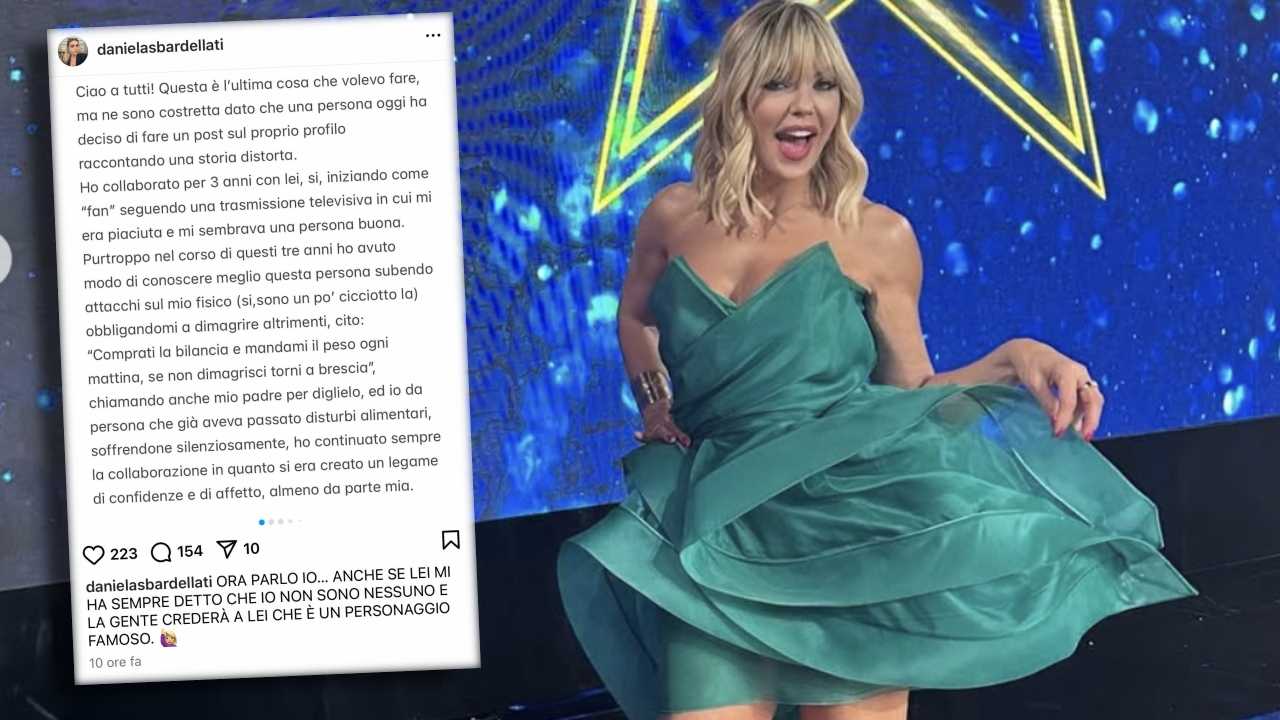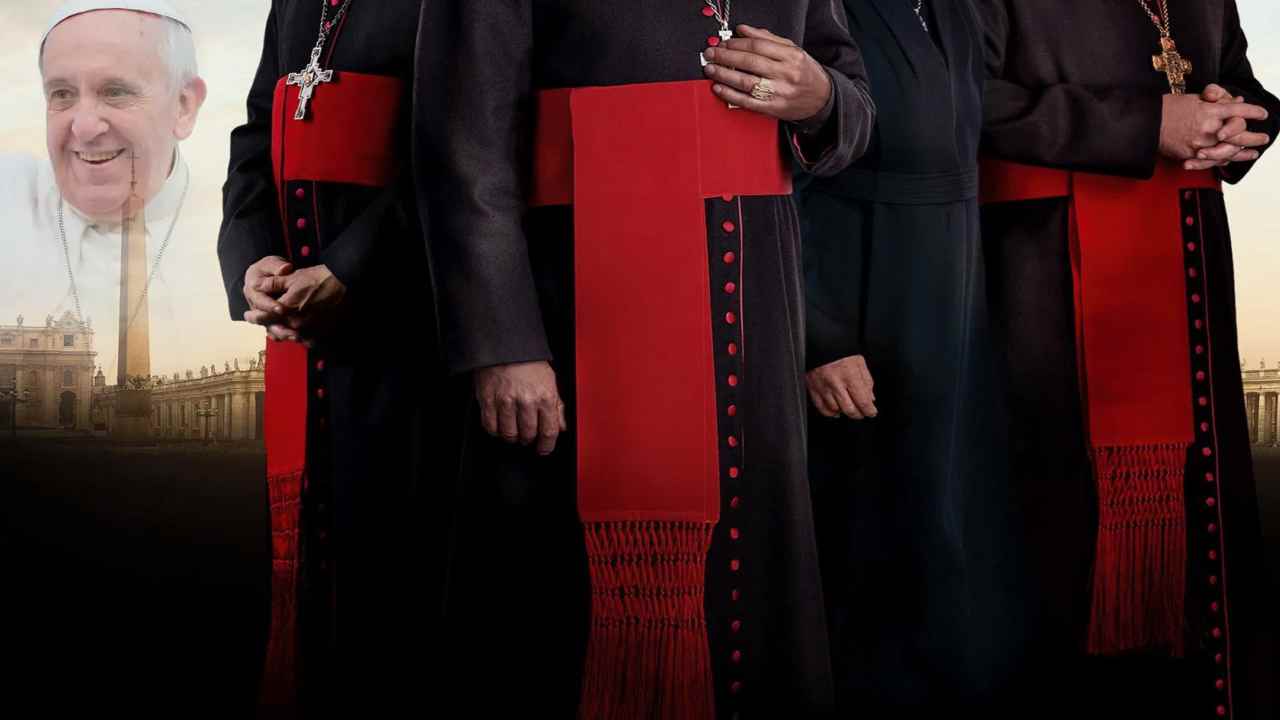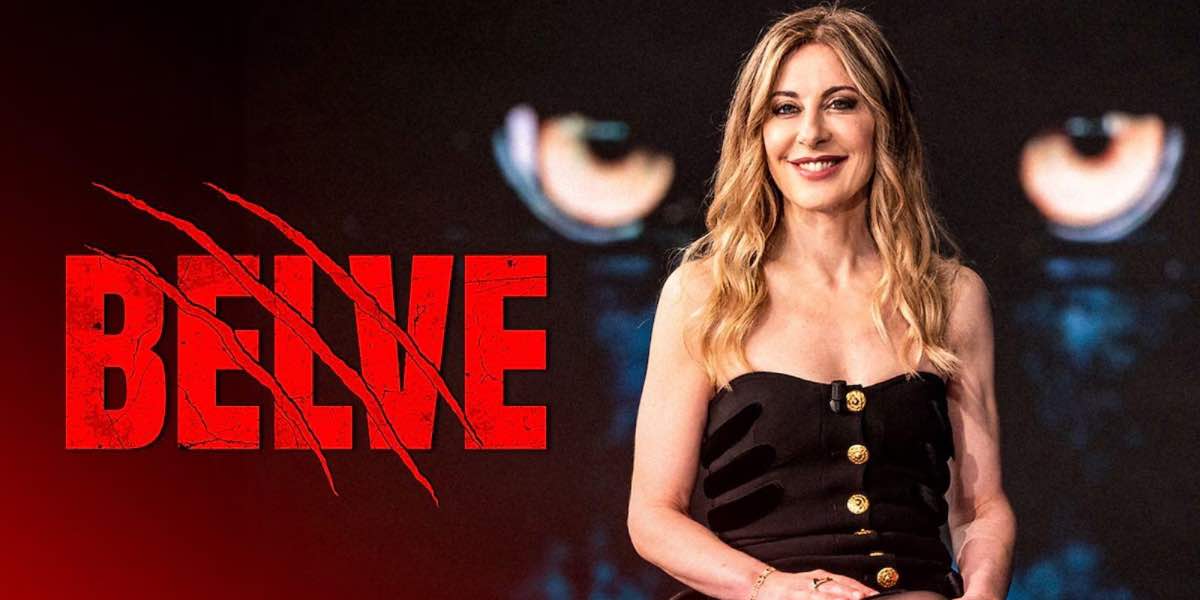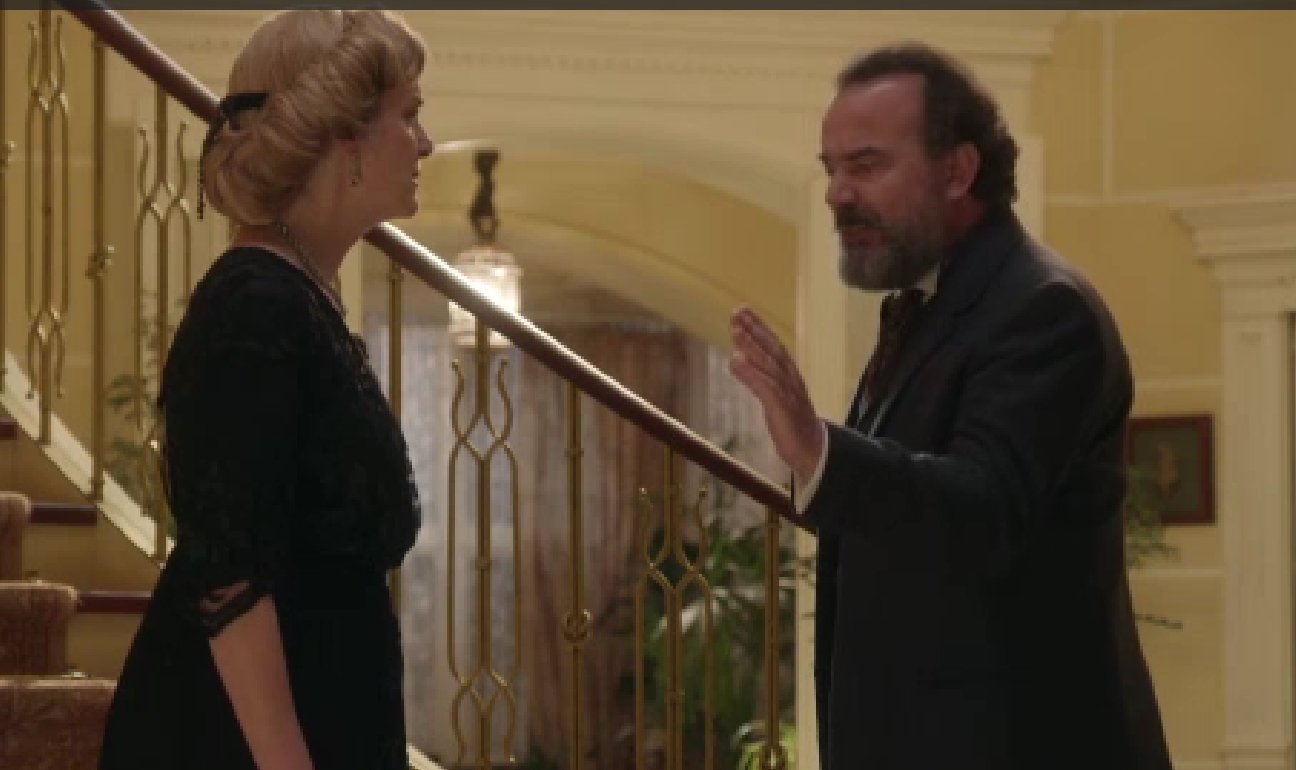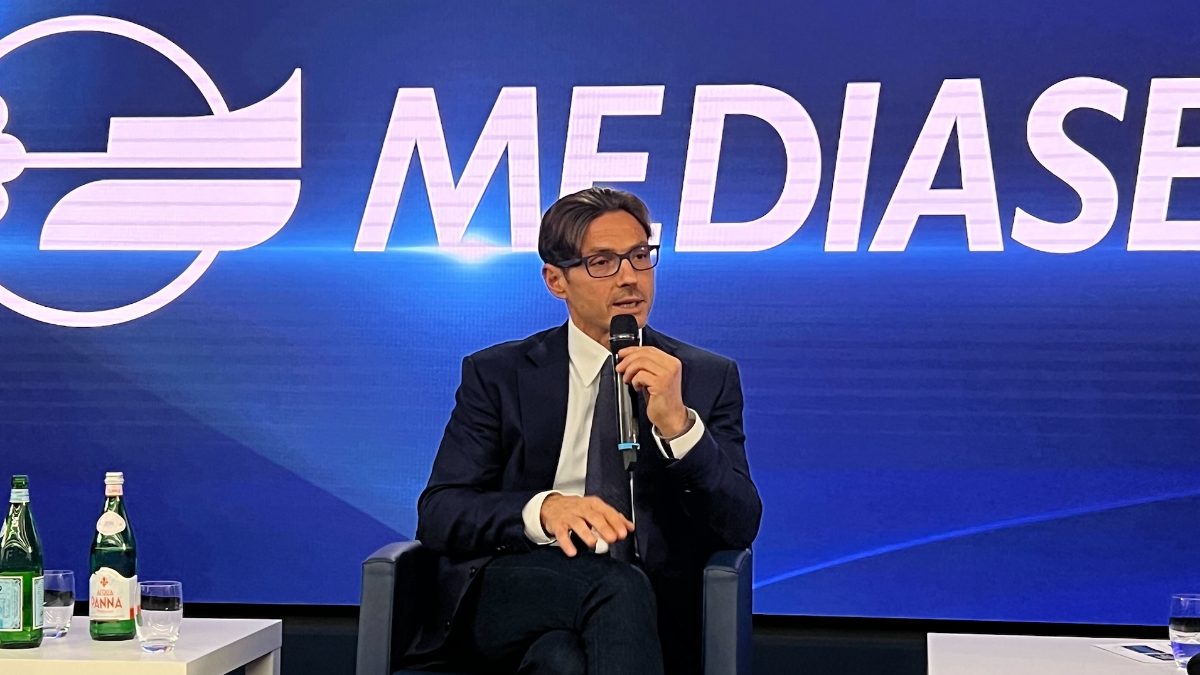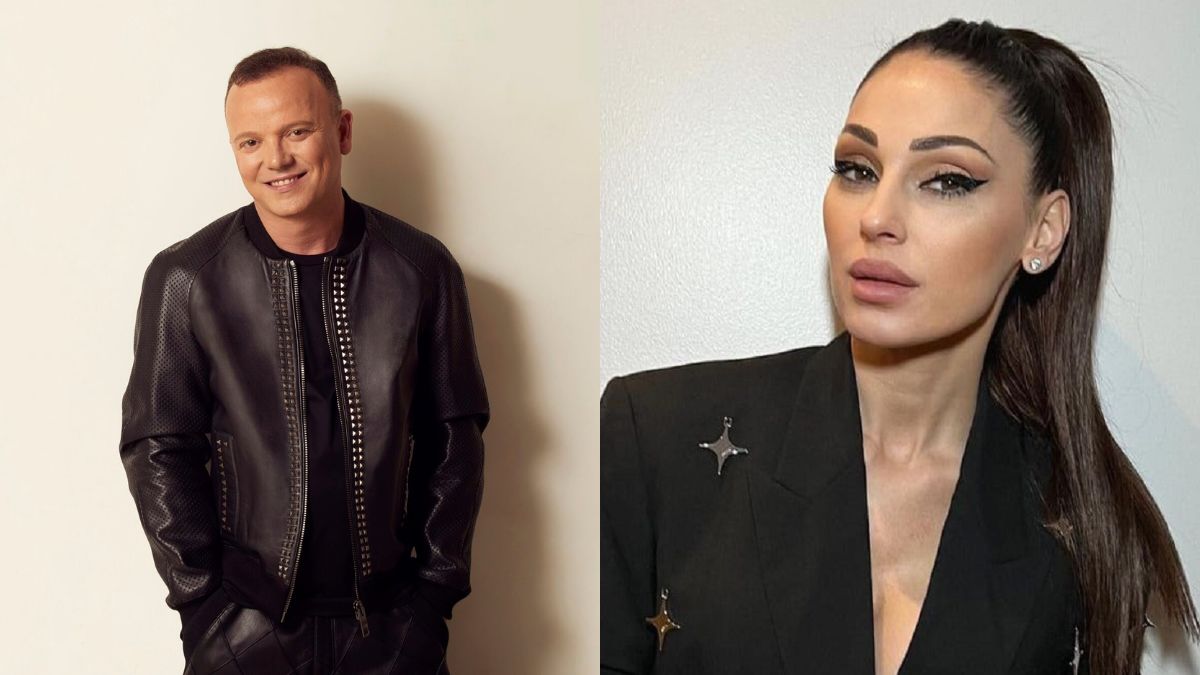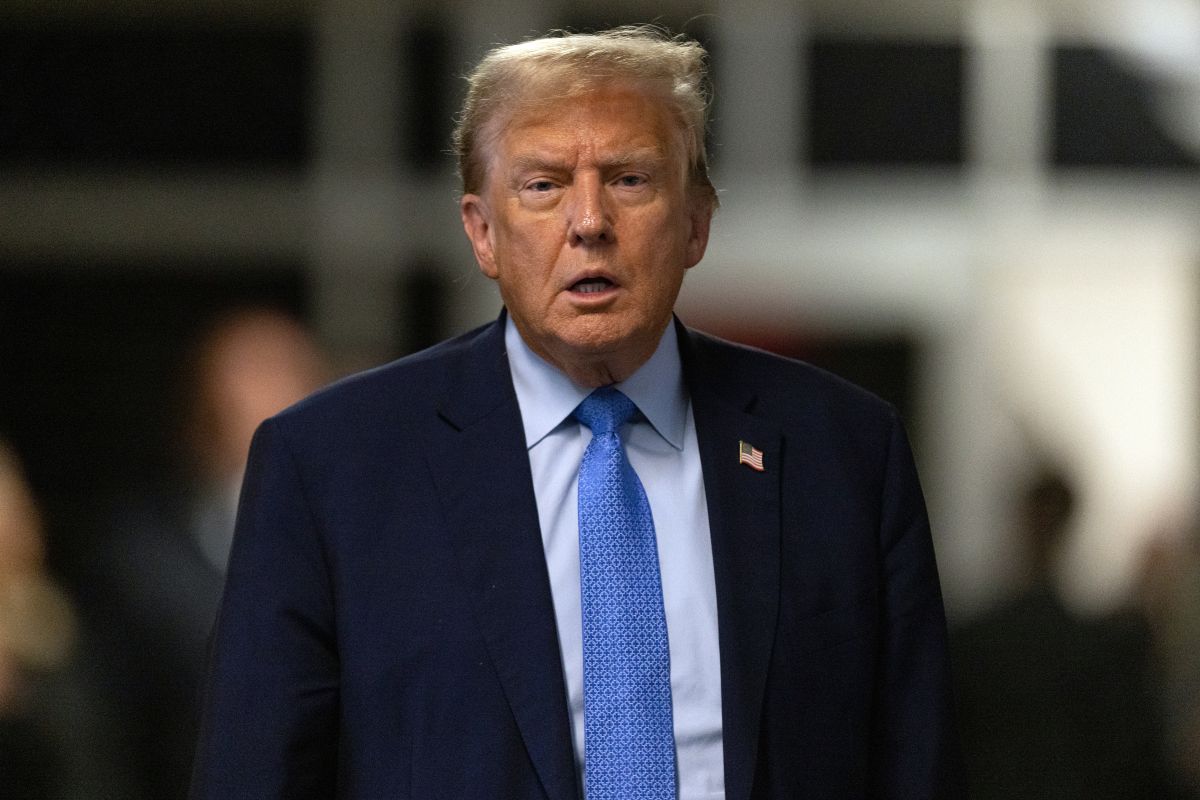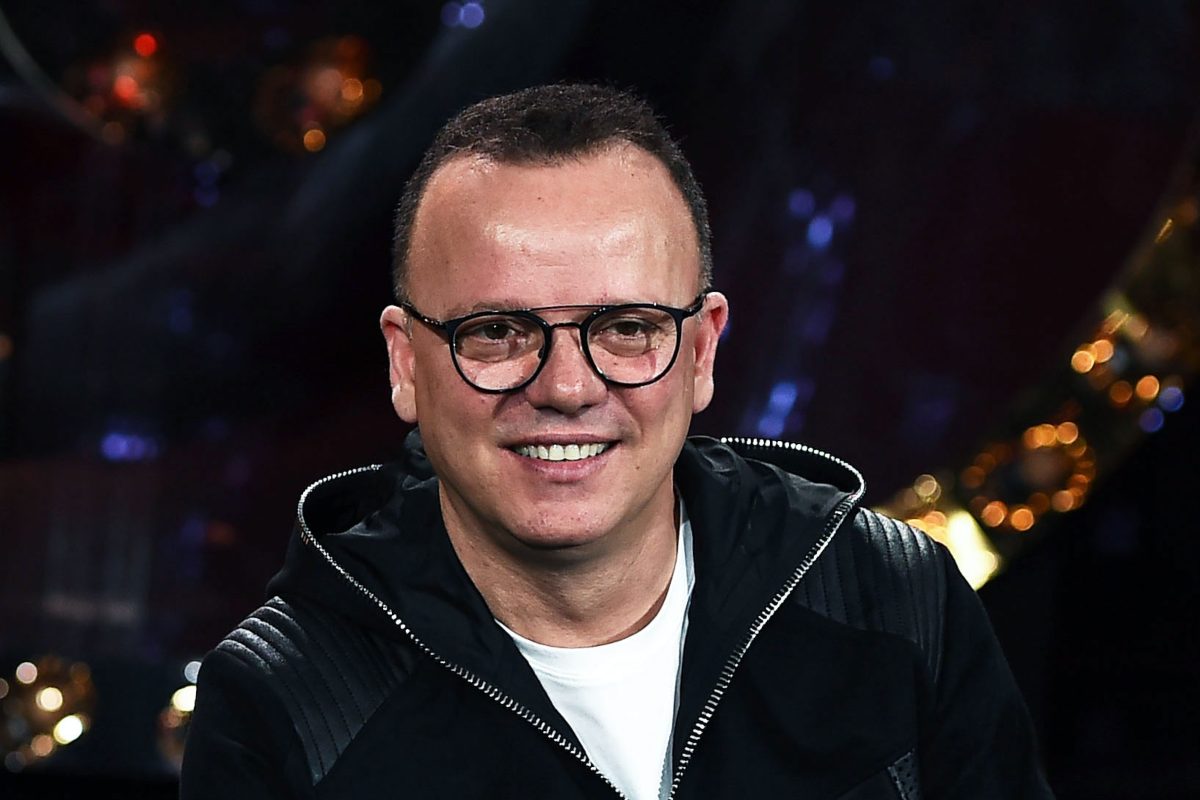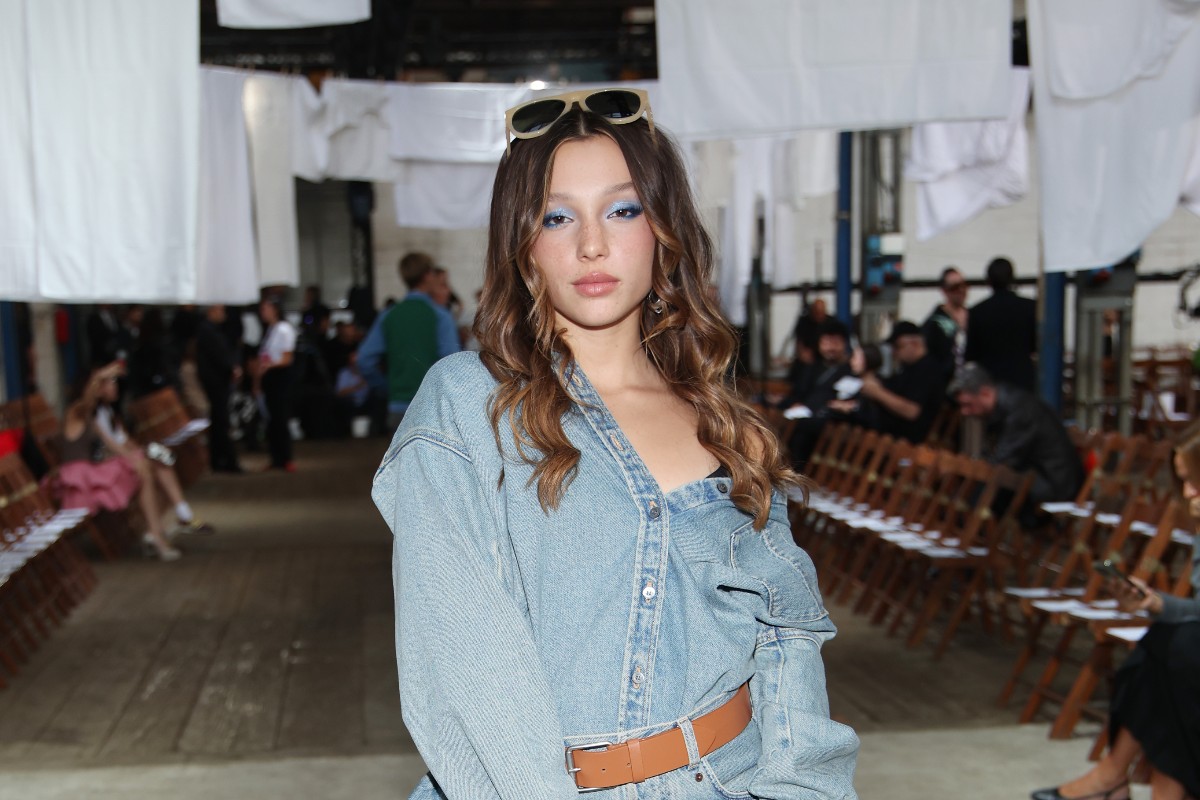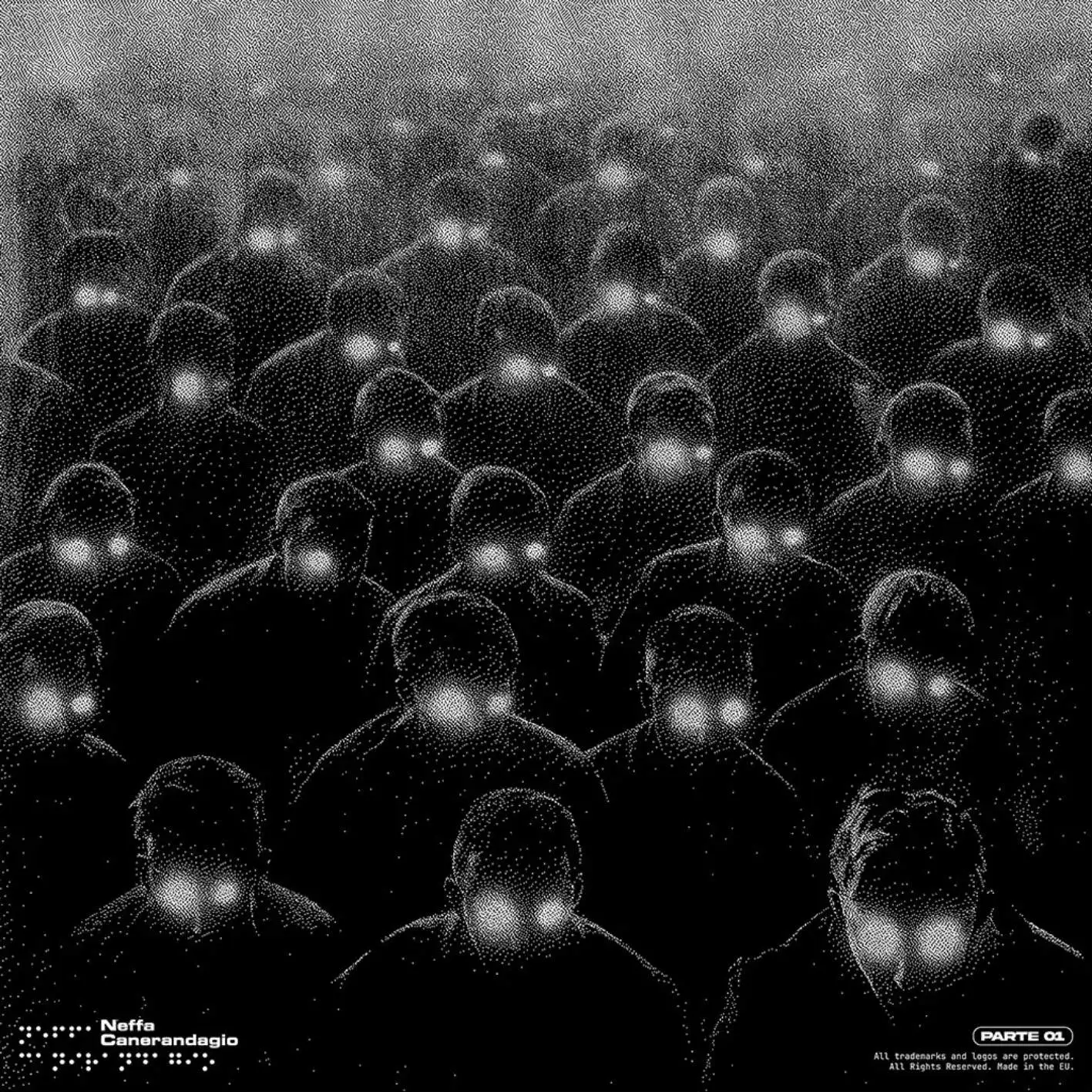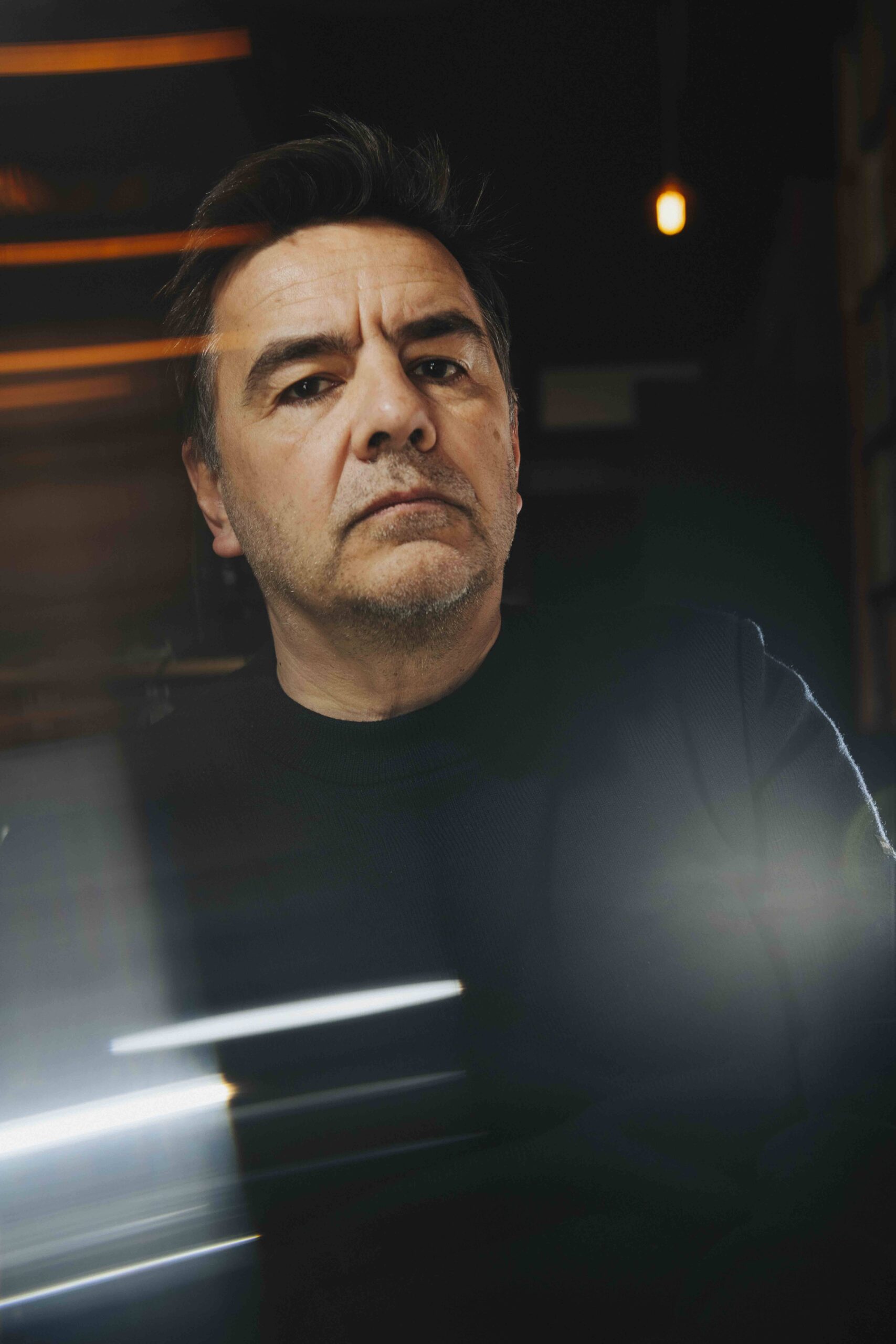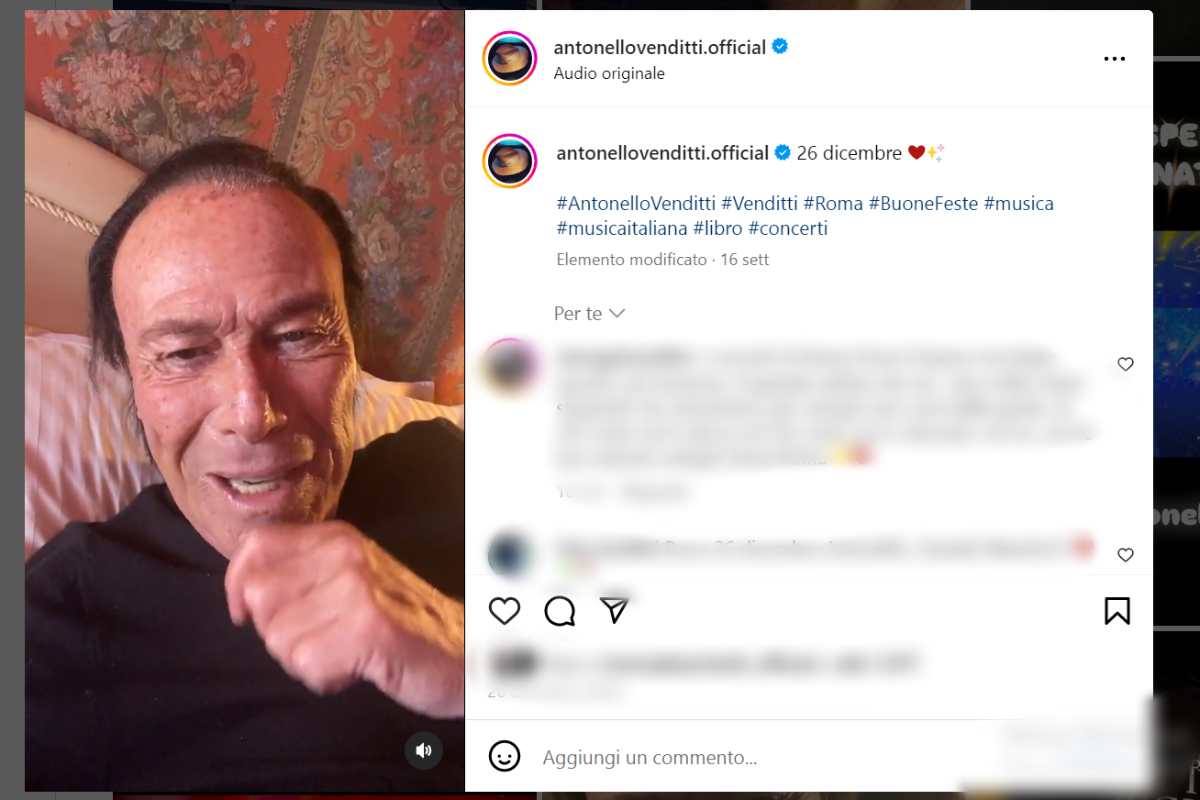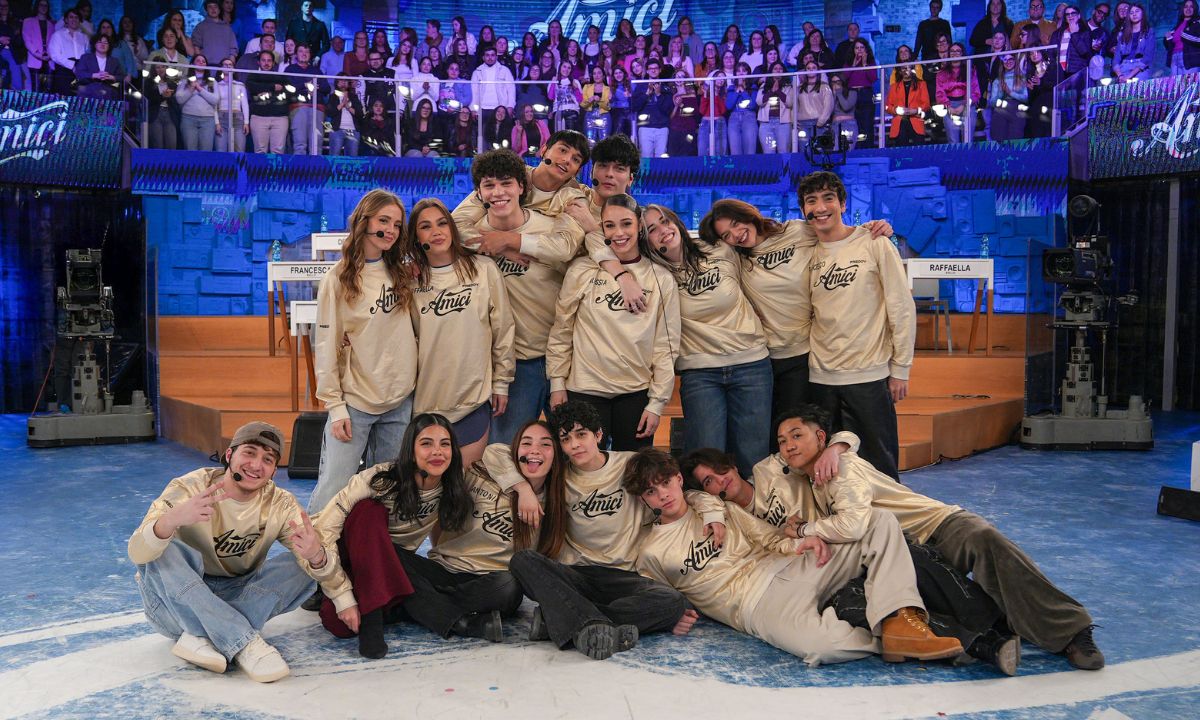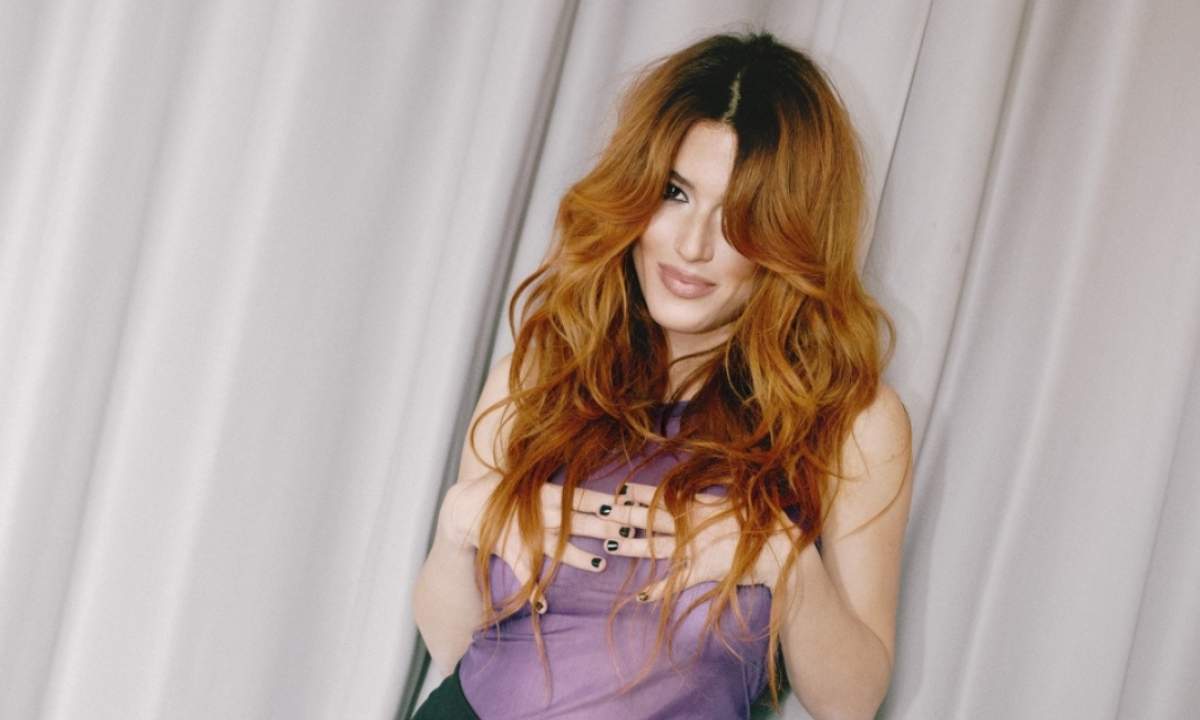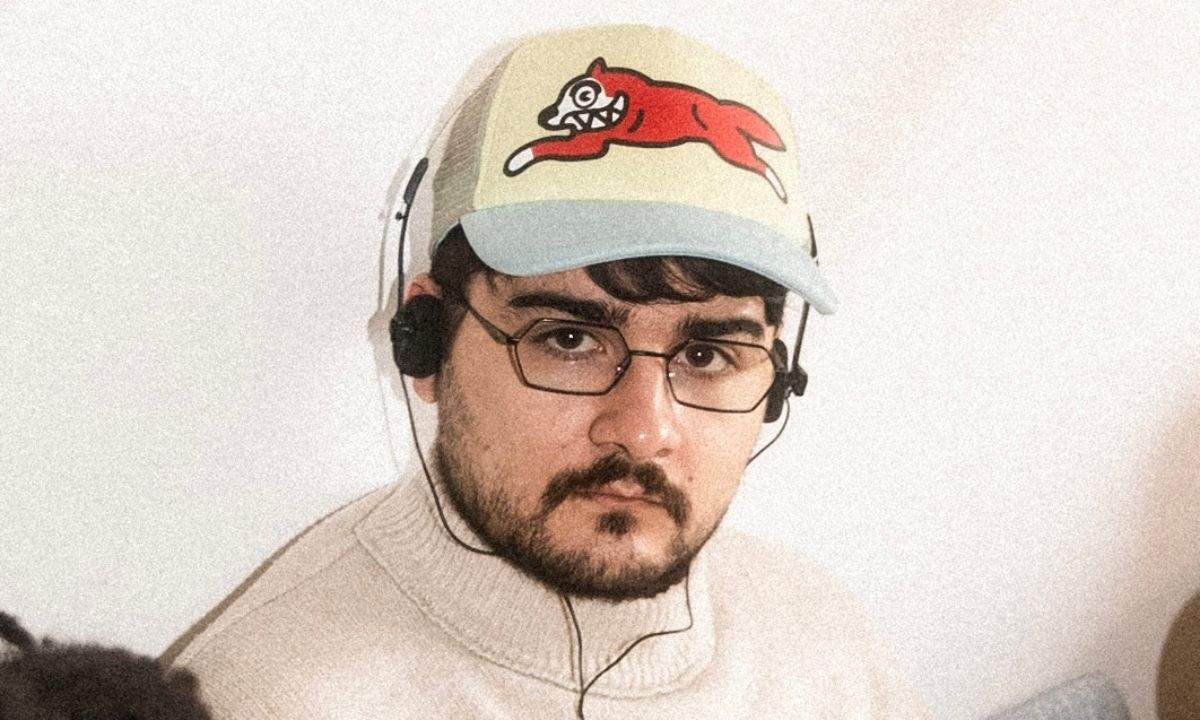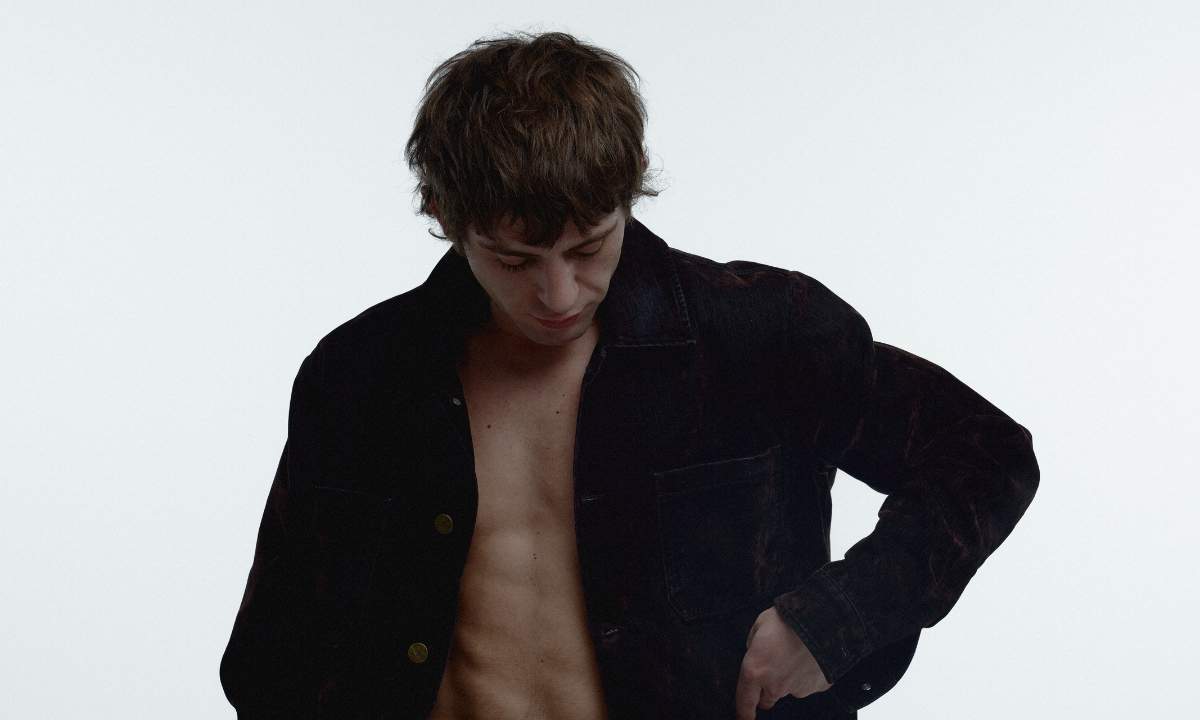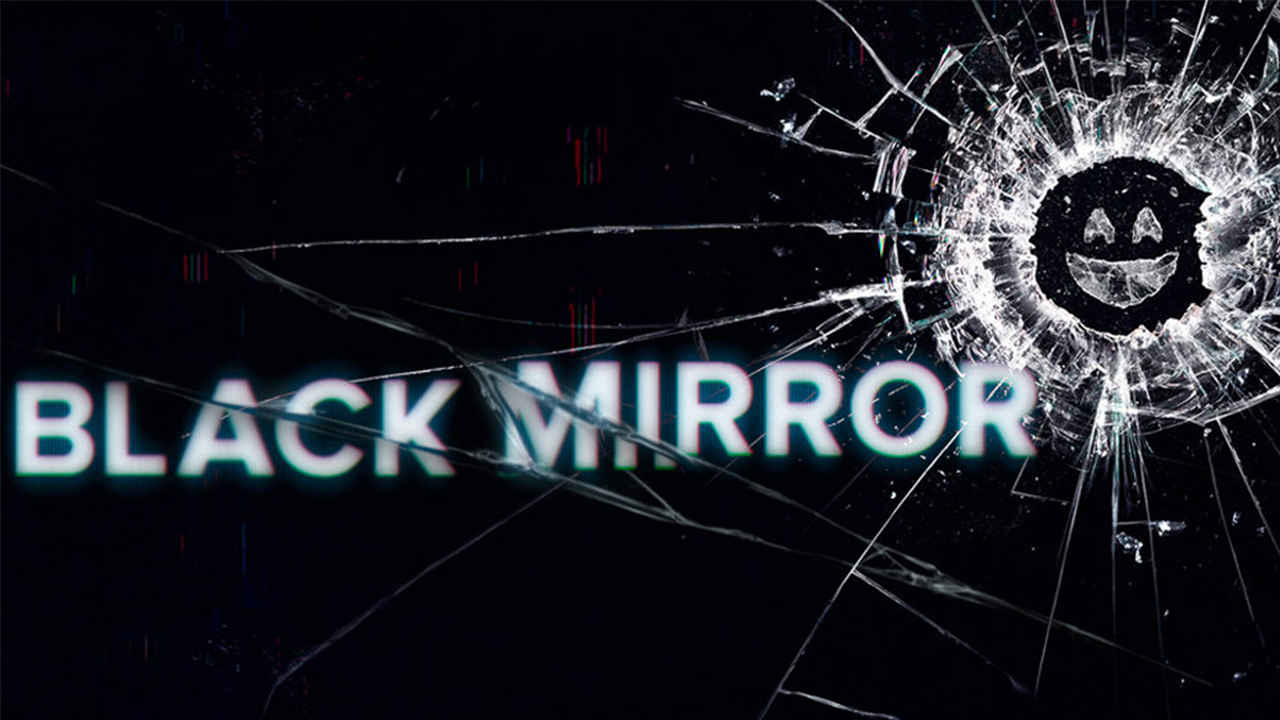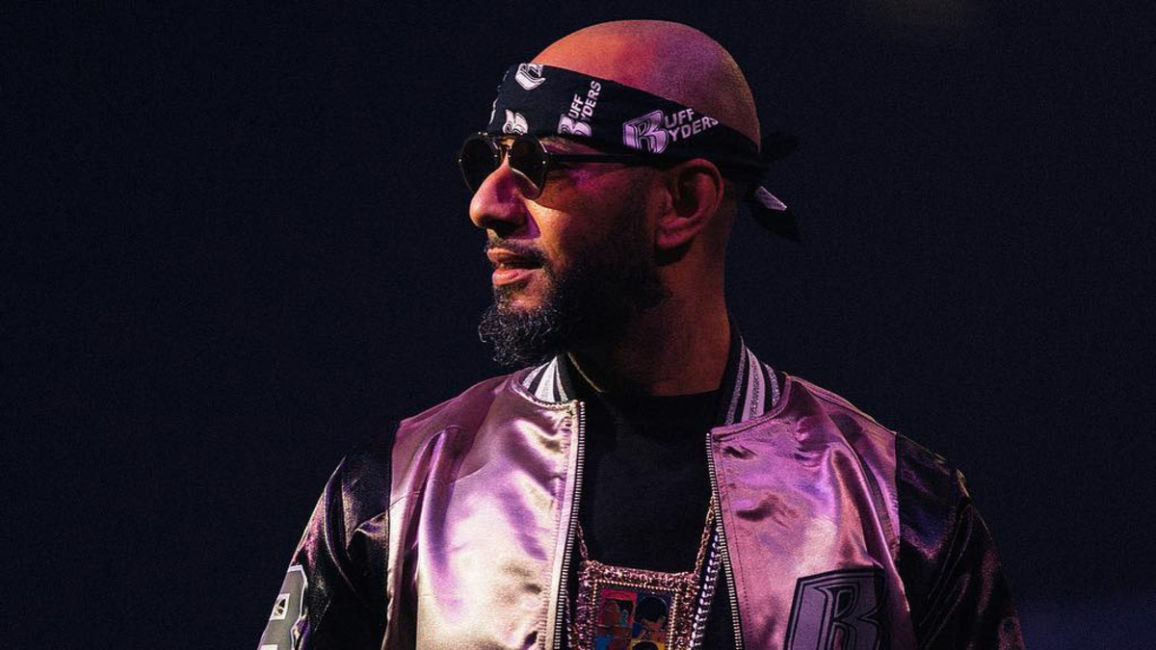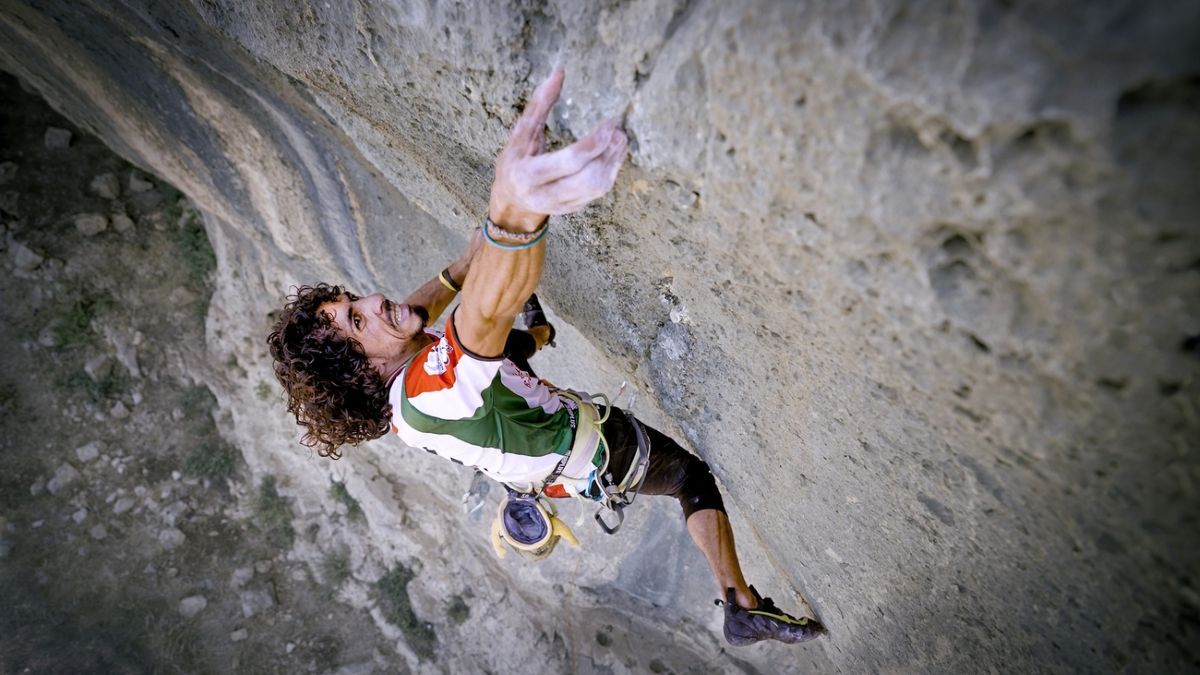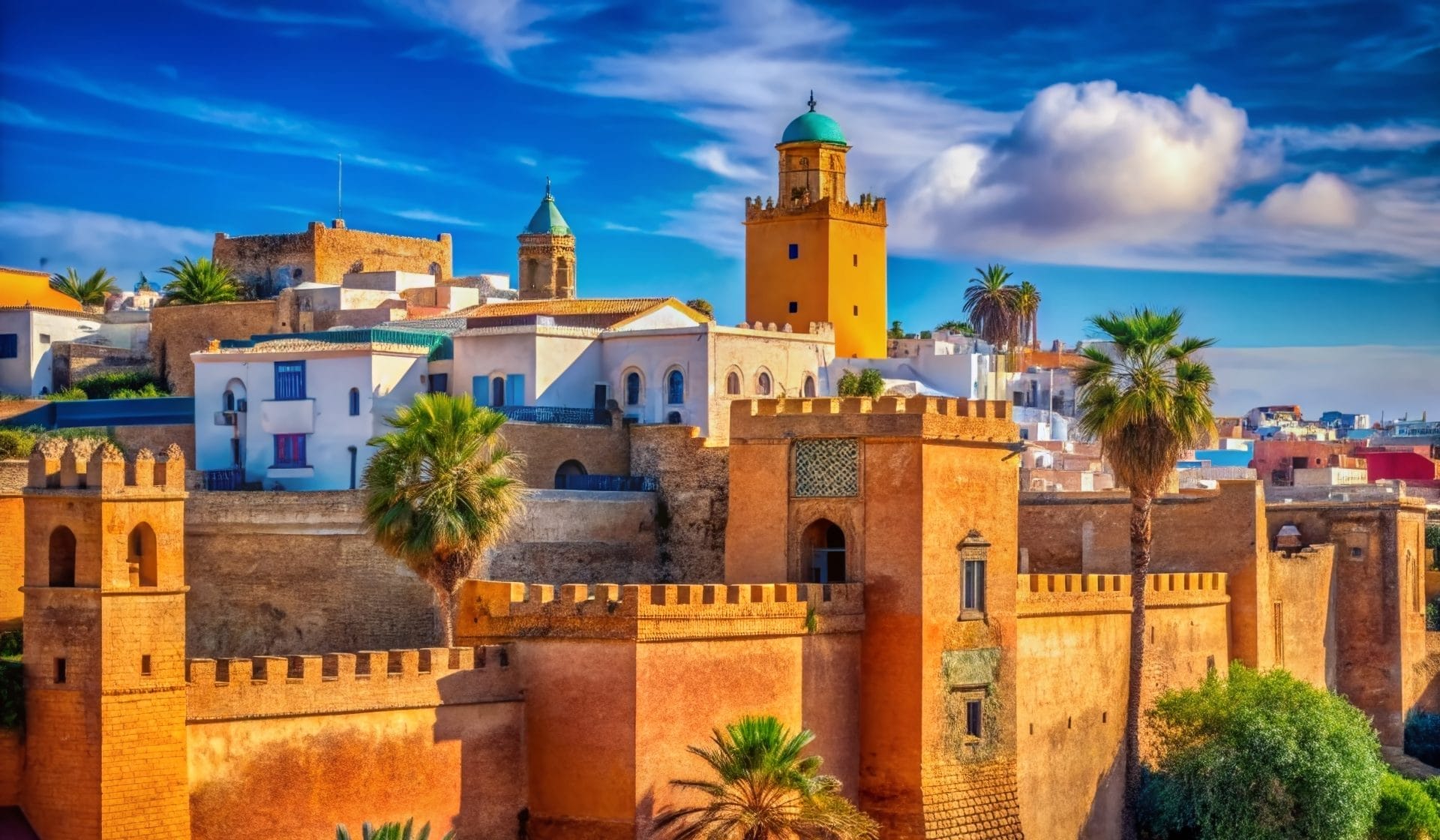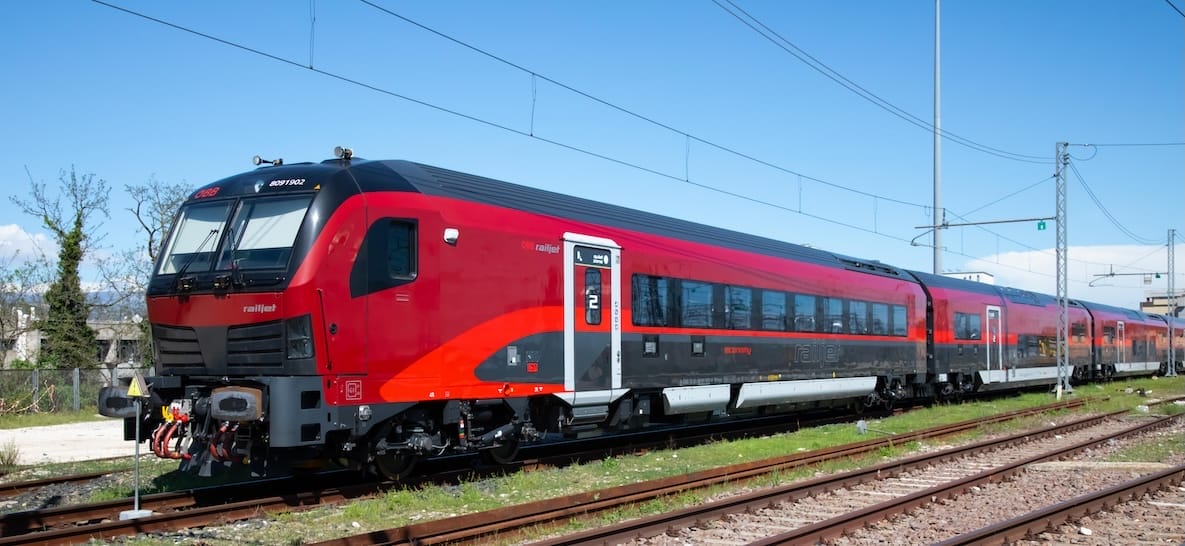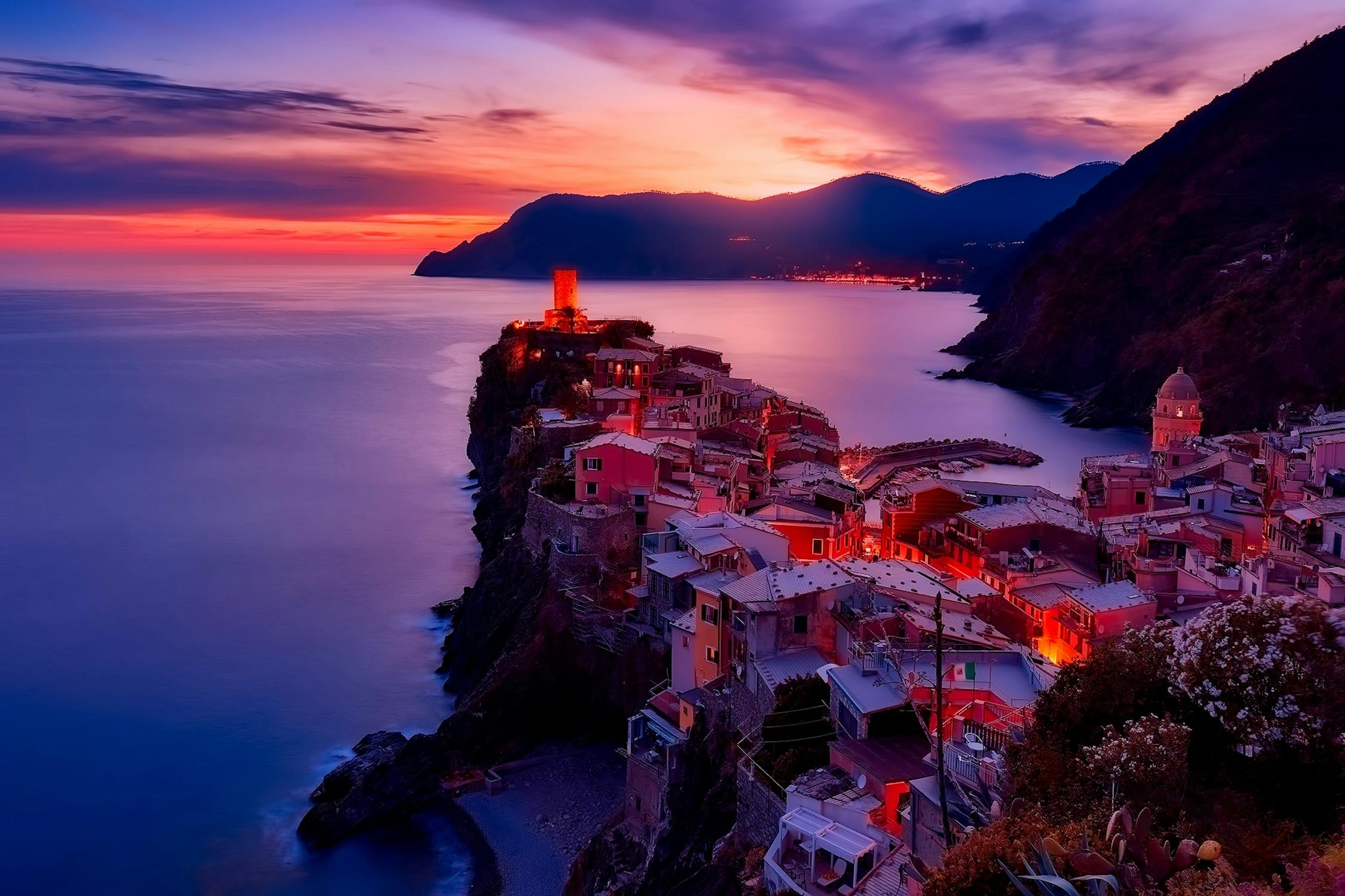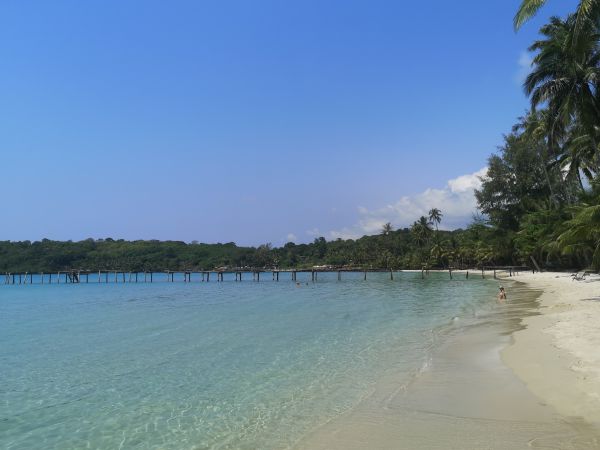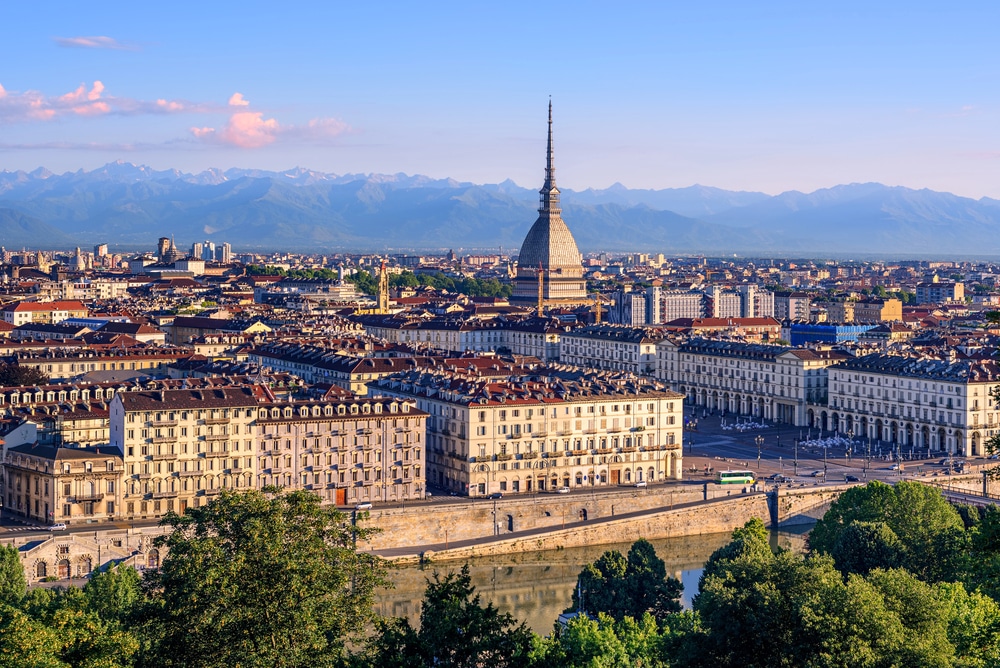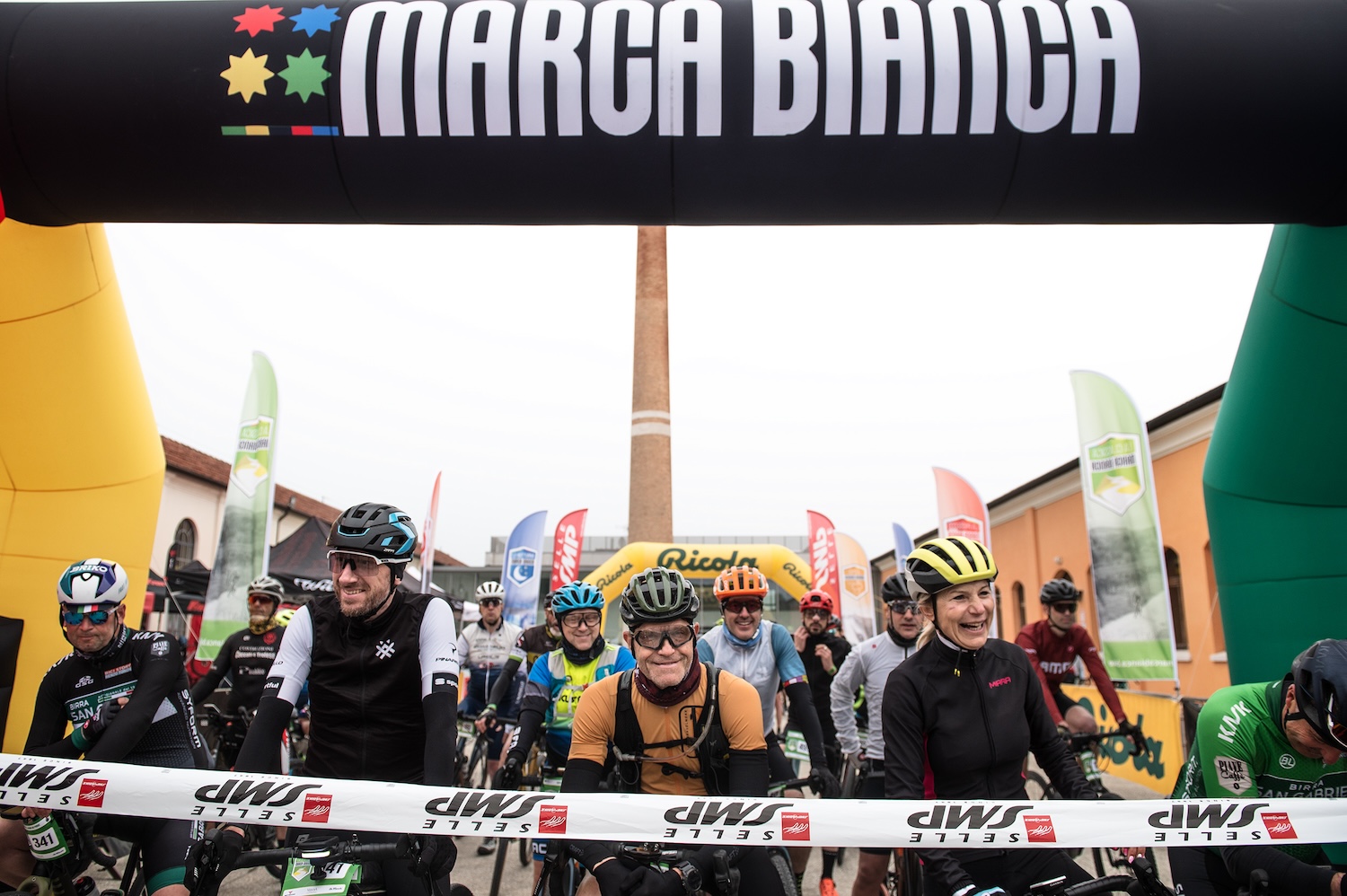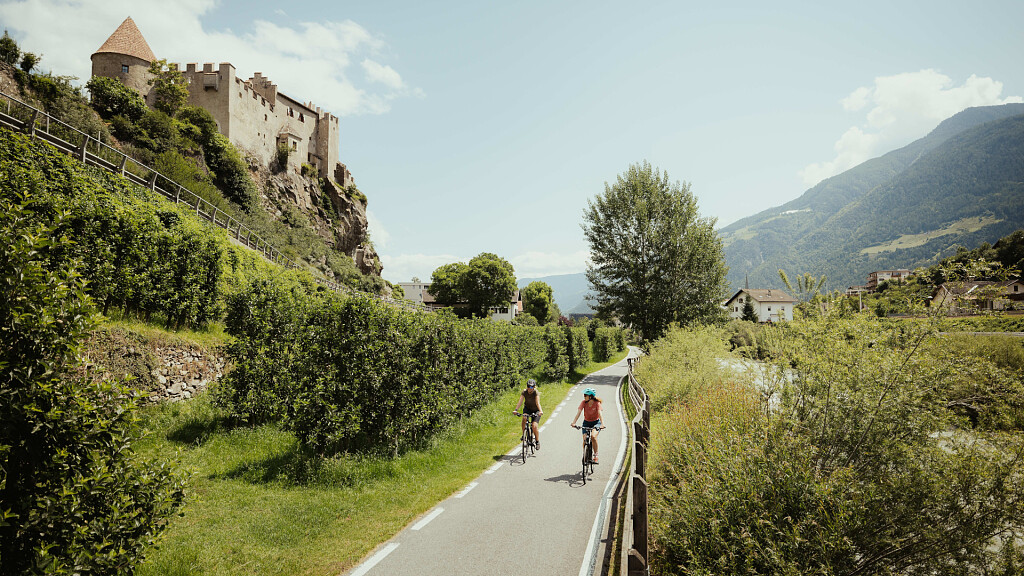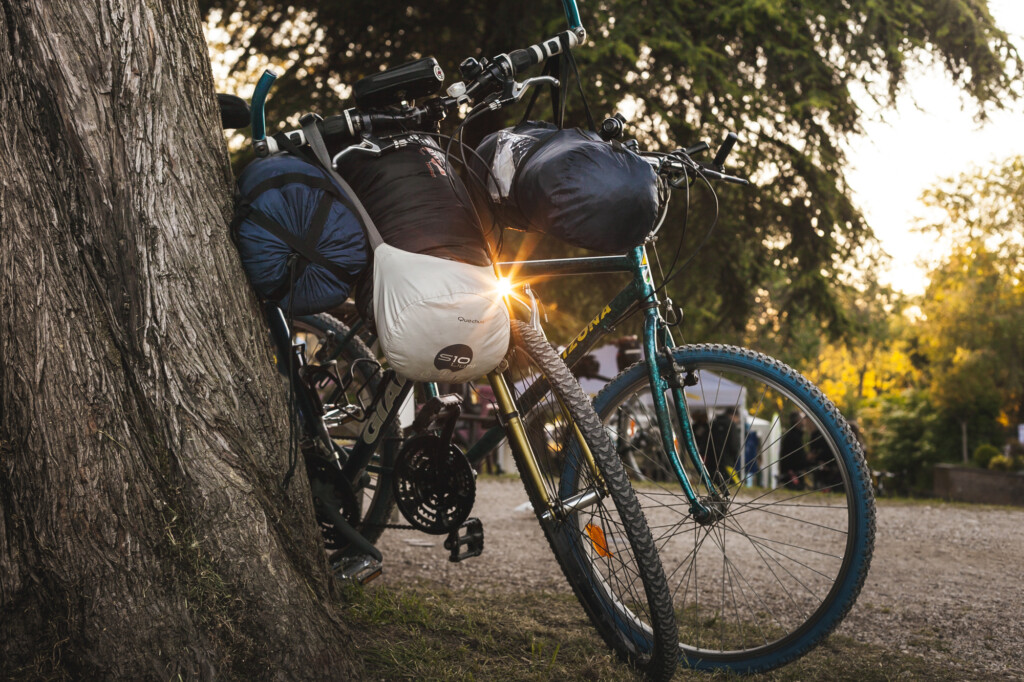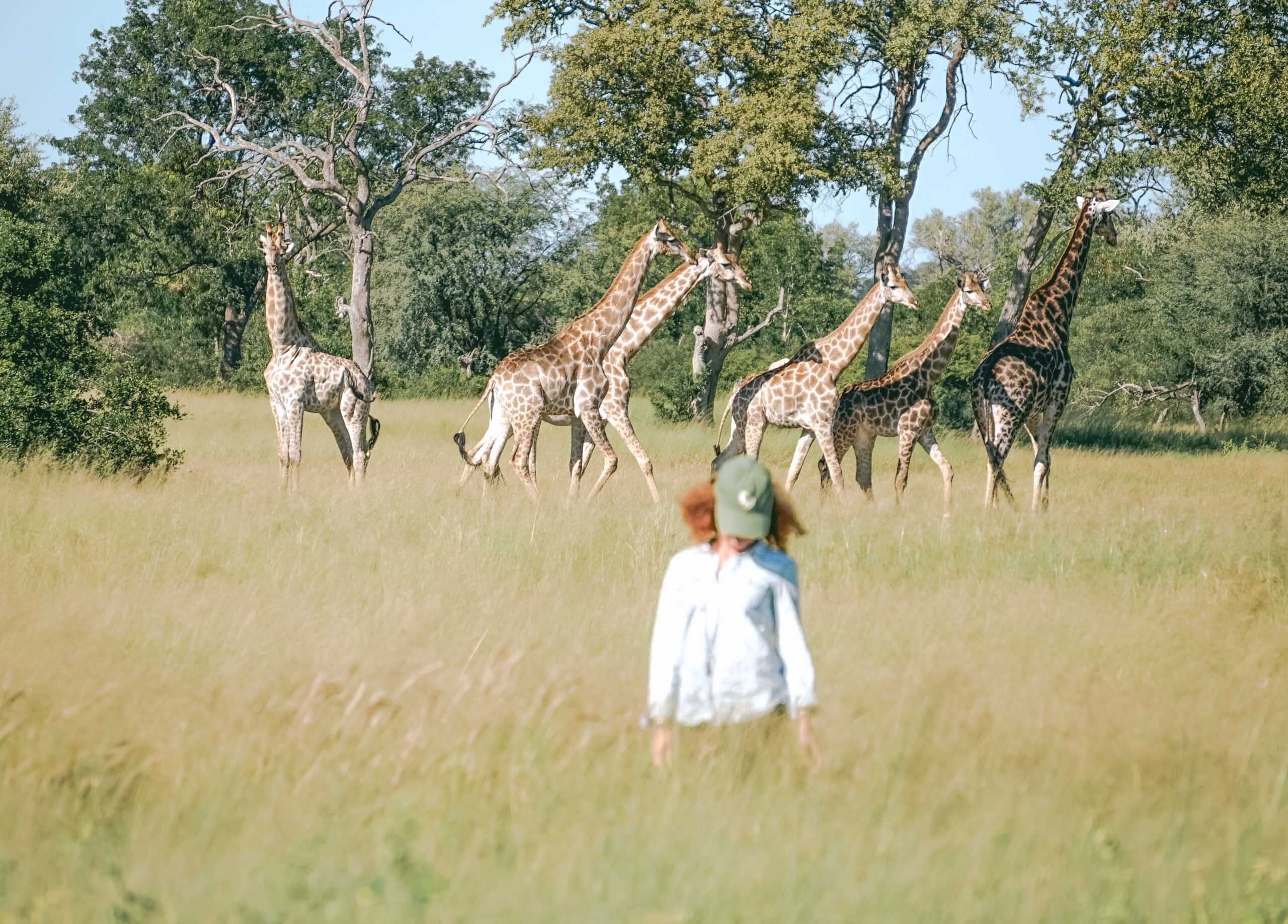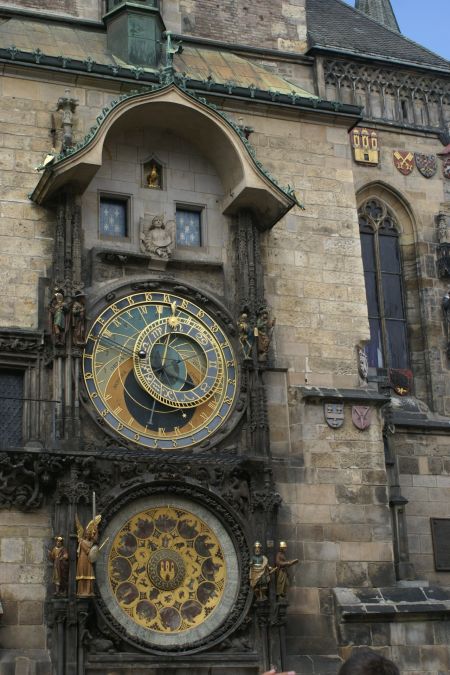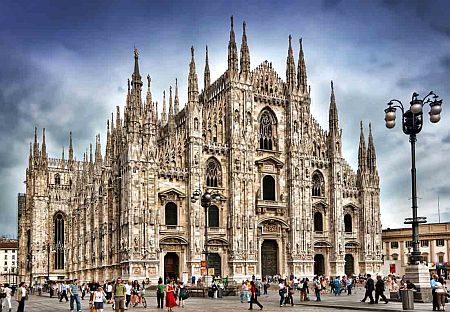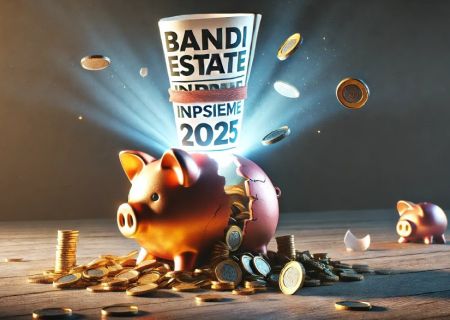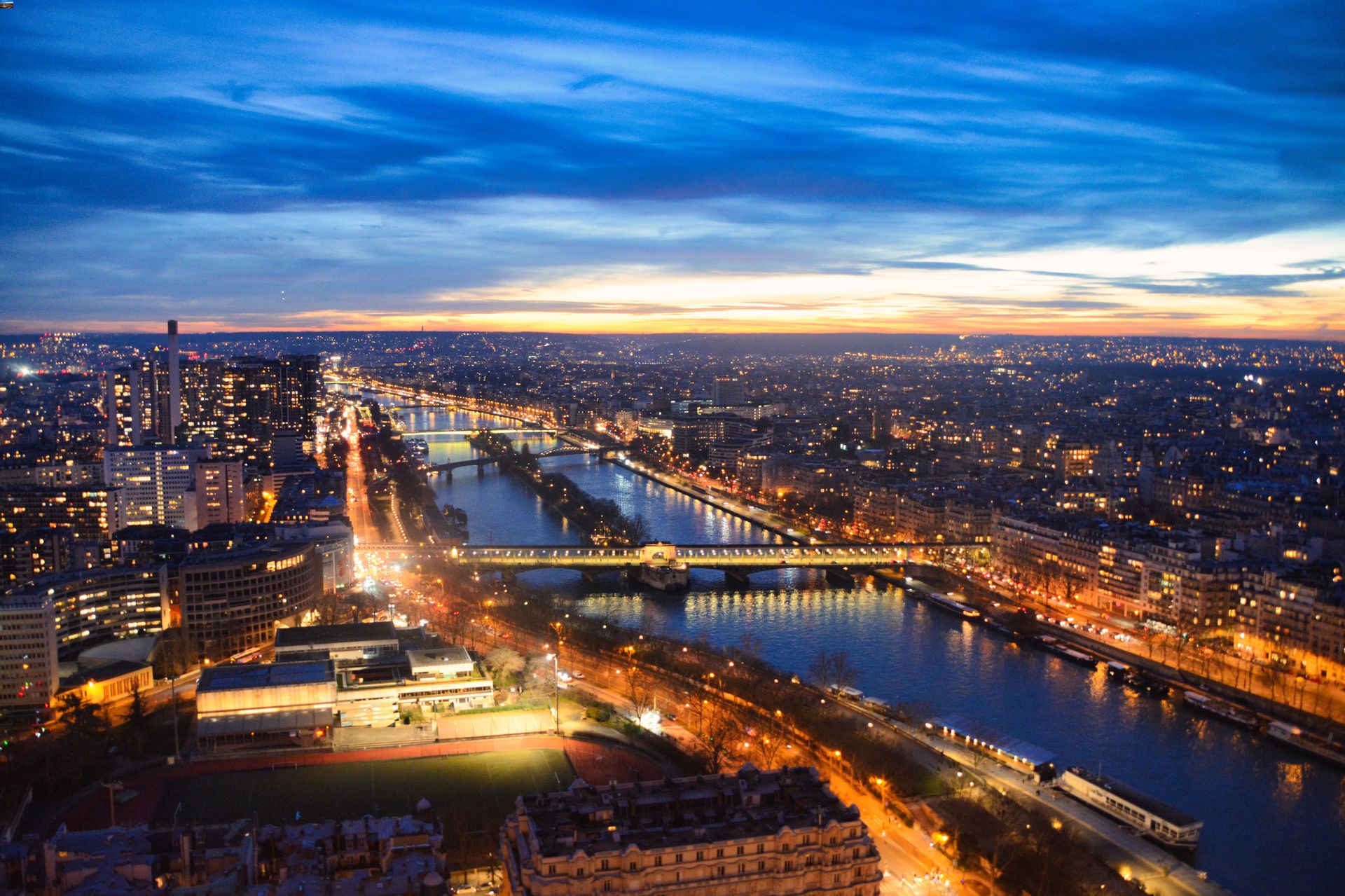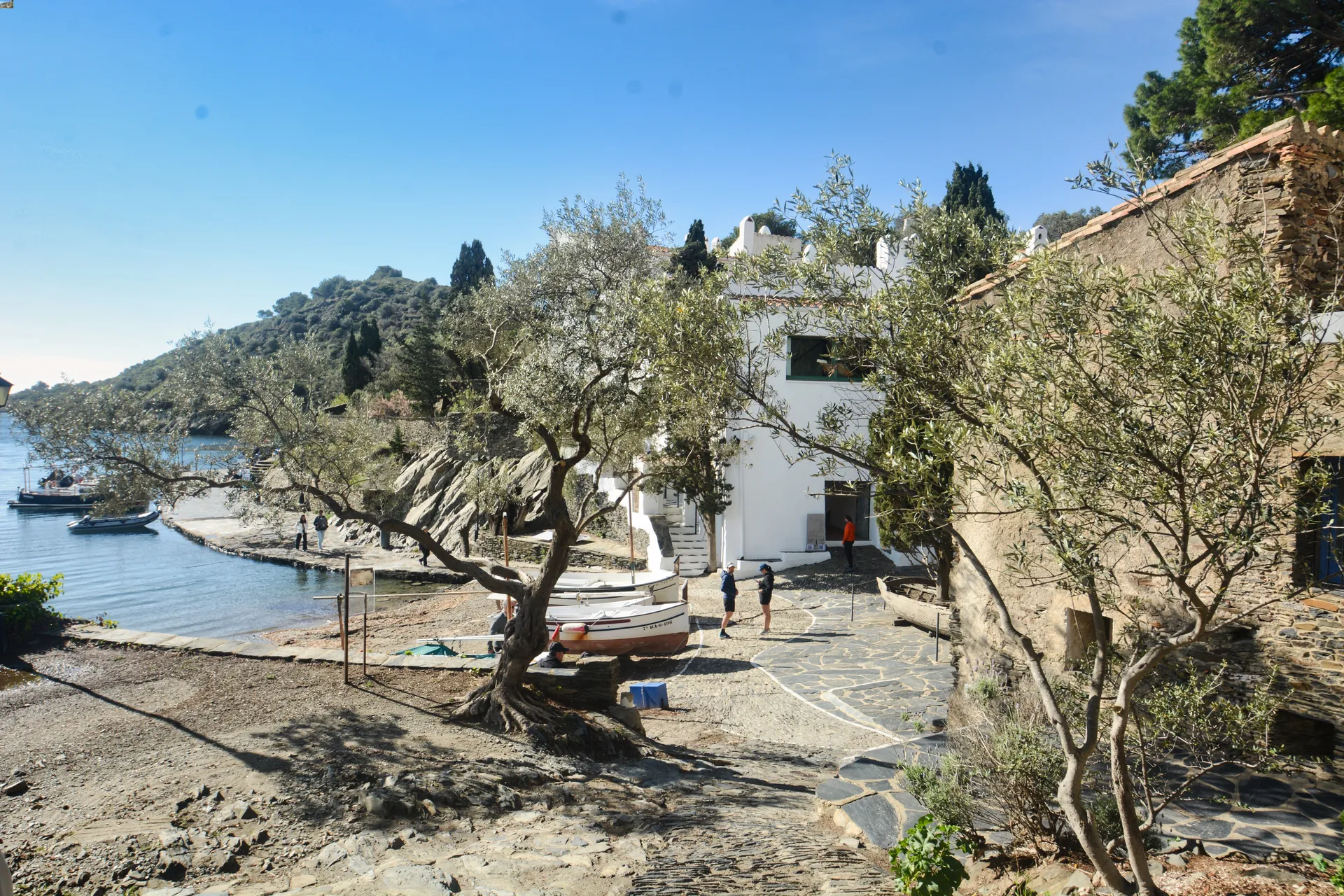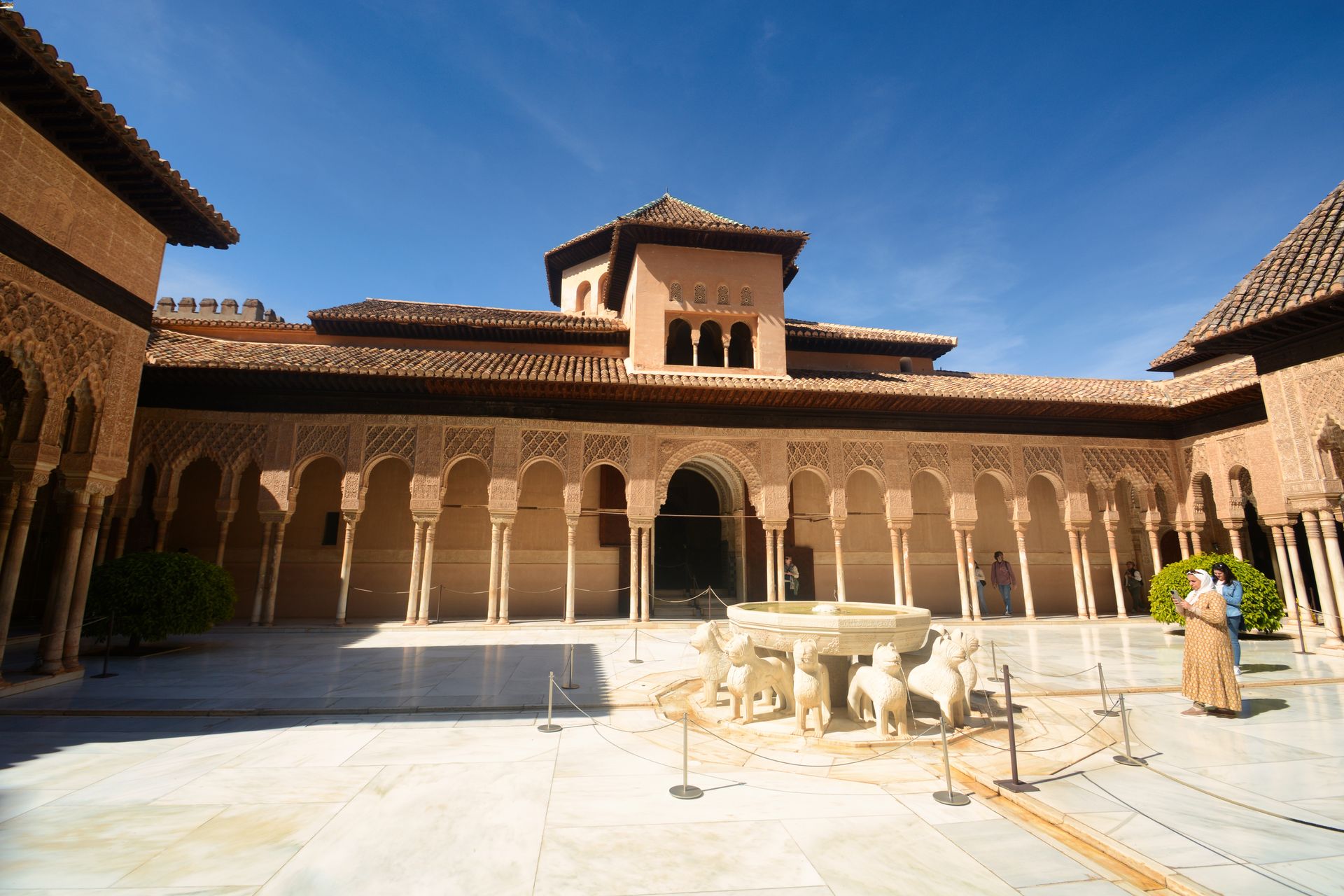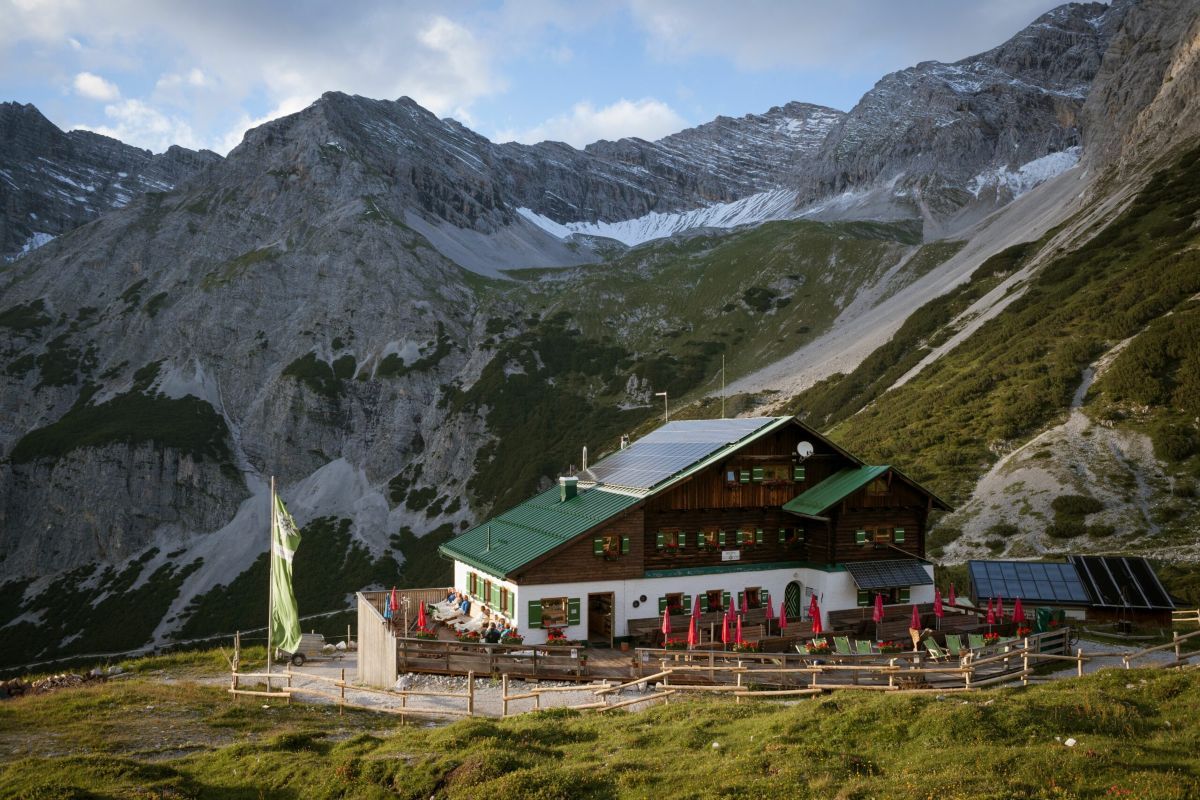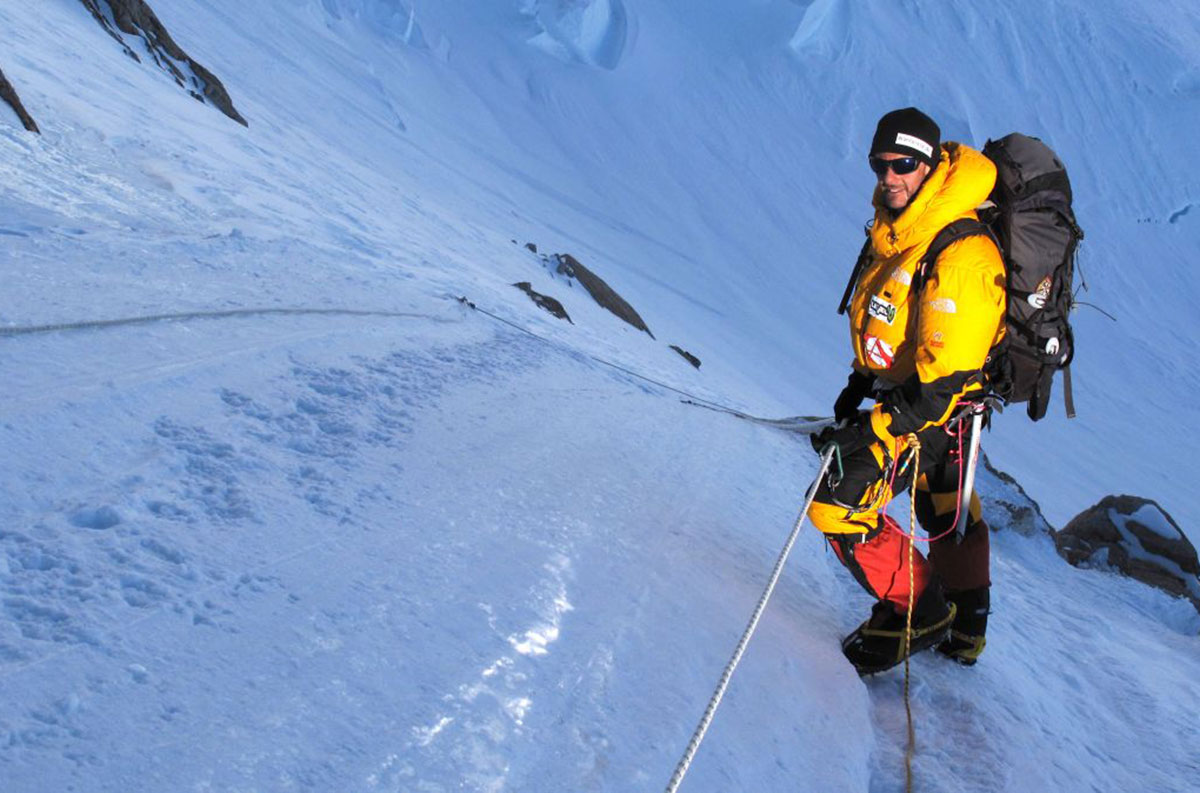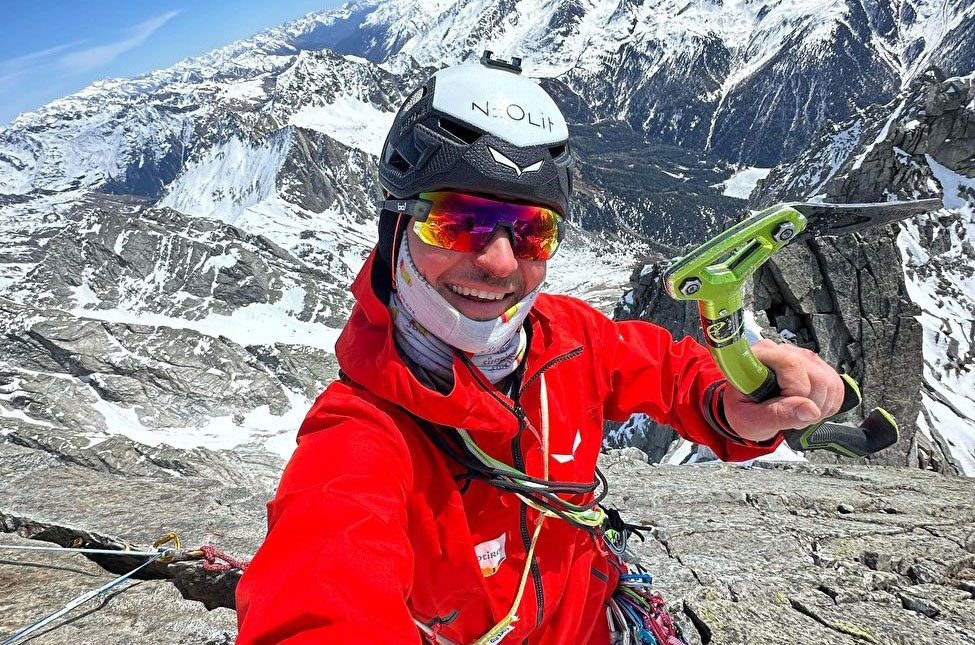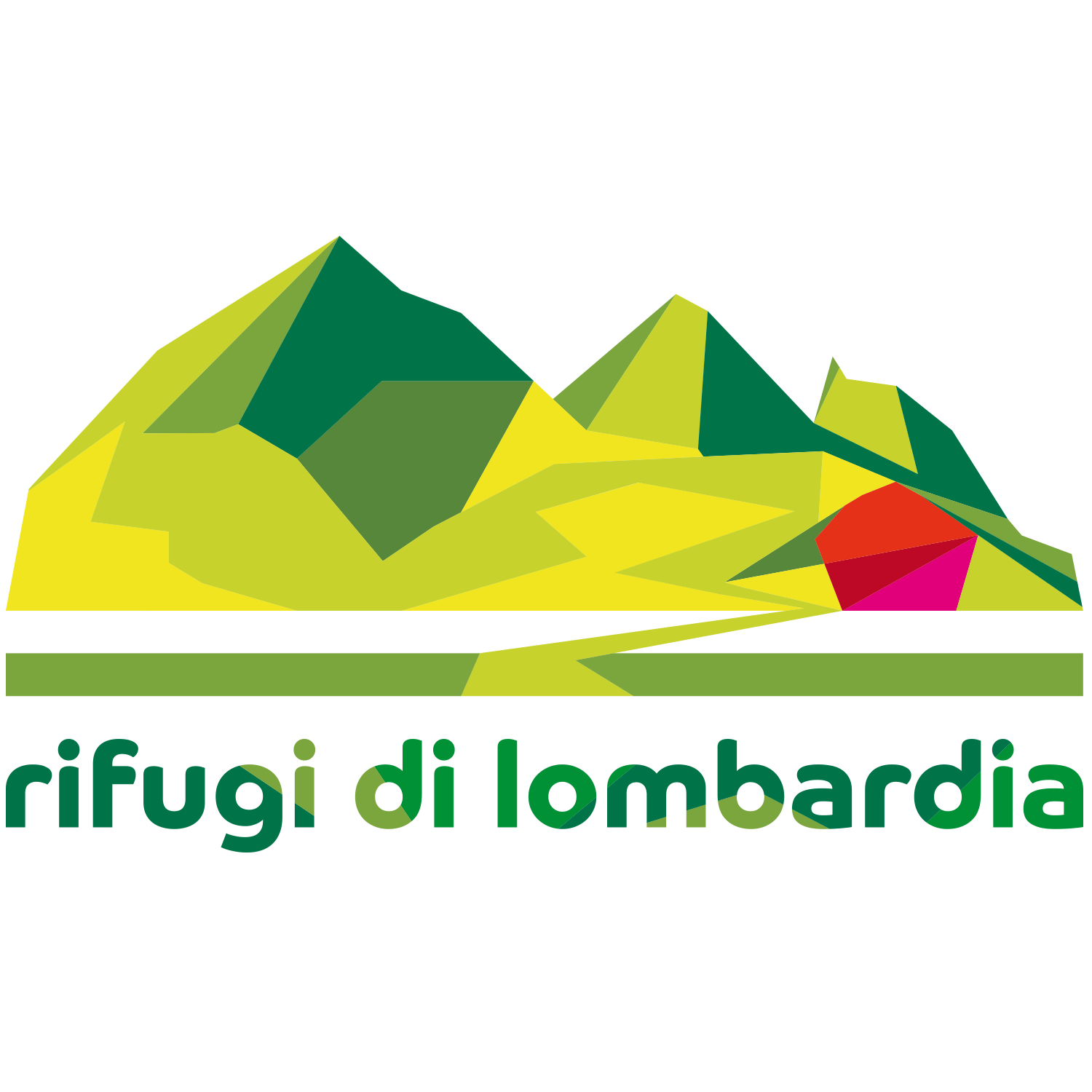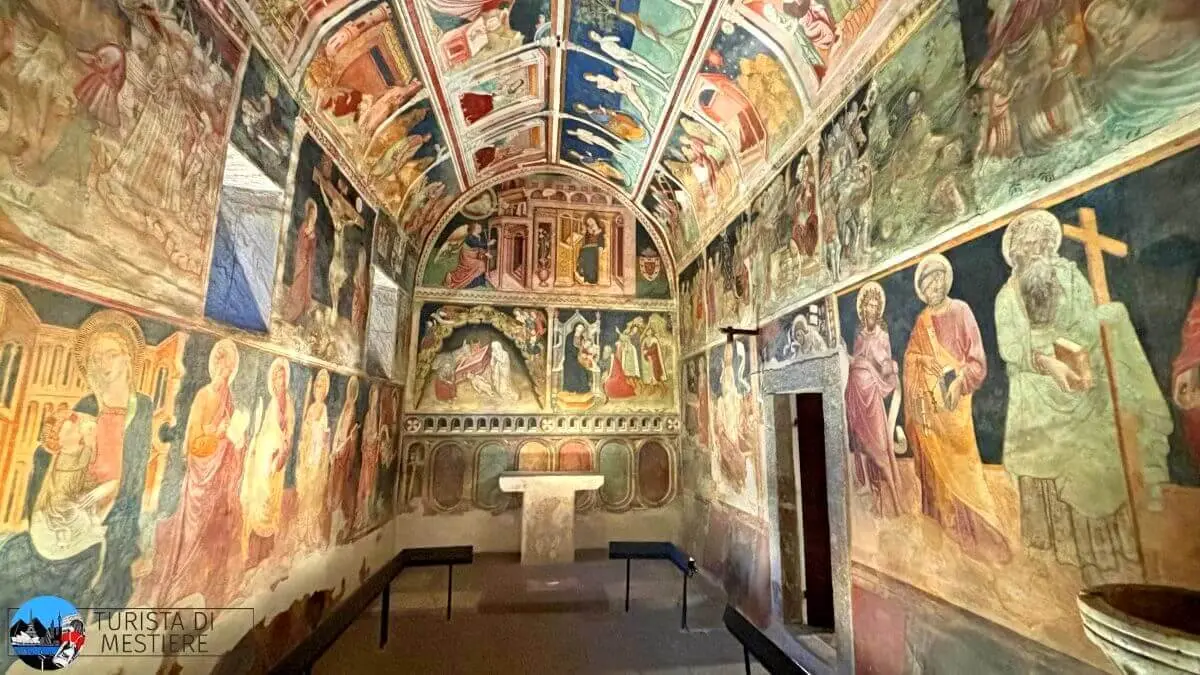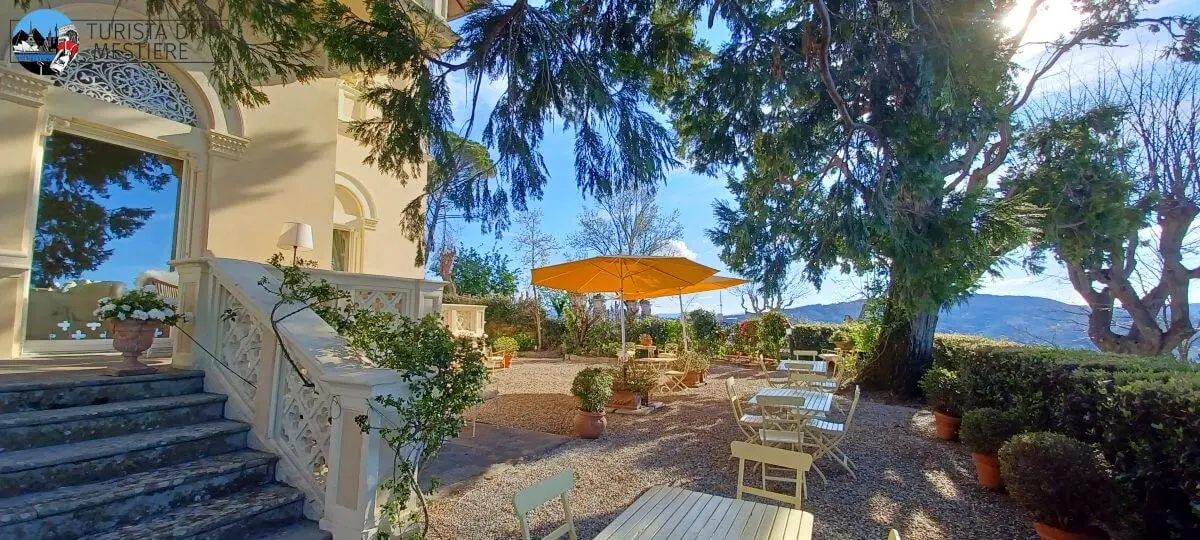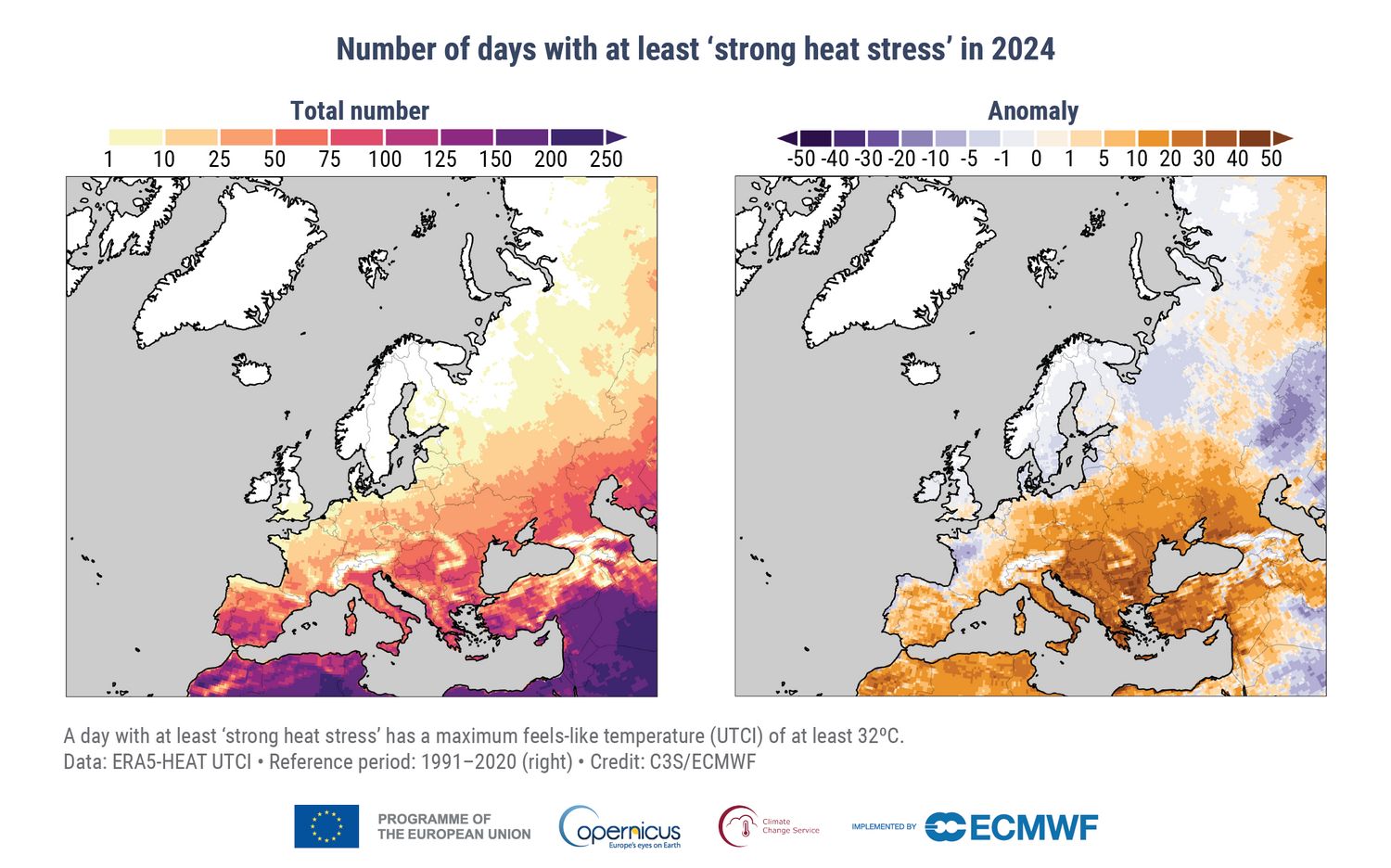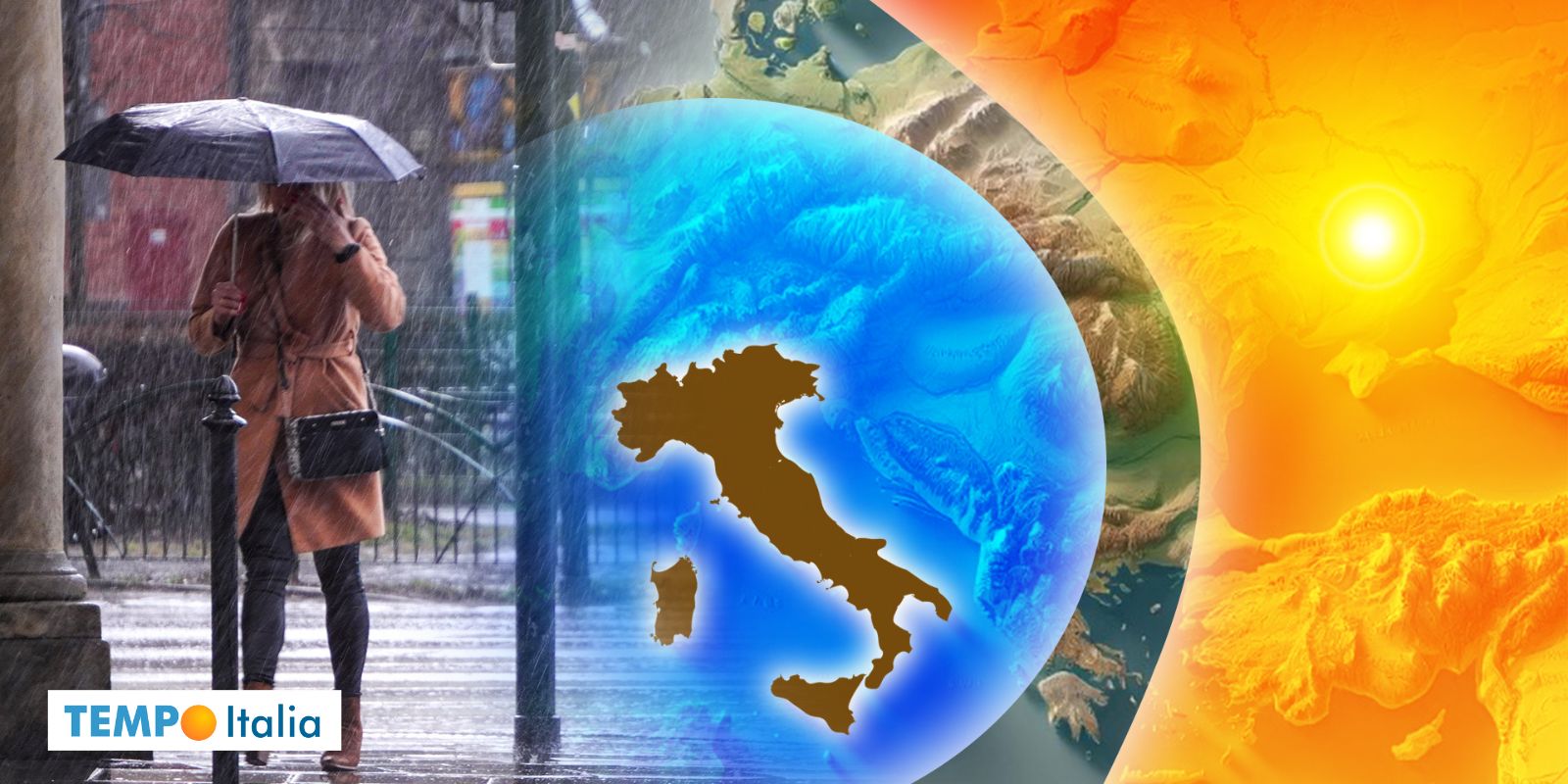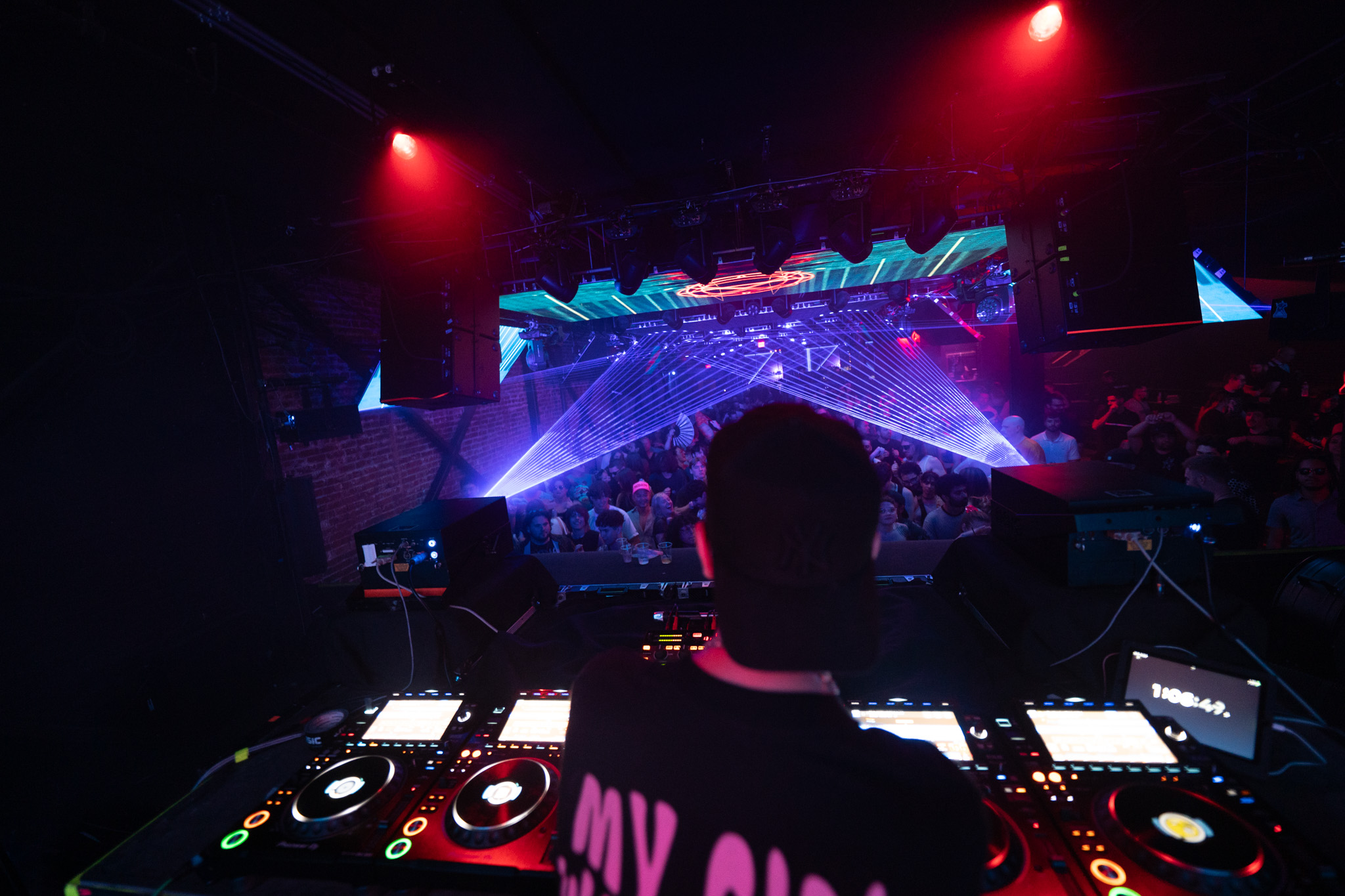David Castellani: “Ogni nuovo suono costruisce un universo diverso”
David Castellani presenta l’EP “Self Saboteur” in collaborazione con Brittney Vandal, uscito il 18 aprile per la sua etichetta Noetic. L’ intervista. David Castellani è il nostro ospite odierno su Parkett. L’ artista, nato in Italia ma cresciuto musicalmente negli Stati Uniti, ha saputo unire nel suo percorso curiosità e ricerca in un lavoro musicale […] L'articolo David Castellani: “Ogni nuovo suono costruisce un universo diverso” sembra essere il primo su Parkett.
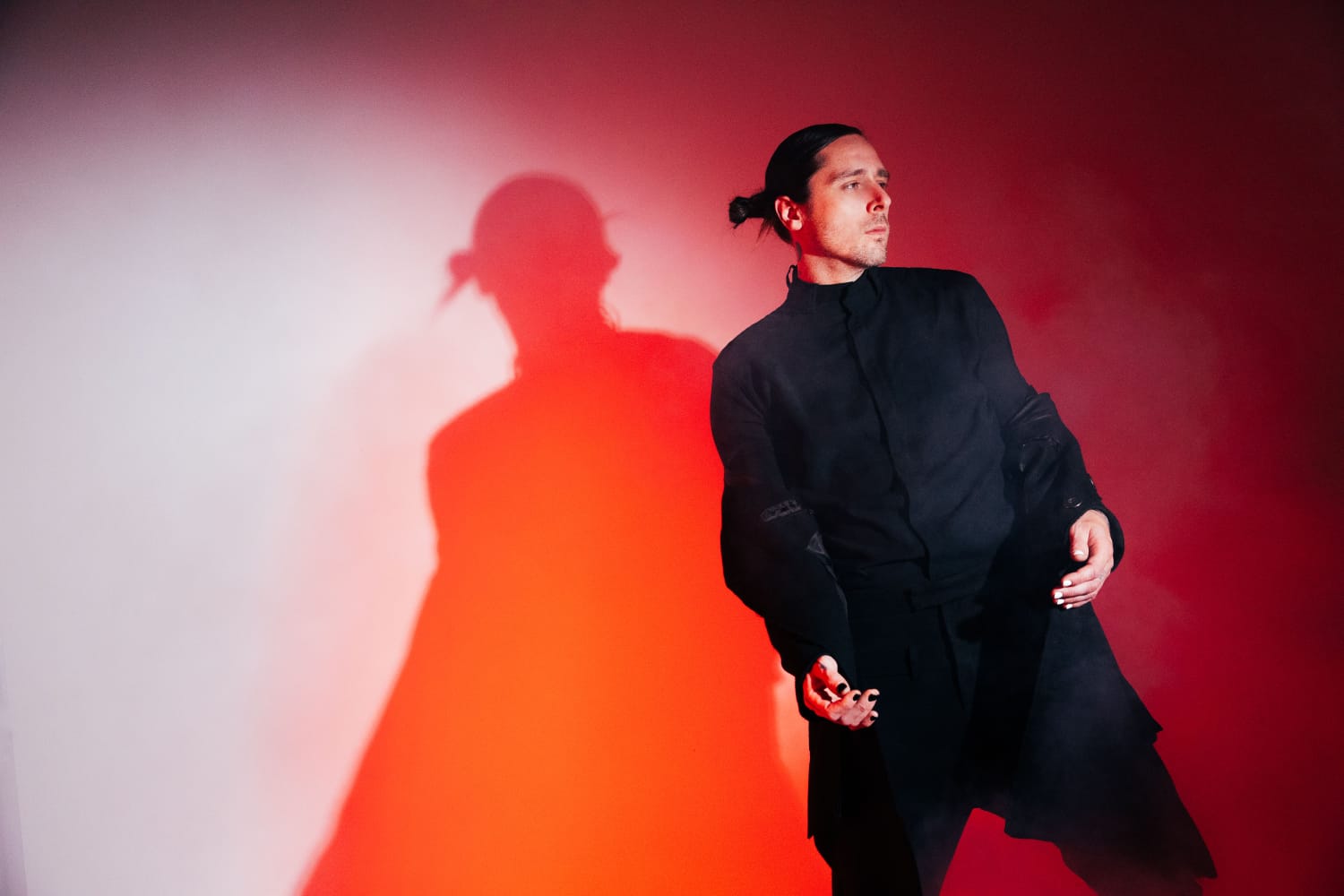
David Castellani presenta l’EP “Self Saboteur” in collaborazione con Brittney Vandal, uscito il 18 aprile per la sua etichetta Noetic. L’ intervista.
David Castellani è il nostro ospite odierno su Parkett. L’ artista, nato in Italia ma cresciuto musicalmente negli Stati Uniti, ha saputo unire nel suo percorso curiosità e ricerca in un lavoro musicale assimilabile a quello di un artigiano. Un lavoro di ricerca intellettuale ma anche manuale e strumentale che lo ha portato a formare un’ identità sonora salsa e riconoscibile.
Eppure le anime di Castellani sono infinite: percussionista jazz, owner di Noetic, label che ha ospitato talenti come Matrixxman ed Etapp Kyle, insegnante ed educatore, owner del brand di abbigliamento After Infinite, fondatore della propria azienda di strumenti modulari Anti-Kulture che con il suo modello Precision Disrupter, è tra i set up di artisti come Richie Hawtin, Chemical Brothers, Satoshi Tomiie e Kangding Ray.
Un artista a tutto tondo, che abbiamo voluto incontrare in occasione della sua ultima release e del suo recente trasferimento a Lisbona. Buona lettura!
Ciao David Castellani, benvenuto si Parkett, è un piacere averti qui. Vorrei iniziare chiedendoti del tuo recente trasferimento da Los Angeles a Lisbona. Come è avvenuto questo cambiamento e perché hai scelto Lisbona?
Ciao e grazie per avermi ospitato! Essendo nato e cresciuto in Italia, e avendo trascorso alcuni bei decenni negli Stati Uniti, non vedevo l’ora di tornare in Europa. Sebbene il mio periodo in California sia stato un’esperienza meravigliosa e formativa, sto entrando in un nuovo capitolo, che mi avvicina alla vivace comunità europea della musica elettronica. Lo spirito della techno di Detroit è profondamente radicato in tutta Europa e l’abbondanza di scene fiorenti e appassionate in tutto il continente è davvero fonte di ispirazione.
Sono entusiasta di immergermi più a fondo in questa energia e di contribuire a una cultura che ha dato così tanto all’evoluzione della musica elettronica.
E dopo aver trascorso così tanto tempo sotto il caldo sole della California, mi è sembrato naturale trasferirmi in una città come Lisbona, che condivide uno spirito simile sia nel clima che nell’atmosfera. Lisbona ha recentemente visto una vibrante ondata di energia creativa, con molti artisti e visionari di talento che ora la chiamano casa. Sembra il luogo perfetto per iniziare questo nuovo capitolo.
Hai trascorso gran parte della tua carriera a Chicago e Los Angeles. Come hai vissuto la scena clubbing della città, come ha influenzato il tuo lavoro e in cosa si differenzia da quella europea?
Trascorrere così tanto tempo a Chicago è stato sia istruttivo che benefico. Essendo uno dei veri luoghi di nascita della musica elettronica, la città possiede una bellezza innegabile e un profondo bacino di espressione creativa. Quell’energia mi è rimasta dentro, radicata sia nella mia musica che nella mia anima. E poi, questi ultimi anni a Los Angeles sono stati a dir poco straordinari. A mio parere, la scena rave underground di Los Angeles è fiorente: vibrante, sana e in una posizione unica per alimentare una comunità in continua evoluzione di amanti della musica elettronica con idee simili.
Non posso che elogiare le persone incredibili dietro ad alcuni degli eventi più iconici della città: 6AM, WORK, Dirty Epic, Observe e tanti altri che continuano a plasmare una scena così interessante. L’influenza di Los Angeles ha avuto un ruolo fondamentale nel lancio della mia carriera da solista e nella costruzione della mia impronta Noetic negli ultimi cinque anni. Per questo, proverò sempre profonda gratitudine per la città e la sua comunità.

Il tuo sound combina strumenti analogici con un’idea molto personale. Come è avvenuto questo processo di integrazione nella tua musica?
Nel corso degli anni, l’hardware si è lentamente insinuato nelle mie vene, diventando parte integrante del mio processo creativo. L’esperienza tattile di lavorare con macchine fisiche ha definito gran parte del mio sound fin dagli esordi. C’è qualcosa di profondamente appagante nell’equilibrio tra controllo ed esplorazione offerto dall’hardware.
Per dirla in parole povere: è semplicemente più divertente. Quando si tratta di stile, mi sono sempre sentito attratto da molte direzioni. Sono un fan di tutti i generi musicali e di diverse atmosfere, ma sono particolarmente attratto da paesaggi sonori energici, grintosi ma profondi. Quel tipo di musica è elettrizzante, soprattutto se condivisa con un gruppo più ampio di persone con la stessa visione. È in quei momenti che l’energia diventa qualcosa di più grande della somma delle sue parti.
La tua nuova uscita è un EP di due tracce intitolato “Self Saboteur” per la tua etichetta Noetic. Puoi raccontarci di più?
Questa pubblicazione prende ispirazione da un lato oscuro della condizione umana: il nostro strano e complesso rapporto con il desiderio, il dolore e la fame di intensità. C’è una spinta silenziosa, spesso inespressa, dentro ognuno di noi – una curiosità, forse persino un desiderio – per la tensione emotiva e sensuale che rasenta il tormento. È in quella tensione che vulnerabilità e potere si incontrano, e dove viene rivelato qualcosa di innegabilmente umano.
Per me, la dinamica dell’auto-sabotaggio è sia vissuta che osservata – qualcosa che sperimento sia come partecipante che come testimone.
E sebbene i cicli autoinflitti abbiano una loro gravità, c’è qualcosa di singolarmente provocatorio quando questi schemi vengono attivati da forze esterne a noi. Ci spinge verso l’interno, costringendoci a scavare negli strati più profondi di ciò che siamo. In fondo, questa danza è radicata nella sopravvivenza, incisa nelle parti più primitive di noi. L’atto di affrontare le difficoltà, il caos emotivo o il sovraccarico sensoriale spesso inonda il sistema di endorfine, creando un paradossale circolo vizioso di gratificazione.
È intenso, disorientante e, in qualche modo, catartico. E per molti di noi, questo ciclo si riversa direttamente sul nostro processo creativo. L’impronta di queste esperienze diventa inseparabile dall’arte che creiamo e dall’identità che costruiamo attorno ad essa.
Nel corso degli anni la tua etichetta Noetic ha visto numerose collaborazioni, tra cui quella di agosto con Truncate. Com’è stato lavorare con lui per questa uscita?
Ah, beh, Truncate è una leggenda e davvero uno dei pilastri del nostro settore. È un onore incredibile poterlo chiamare amico e aver avuto l’opportunità di collaborare con lui. Lo ammiro non solo come artista, ma anche come essere umano. Sono profondamente grato di averlo come parte dell’etichetta e sinceramente entusiasta delle potenziali collaborazioni future.
Tra gli artisti con cui hai collaborato, ci sono campioni come Ken Ishii. Cosa hai imparato da lui e cosa ha imparato lui da te?
Non sono sicuro che ci sia molto che si possa insegnare a una forza come Ken. Mi stupisce ancora aver avuto la possibilità di lavorare a stretto contatto con lui. Interagire con una figura che non solo ha plasmato, ma definito così tanto la nostra cultura musicale è un raro tipo di miracolo. Ken non è solo un pioniere: è un modello vivente di cosa significhi dedicarsi completamente all’arte.
La sua precisione, la sua passione e la sua incrollabile etica del lavoro sono cose che ho osservato con stupore nel corso degli anni. Non è solo il suo sound a risuonare, ma lo spirito che lo anima: la quieta intensità, l’eleganza della sua coerenza, la generosità della sua arte.
Per me, e per tanti altri, Ken rappresenta più di una leggenda: è un promemoria di cosa si può fare quando l’amore per la musica va oltre la tendenza o il momento. Sono infinitamente grato per l’influenza che ha avuto sul mio cammino e nutrirò sempre un profondo senso di riverenza per chi è, sia come artista che come essere umano.
Nella tua musica si può notare una gamma di influenze piuttosto varie. Come funziona oggi il tuo metodo di ricerca e selezione musicale e come è cambiato nel corso degli anni?
Credo che vivere la musica in modo profondo e frequente sia la base per la crescita come artista e creatore espressivo. La musica ha avuto una profonda influenza sulla mia vita, guidando, plasmando e stimolando il mio percorso in modi sottili e trasformativi. Fin dall’inizio, devo moltissimo ai miei genitori per avermi circondato di musica incredibile.
Mi hanno riempito la testa di semi che sarebbero poi sbocciati nel mio percorso creativo. Ancora oggi, mi impegno consapevolmente a ricercare nuova musica e a scoprire artisti emergenti, non solo per la pura gioia di essere un amante della musica, ma anche per esplorare le infinite direzioni che l’espressione umana può prendere. Ogni nuovo suono è una possibile strada verso un universo diverso.
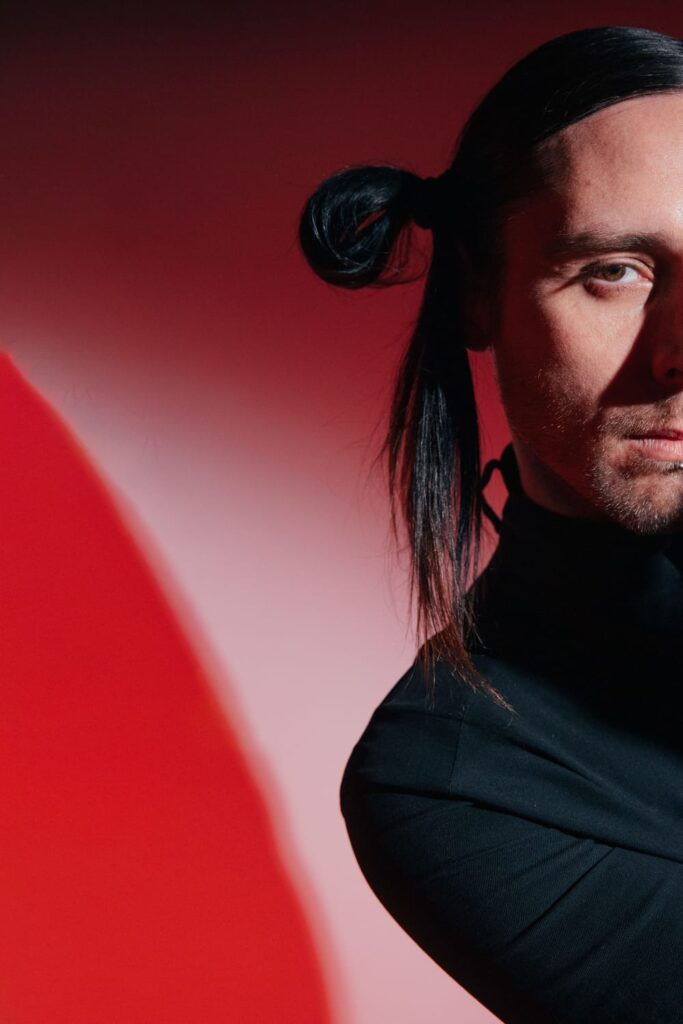
A settembre hai suonato a Milano, tornando in Italia, il tuo Paese d’origine. Quando tornerai a suonare qui? In che modo ti senti italiano e come questo si riflette nel tuo “io” artistico?
Milano è la mia città natale e sono profondamente grato per l’opportunità di esibirmi nella città dove i miei genitori, i miei nonni e una lunga stirpe prima di me hanno vissuto e prosperato per generazioni. Tornerò a Milano il 25 aprile per suonare al Tunnel Club, grazie ai miei amici del Cisum che ospitano l’evento.
Sebbene abbia trascorso molti anni vivendo negli Stati Uniti, ho sempre mantenuto un forte legame con le mie radici italiane, trascorrendo diversi mesi ogni anno a casa. Essere italiano è ancora al centro di ciò che sono e sono sempre entusiasta di tornare, ritrovare gli amici d’infanzia e condividere del tempo con la famiglia. Non c’è niente di paragonabile.
Ci sono altri progetti futuri che vorresti condividere con noi?
Oltre a pubblicare nuova musica e continuare a far crescere l’etichetta Noetic e i suoi showcase, gran parte del mio impegno è anche rivolto alla nostra azienda di strumenti musicali, Anti-Kulture. Stiamo attualmente espandendo la nostra linea di prodotti e siamo incredibilmente motivati da diversi nuovi progetti che sono già in fase di sviluppo, anche se, per ora, non posso rivelare troppo.
Questa iniziativa mi porta una gioia immensa. È profondamente connessa alla mia vita musicale nel suo complesso: un ulteriore livello di espressione ed esplorazione. Invito tutti a darci un’occhiata e a partecipare a questo viaggio. Il vostro supporto ci aiuta a condividere nuovi strumenti musicali, a stimolare la creatività e a diffondere l’ispirazione attraverso il suono.
Ultima domanda. Come vedi David Castellani tra cinque anni, sia come artista che come persona?
Onestamente, mi sento davvero fortunato per la fortuna e la generosità che ho sperimentato nella mia vita. Sono profondamente grato per tutte le persone meravigliose con cui interagisco ogni giorno. Più di ogni altra cosa, spero di continuare a crescere, sia come persona che come musicista, sempre in contatto con le persone ispiratrici con cui creiamo legami.

ENGLISH VERSION
David Castellani presents ‘Self Saboteur’ EP ft. Brittney Vandal, out April 18th on his Noetic imprint. Our interview.
David Castellani is our guest today on Parkett. Born in Italy but raised in the US, he’s managed to blend curiosity and exploration into his music, approaching his craft like a true artisan. His process involves both intellectual curiosity and hands-on experimentation with instruments, which has helped him develop a unique, authentic sound that’s vibrant and instantly recognizable.
Wow, David Castellani really wears many hats! Besides being a jazz percussionist, he’s also running Noetic, a label that’s been able to bring on talents like Matrixxman and Etapp Kyle. He’s actively involved in teaching and mentoring, and he’s also built up his own clothing brand, After Infinite. Additionally, he set up Anti-Kulture, his modular synthesizer company, with the Precision Disrupter model, which has been adopted by artists like Richie Hawtin, The Chemical Brothers, Satoshi Tomiie, and Kangding Ray. Recently, he moved to Lisbon, and we had the chance to catch up with him around his latest release. Hope you enjoy the read!
Hi David Castellani, welcome to Parkett, it’s a pleasure to have you here. I’d like to start by asking you about your recent move from Los Angeles to Lisbon. How did this change happen and why did you choose Lisbon?
Hello, and thanks for having me!Being born and raised in Italy, and having spent a blessed few decades in the United States, I’m now looking forward to spending more time back in Europe. While my time in California has been a beautiful and formative experience, I’m entering a new chapter —one that brings me closer to the vibrant European electronic music community. The spirit of Detroit techno has deeply rooted itself across Europe, and the abundance of thriving, passionate scenes throughout the continent is truly inspiring. I’m excited to immerse myself more fully in this energy and contribute to a culture that has given so much to the evolution of electronic music.
And after spending so much time under the warm California sun, it feels only natural to migrate to a city like Lisbon — one that shares a similar spirit in both climate and vibe. Lisbon has recently seen a vibrant surge of creative energy, with many talented artists and visionaries now calling it home. It feels like the perfect place to begin this new chapter.
You spent a large part of your career in Chicago and Los Angeles. How did you experience the clubbing scene of the city, how did it influence your work and how is it different from European clubbing?
Spending so much time in Chicago has been both an education and a blessing. As one of the true birthplaces of electronic music, the city holds an undeniable beauty and a deep well of creative expression. That energy has stayed with me — embedded in both my music and my soul.And then, these past few years in Los Angeles have been nothing short of extraordinary. In my opinion, LA’s underground rave scene is thriving — vibrant, healthy, and uniquely positioned to nurture a constantly evolving community of like-minded electronic music lovers.
I can’t say enough about the incredible people behind some of the city’s most iconic events — 6AM, WORK, Dirty Epic, Observe, and so many others who continue to shape such a beautiful scene.The influence of Los Angeles has played a massive role in launching my solo career and in building my Noetic imprint over the past five years. For that, I’ll always hold deep gratitude for the city and its community.
Your sound combines analog instruments with a very individual idea of peak time techno. How did this integration process in your music happen?
Over the years, hardware has slowly woven itself into my veins — it’s become an essential part of my creative process. The tactile experience of working hands-on with physical machines has defined much of my sound since its inception. There’s something deeply satisfying about the balance between control and exploration that hardware offers.
To put it simply — it’s just more fun.When it comes to style, I’ve always felt pulled in many directions. I’m a fan of all types of music and various moods, but I’m especially drawn to high-energy, gritty yet thoughtful soundscapes. That kind of music feels electric — especially when shared with a larger congregation of like-minded heads. It’s in those moments that the energy becomes something bigger than the sum of its parts.
Your new release is a two track EP called ‘Self Saboteur’ on your Noetic imprint. Can you tell us more about it?
This release draws from a shadowy corner of the human condition — our strange and complex relationship with desire, pain, and the hunger for intensity. There’s a quiet, often unspoken drive within us all — a curiosity, maybe even a craving — for the emotional and sensual tension that borders on torment. It’s in that tension where vulnerability and power meet, and where something undeniably human is revealed.
For me, the dynamic of self-sabotage is both lived and observed—something I experience as both participant and witness.
And while self-inflicted cycles have their own gravity, there’s something uniquely provocative when those patterns are activated by forces outside of ourselves. It pushes us inward, forcing us to excavate the deeper layers of who we are.At its core, this dance is rooted in survival — etched into the most primitive parts of us. The act of navigating hardship, emotional chaos, or sensory overload often floods the system with endorphins, creating a paradoxical reward loop.
It’s intense, disorienting, and, somehow, cathartic. And for many of us, that cycle feeds directly into our creative process. The imprint of those experiences becomes inseparable from the art we make and the identity we build around it.
Over the years your Noetic label has seen numerous collaborations, including in August the one with Truncate. How was it working with him for this release?
Ah, well — Truncate is a legend and truly one of the pillars of our industry. It’s an incredible honor to call him a friend and to have had the opportunity to collaborate with him. I look up to him not only as an artist but also as a human being. I’m deeply grateful to have him as part of the label and genuinely excited about the potential for more collaborations in the future.
Among the artists you have collaborated with, there are champions like Ken Ishii. What did you learn from him, and what did he learn from you?
Haha, I’m not sure there’s much anyone can teach a force like Ken. It still blows my mind that I had the chance to work closely with him. To interact with a figure who has not only shaped, but defined so much of our music culture feels like a rare kind of miracle.Ken isn’t just a pioneer—he’s a living blueprint of what it means to dedicate yourself completely to the craft. His precision, his passion, and his unwavering work ethic are things I’ve watched with awe over the years. It’s not just his sound that resonates, but the spirit behind it—the quiet intensity, the elegance in his consistency, the generosity in his artistry.
To me, and to so many others, Ken represents more than a legend—he’s a reminder of what’s possible when love for music runs deeper than trend or moment. I’m endlessly grateful for the influence he’s had on my path, and I’ll always hold a deep sense of reverence for who he is, both as an artist and as a human being.
In your music one can notice a range of rather varied influences. How does your method of research and musical selection work today, and how has it changed over the years?
I believe that experiencing music deeply and often is the foundation for developing as an artist and expressive creator. Music has had a profound influence on my life—guiding, shaping, and propelling my journey in ways both subtle and transformative. From the very beginning, I owe so much to my parents for surrounding me with incredible music.
They filled my head with seeds that would later bloom into my creative path.To this day, I make a conscious effort to seek out new music and discover emerging artists — not only for the pure joy of being a music lover, but also as a way to explore the endless directions human expression can take. Each new sound is a possible avenue into a different universe.-
In September you played in Milan, returning to Italy which is your country of origin. When will you next play here? In what ways do you feel Italian and how does it flow into your artistic ‘self’?
Milan is my hometown, and I’m deeply grateful for the opportunity to perform in the city where my parents, grandparents, and a long lineage before me have lived and thrived for generations. I’ll be returning to Milan on April 25th to play at Tunnel Club, thanks to my friends at Cisum who are hosting the event.
Although I’ve spent many years living stateside, I’ve always maintained a strong connection to my Italian roots—spending several months each year back home. Being Italian is still at the core of who I am, and I’m always excited to return, reconnect with childhood friends, and share time with family. There’s nothing quite like it.
Are there any other future projects you’d like to share with us?
Beyond releasing new music and continuing to grow the Noetic label and its showcases, a major part of my focus is also on our musical instrument company, Anti-Kulture. We’re currently in the process of expanding our product line, and we’re incredibly energized by several new projects that are already deep in development—though, for now, I can’t reveal too much.
This venture brings me immense joy. It feels deeply connected to my musical life as a whole — another layer of expression and exploration. I invite everyone to check us out and be part of this journey. Your support helps us share new musical tools, spark creativity, and spread inspiration through sound.
Last question. How do you see David Castellani in five years as an artist and a person?
Honestly, I feel truly blessed for the fortune and generosity I’ve experienced in my life. I’m deeply grateful for all the beautiful people I get to interact with each day. More than anything, I hope to continue growing — both as a person and as a musician — always intertwined with the inspiring people that we bond with.
L'articolo David Castellani: “Ogni nuovo suono costruisce un universo diverso” sembra essere il primo su Parkett.

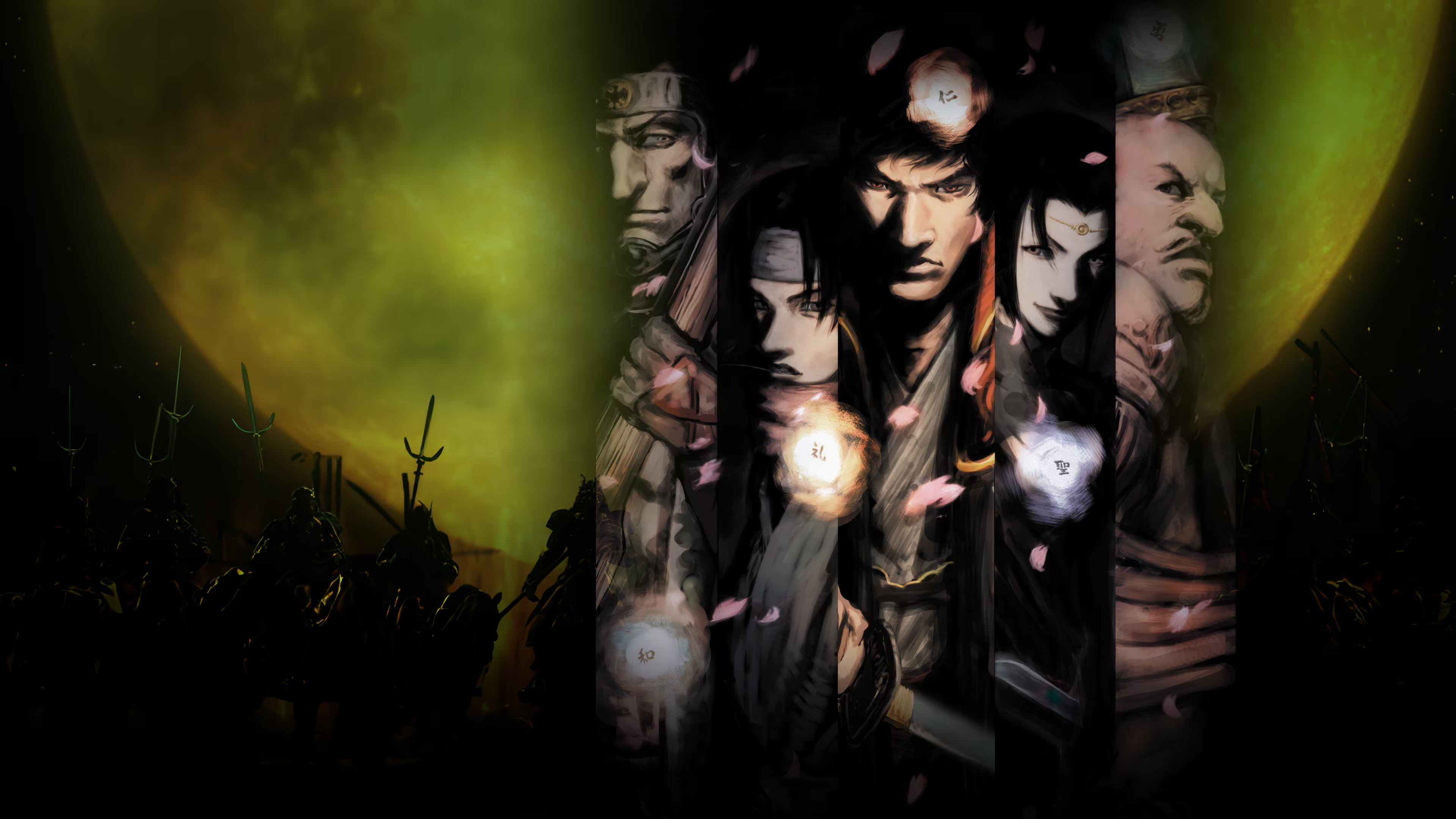


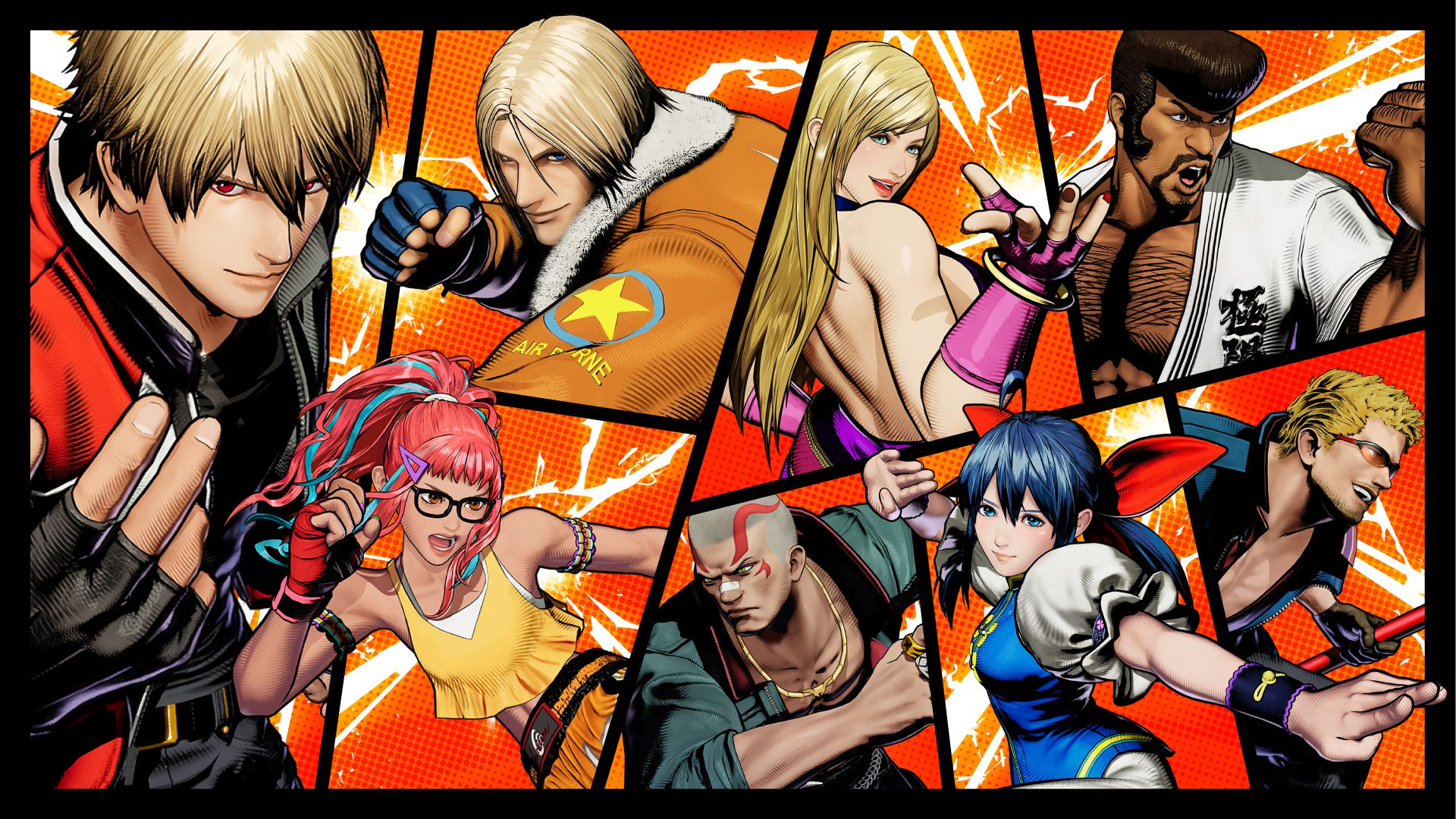


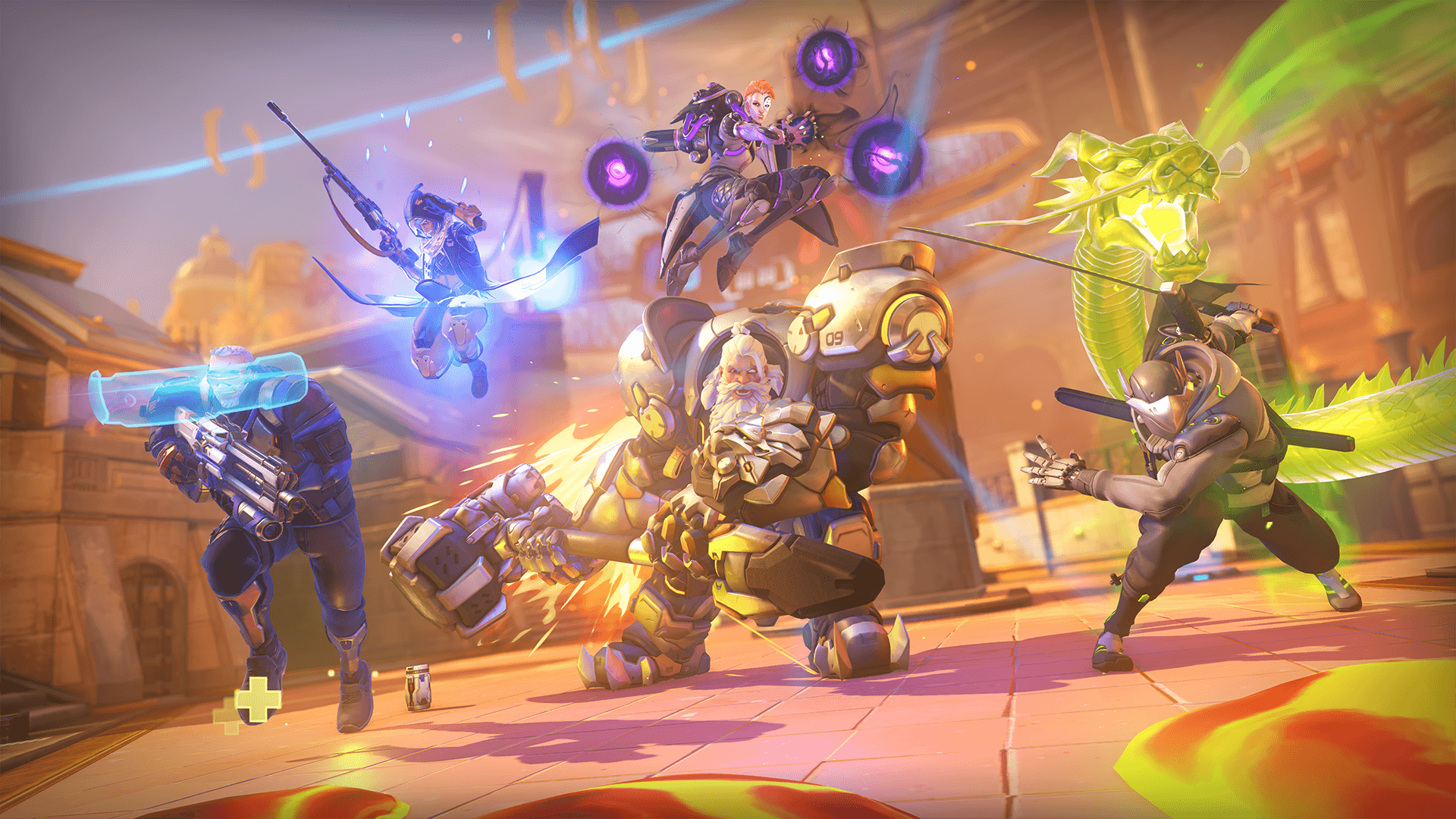





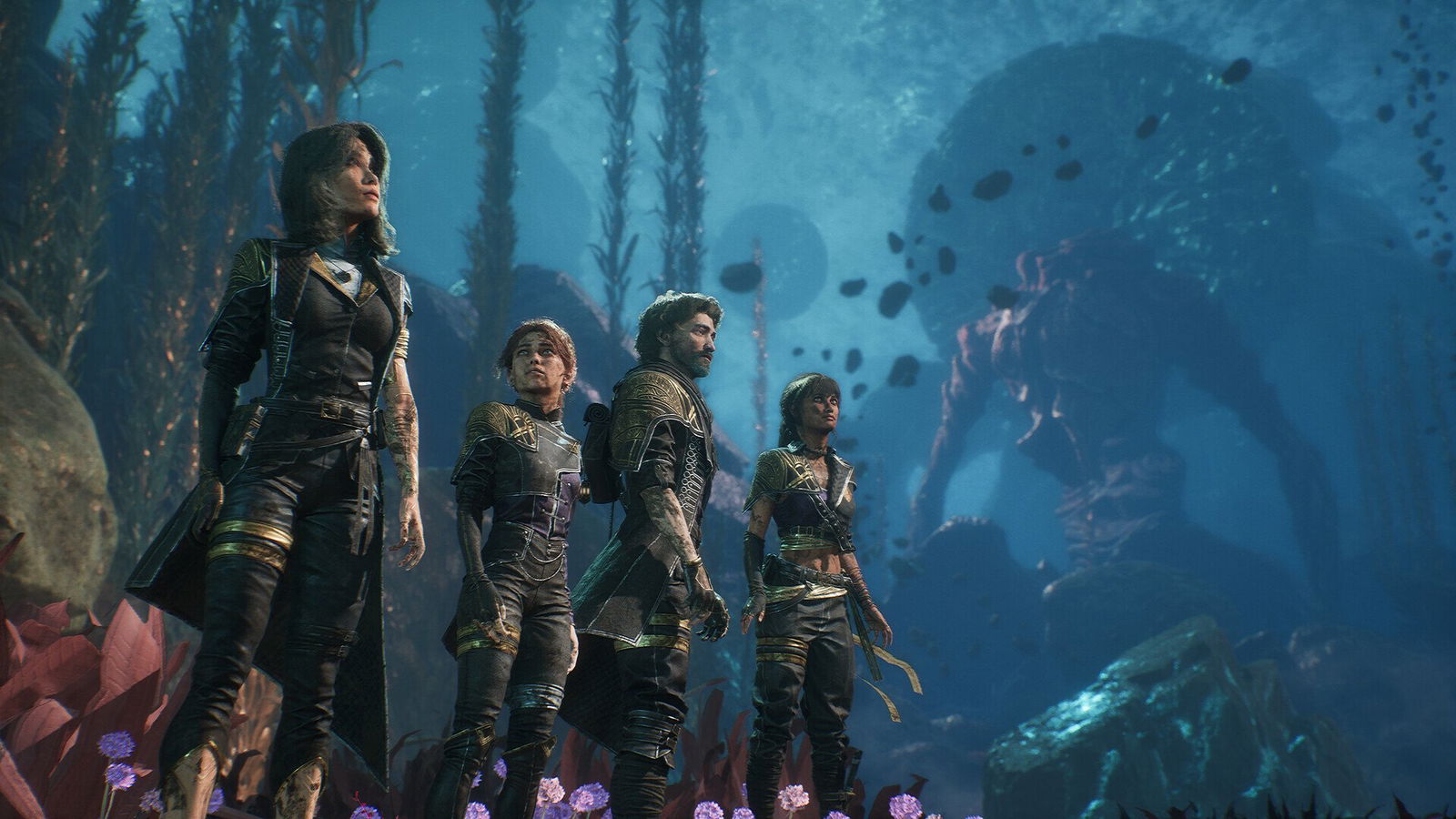
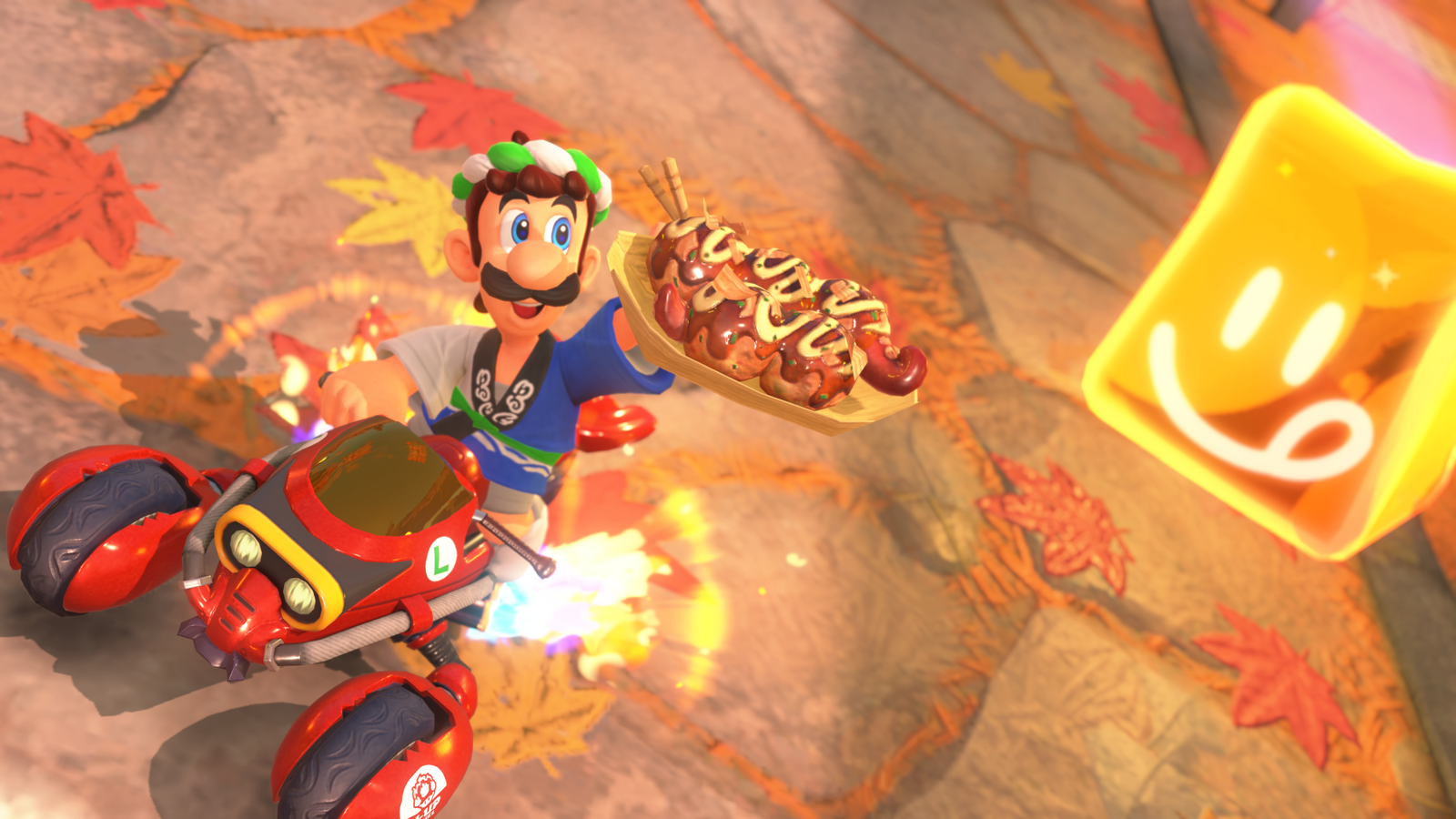
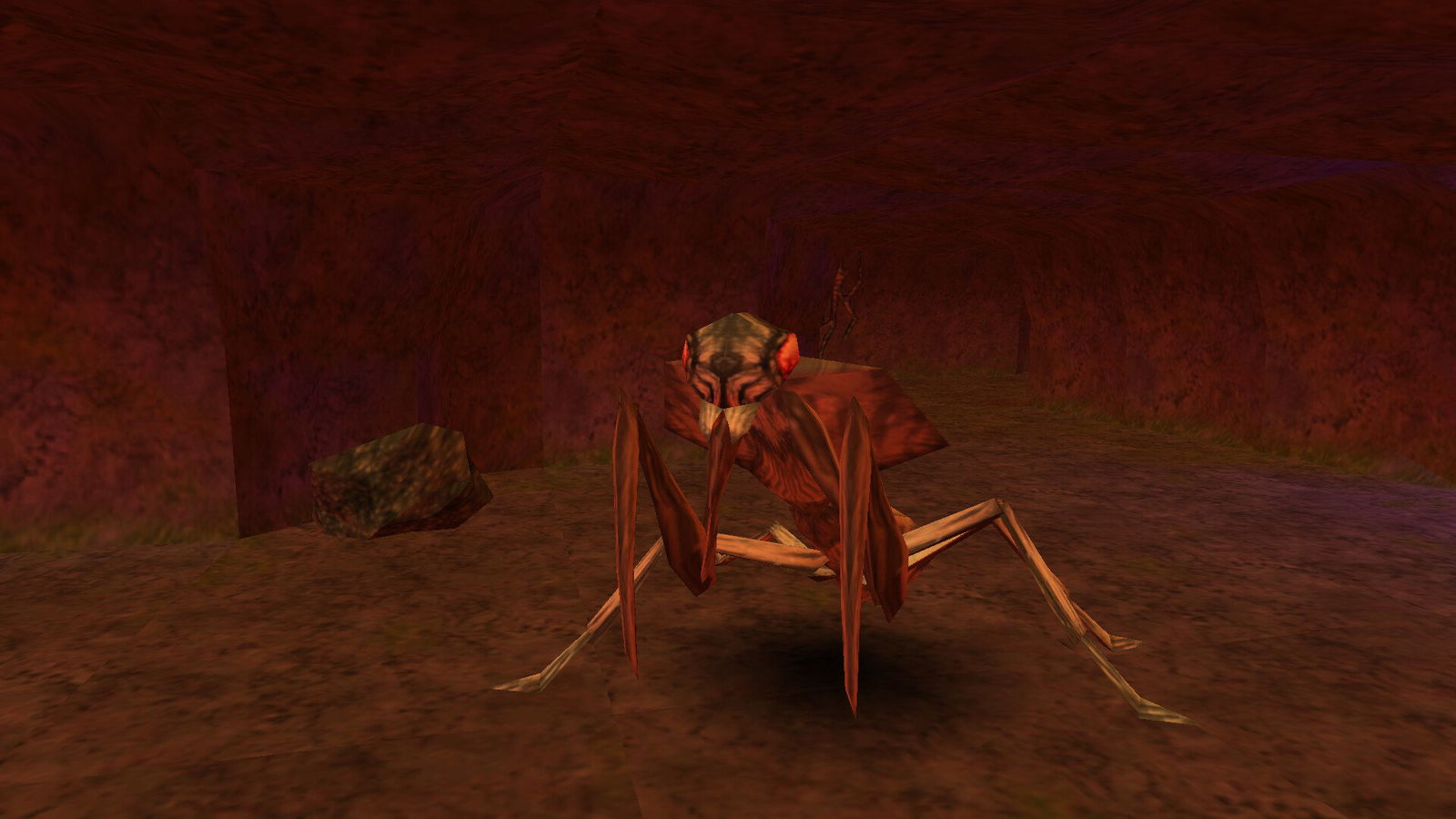
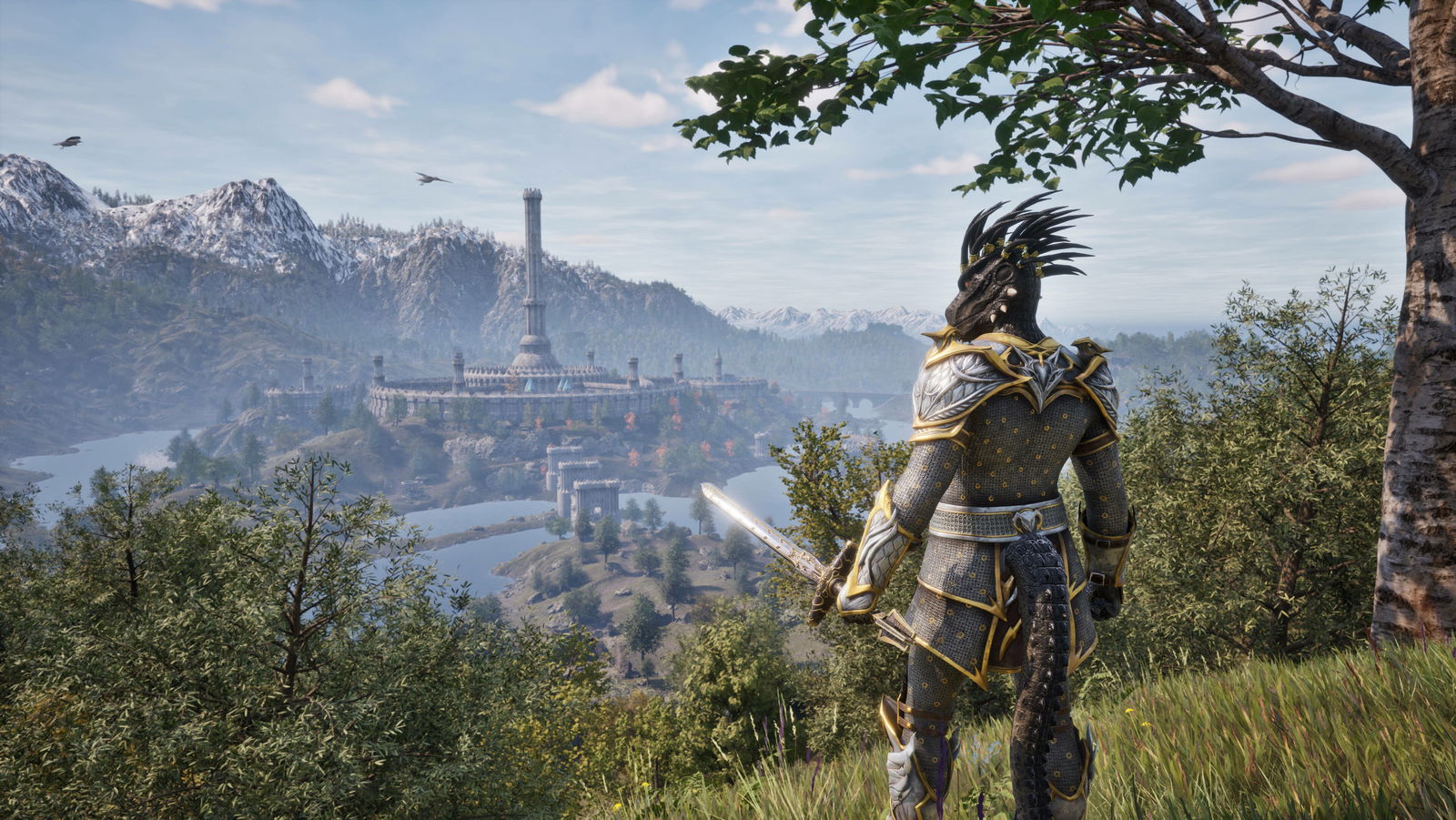








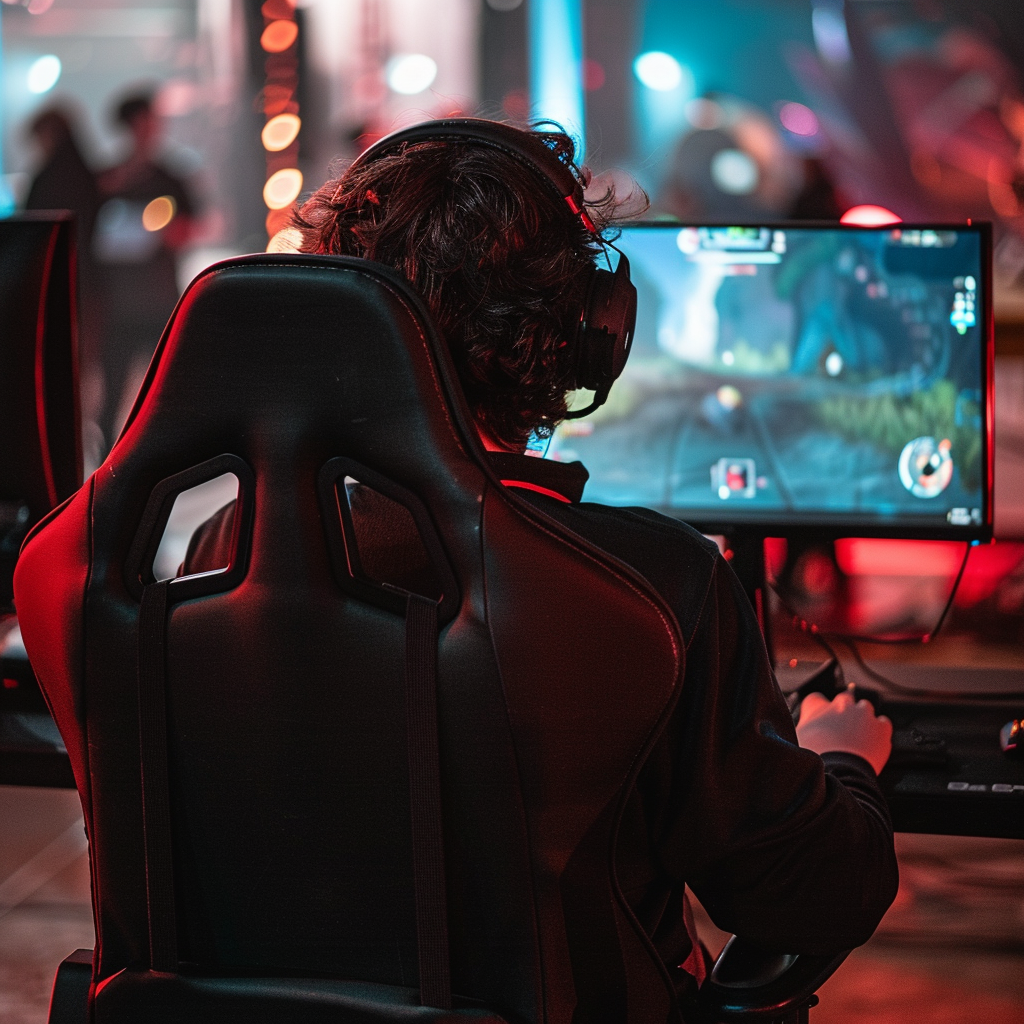

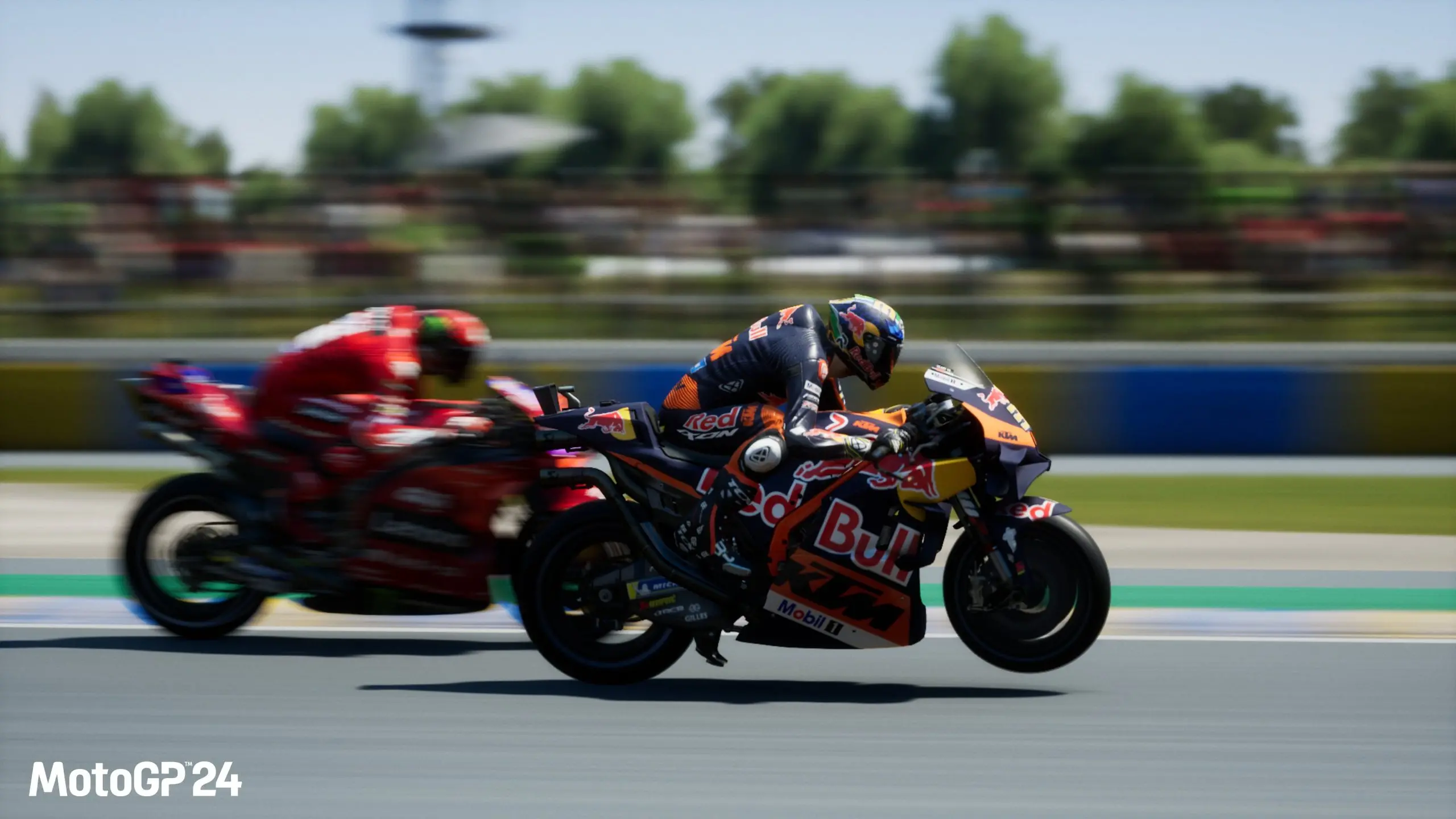
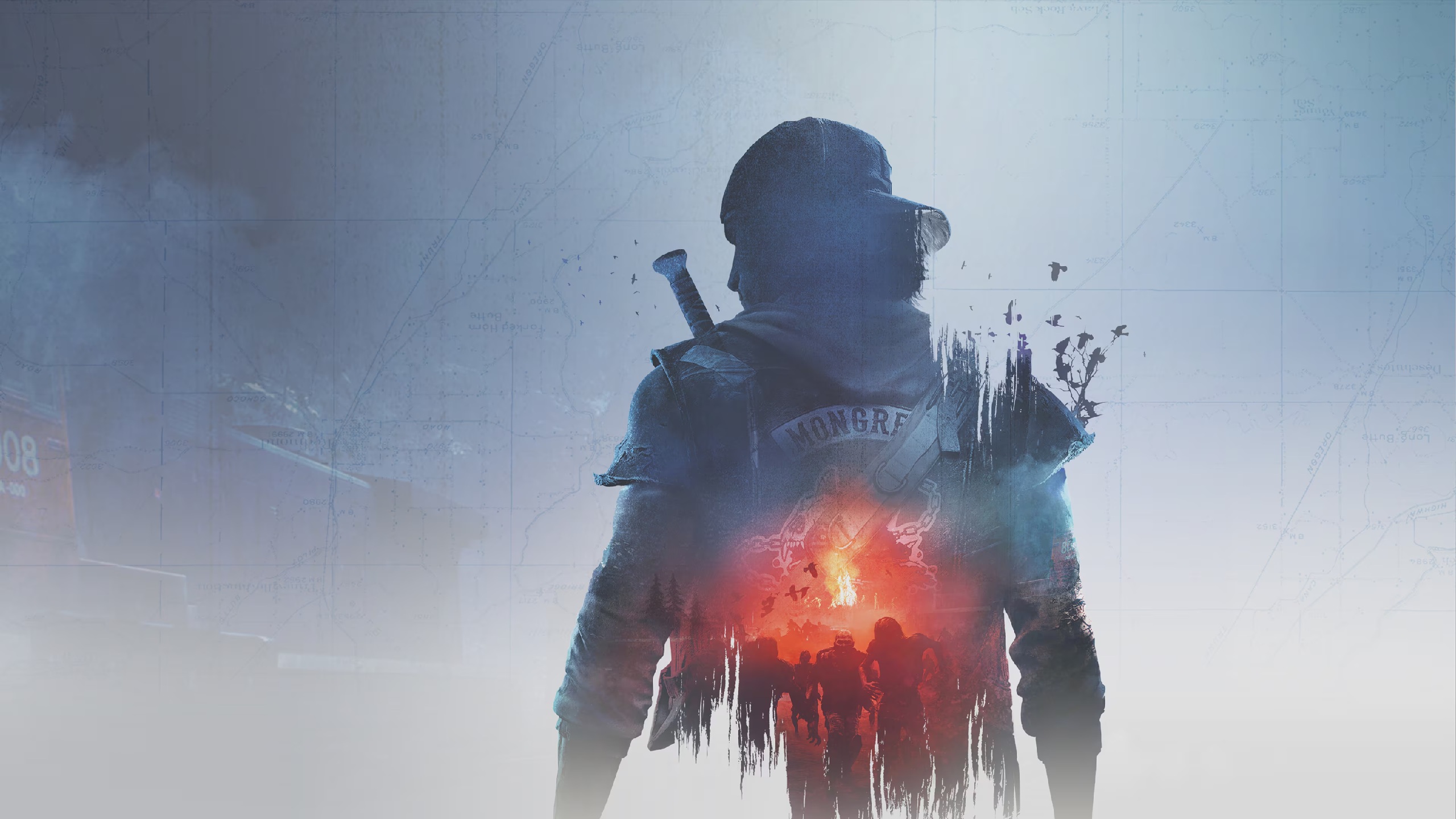
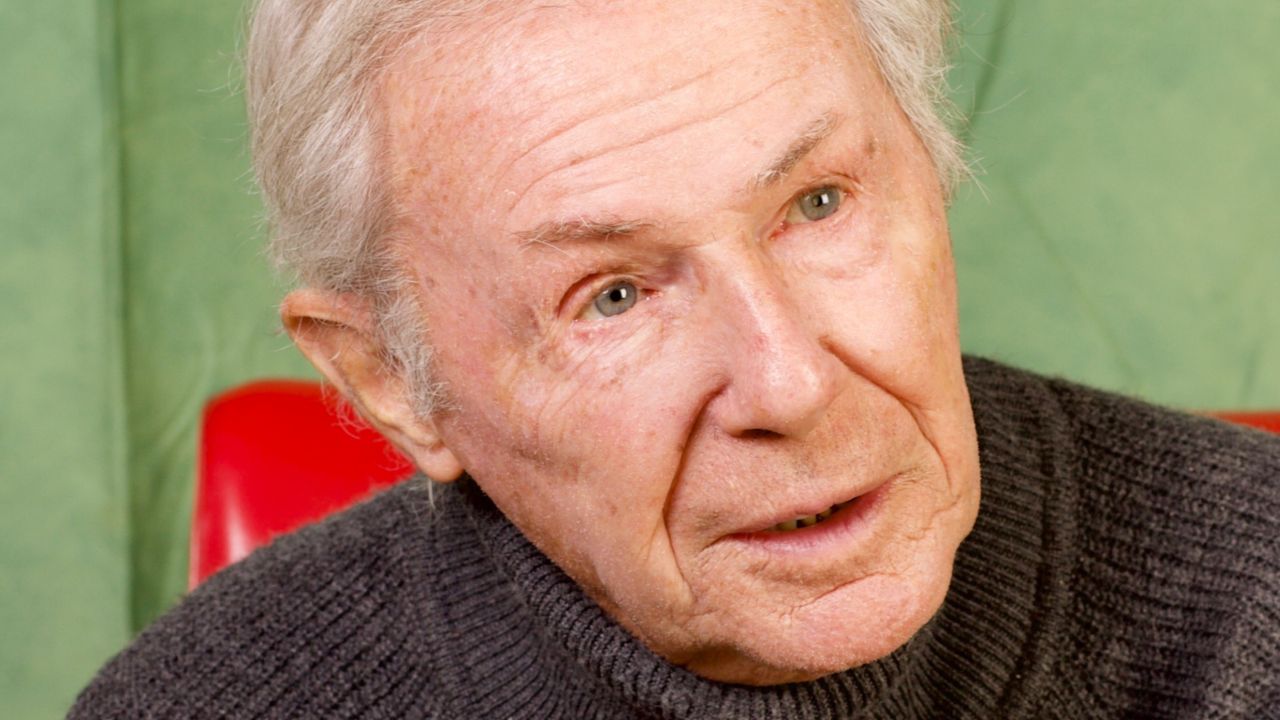
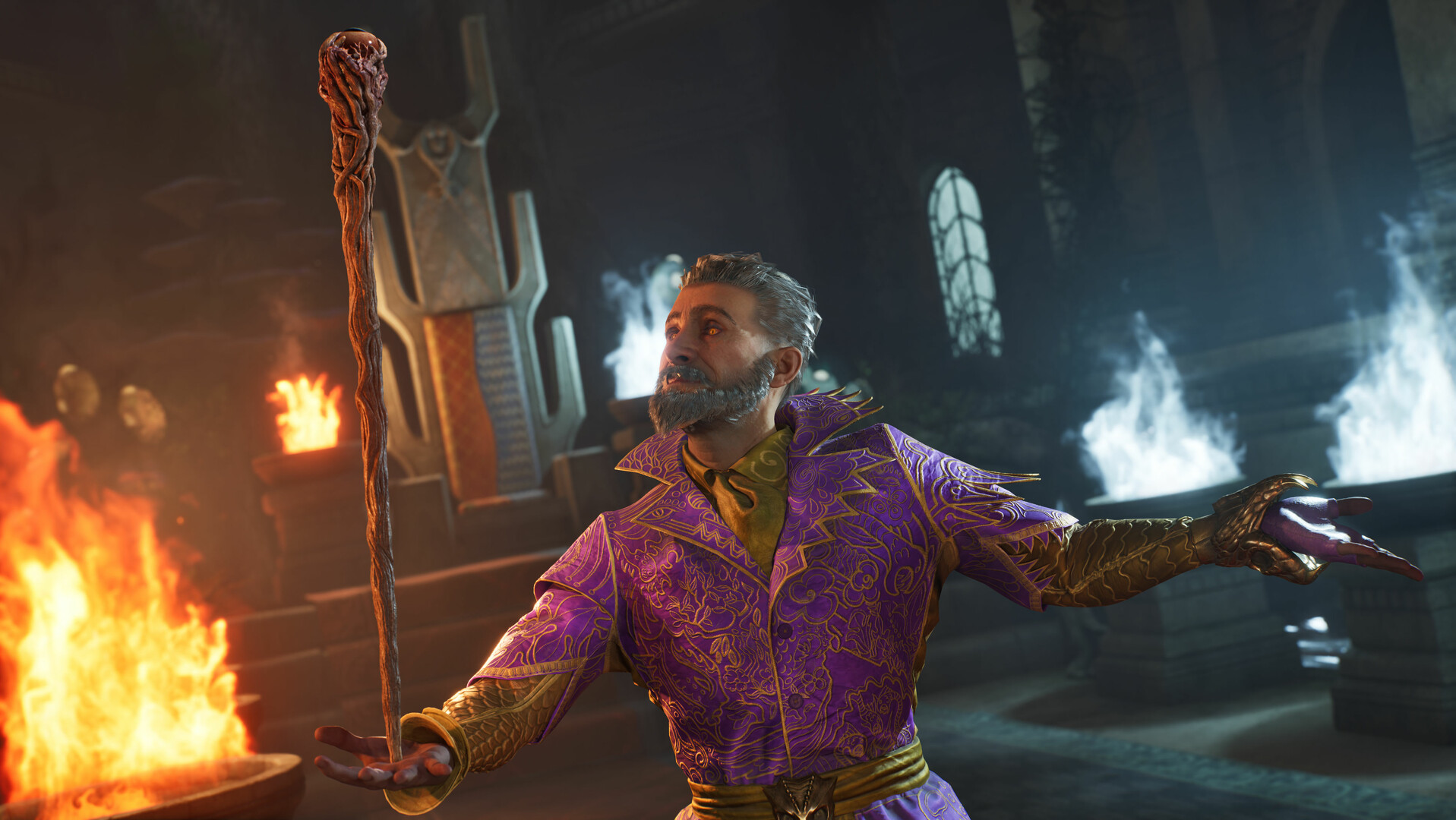
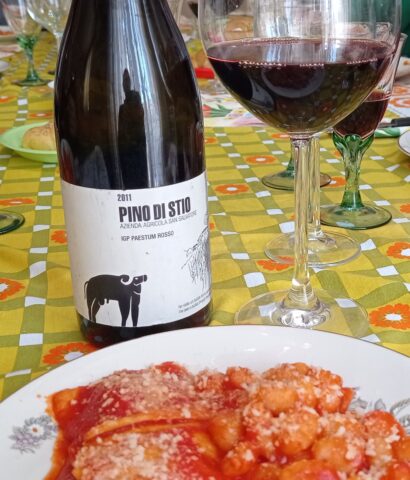











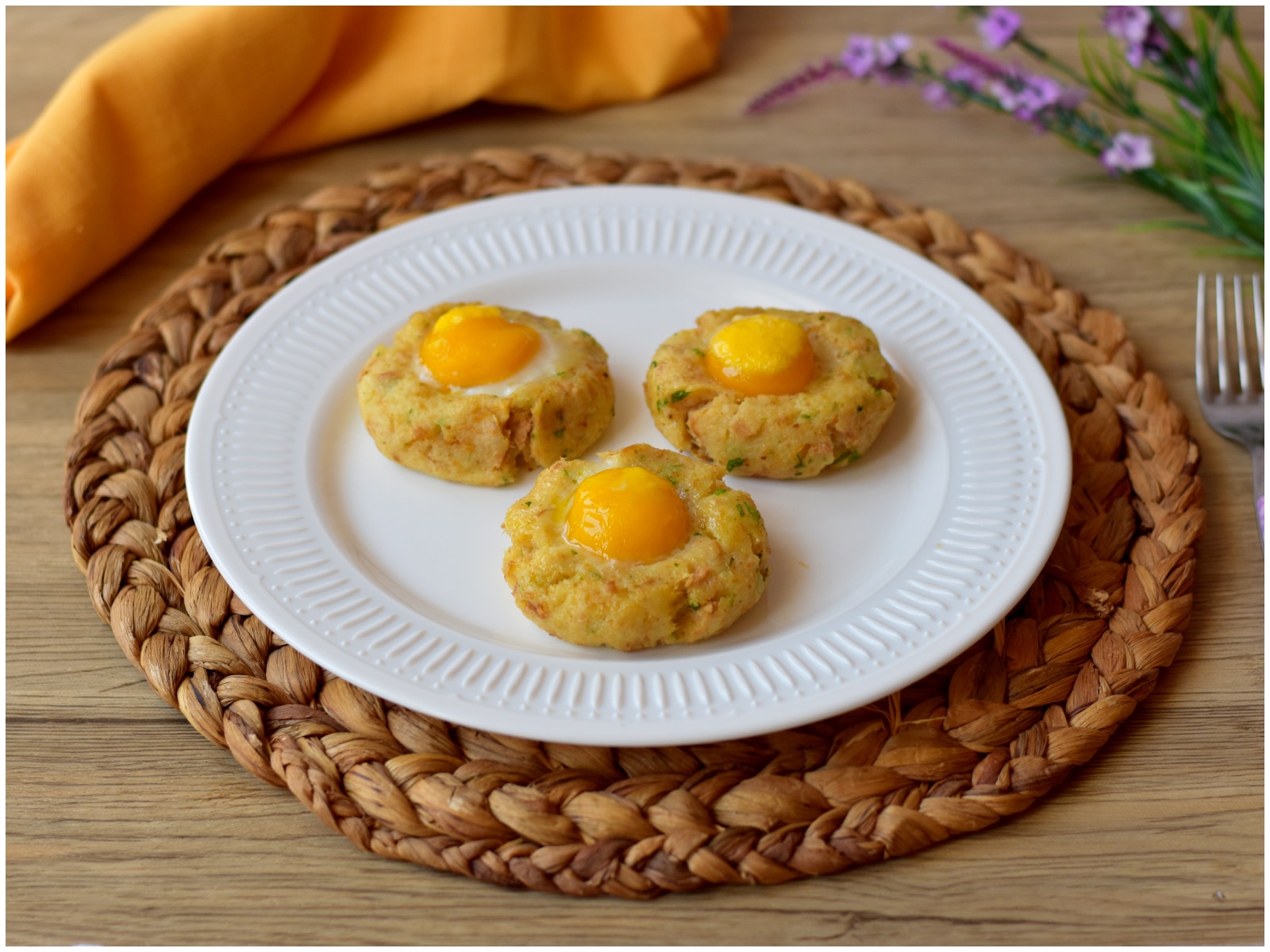

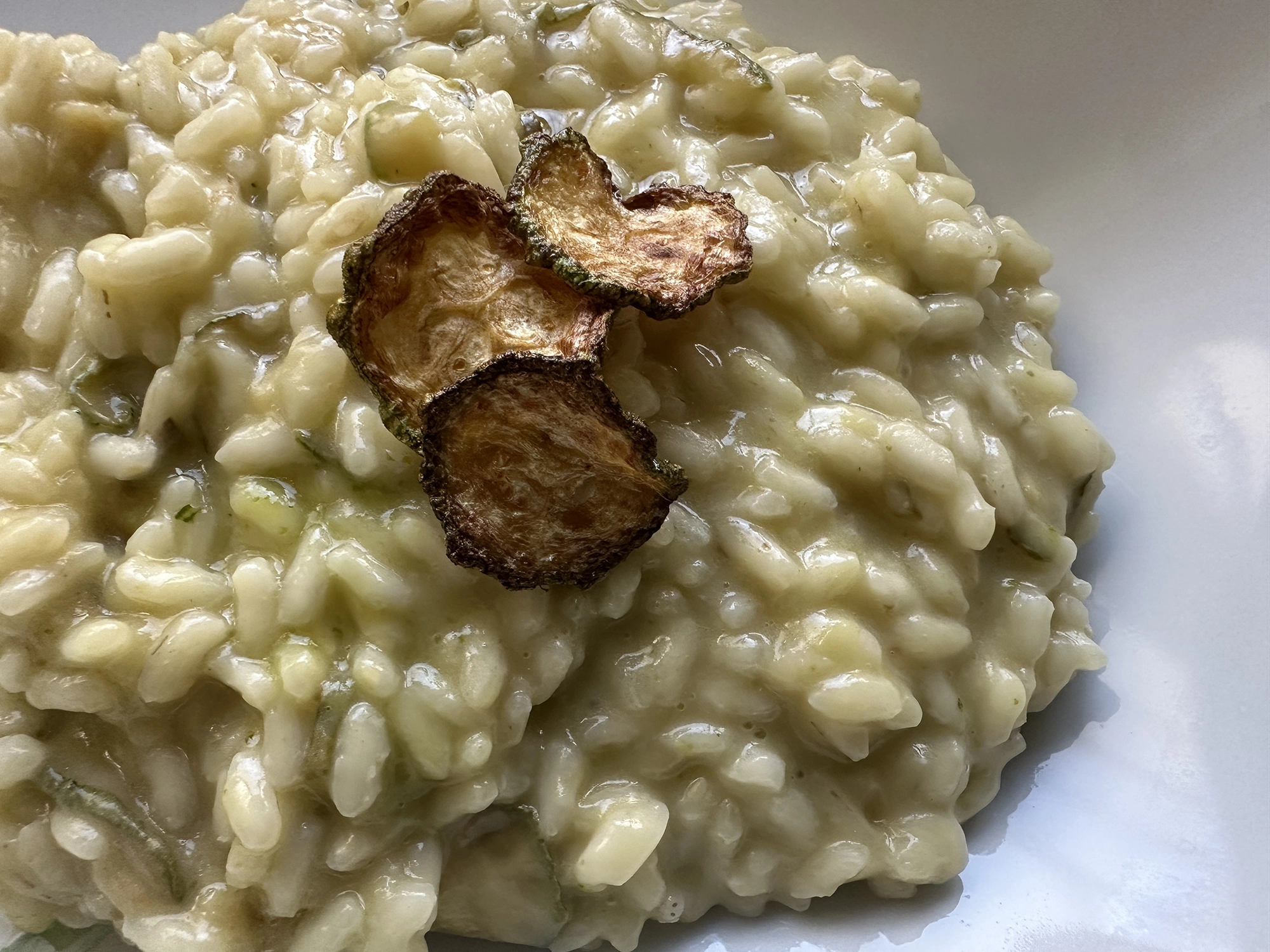







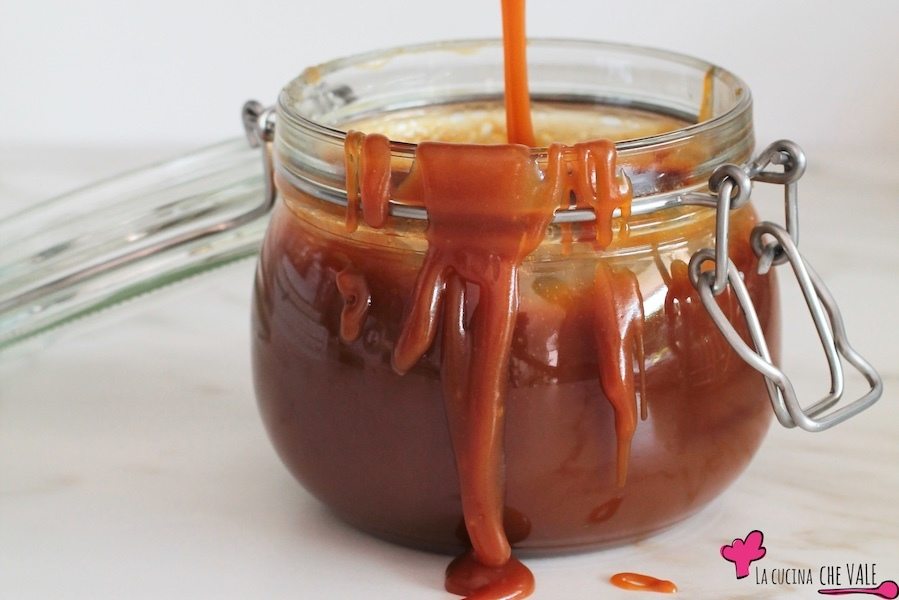




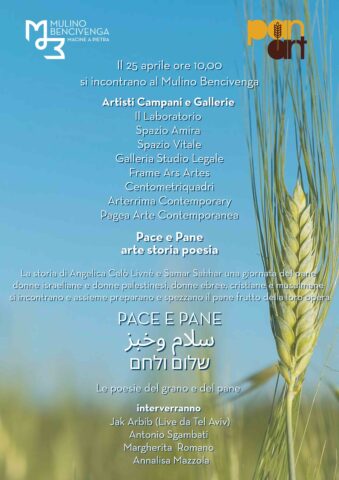



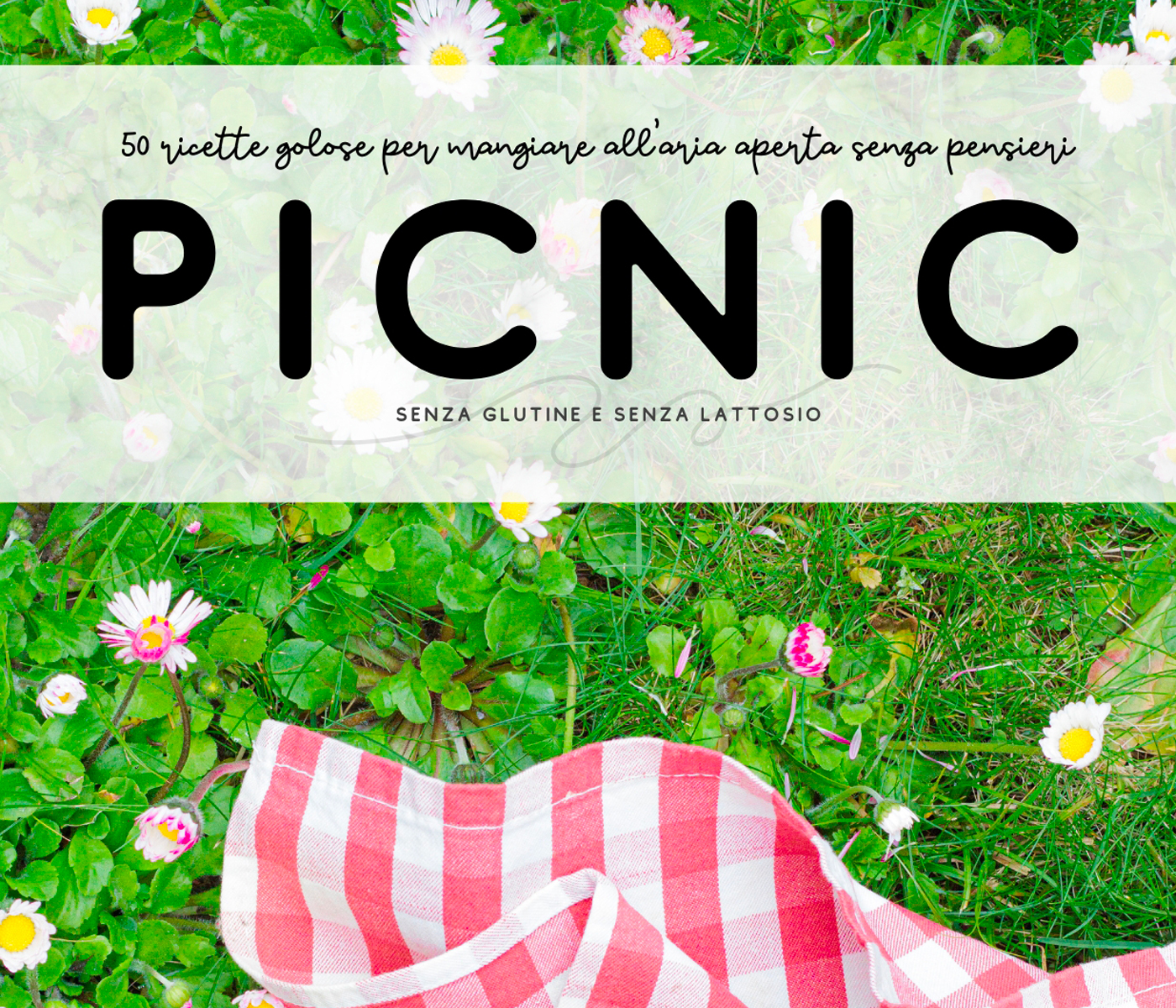

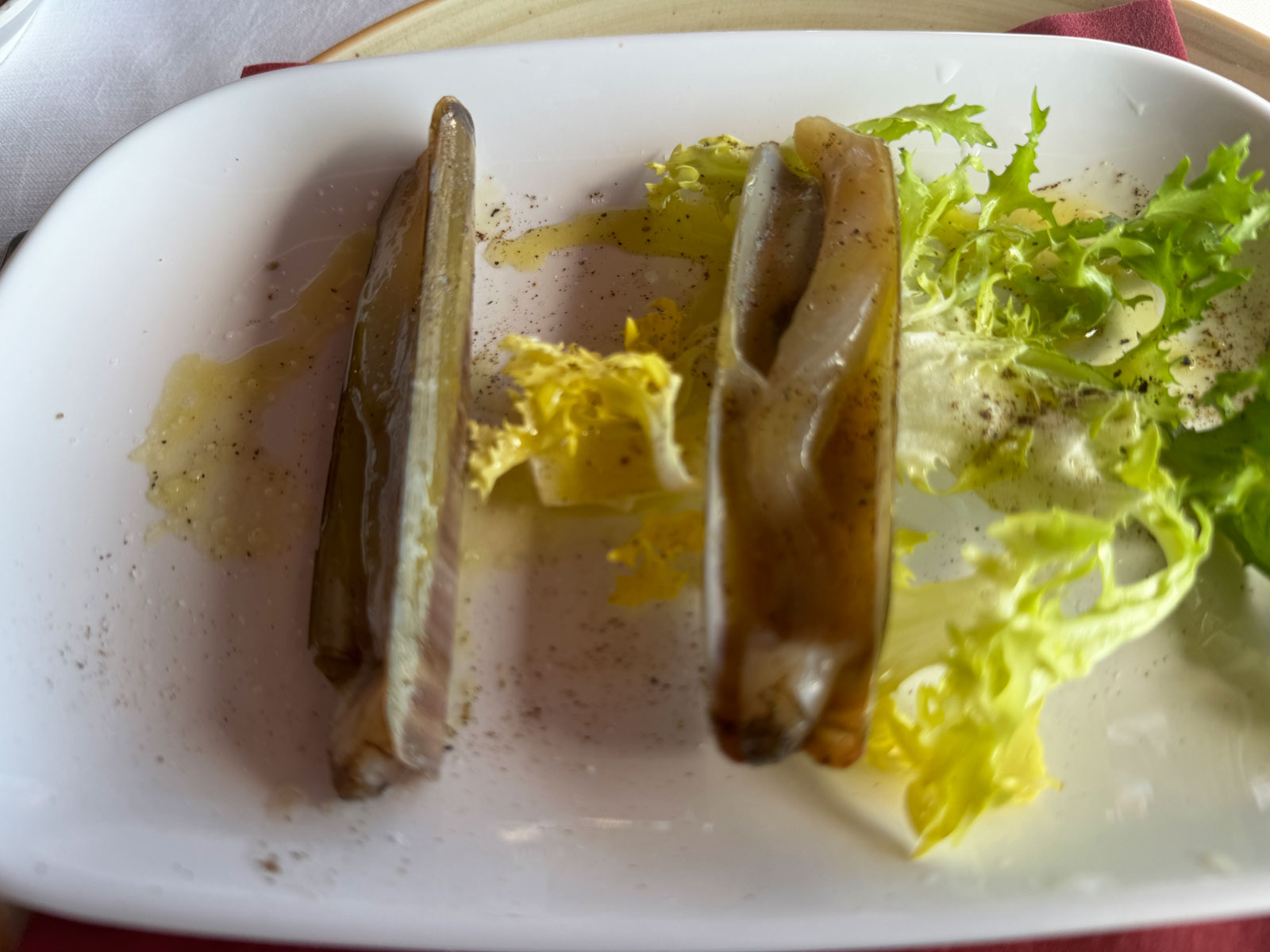

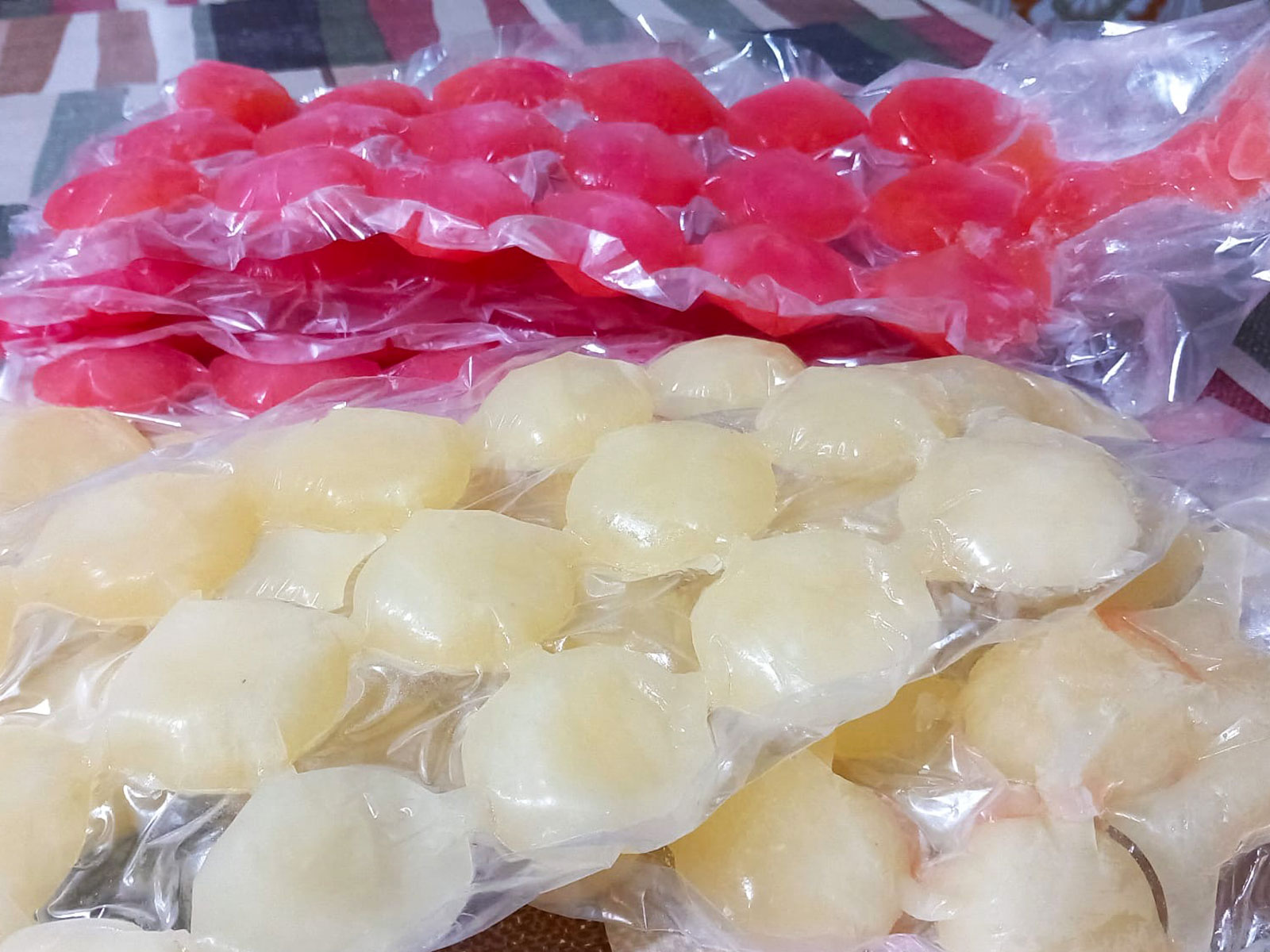











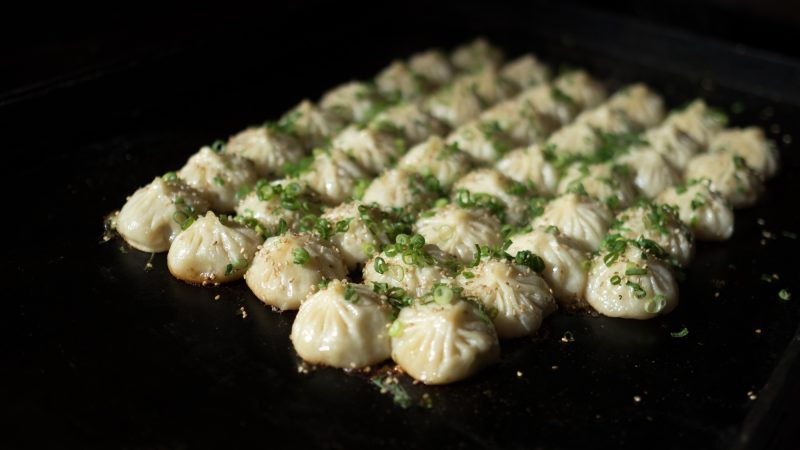




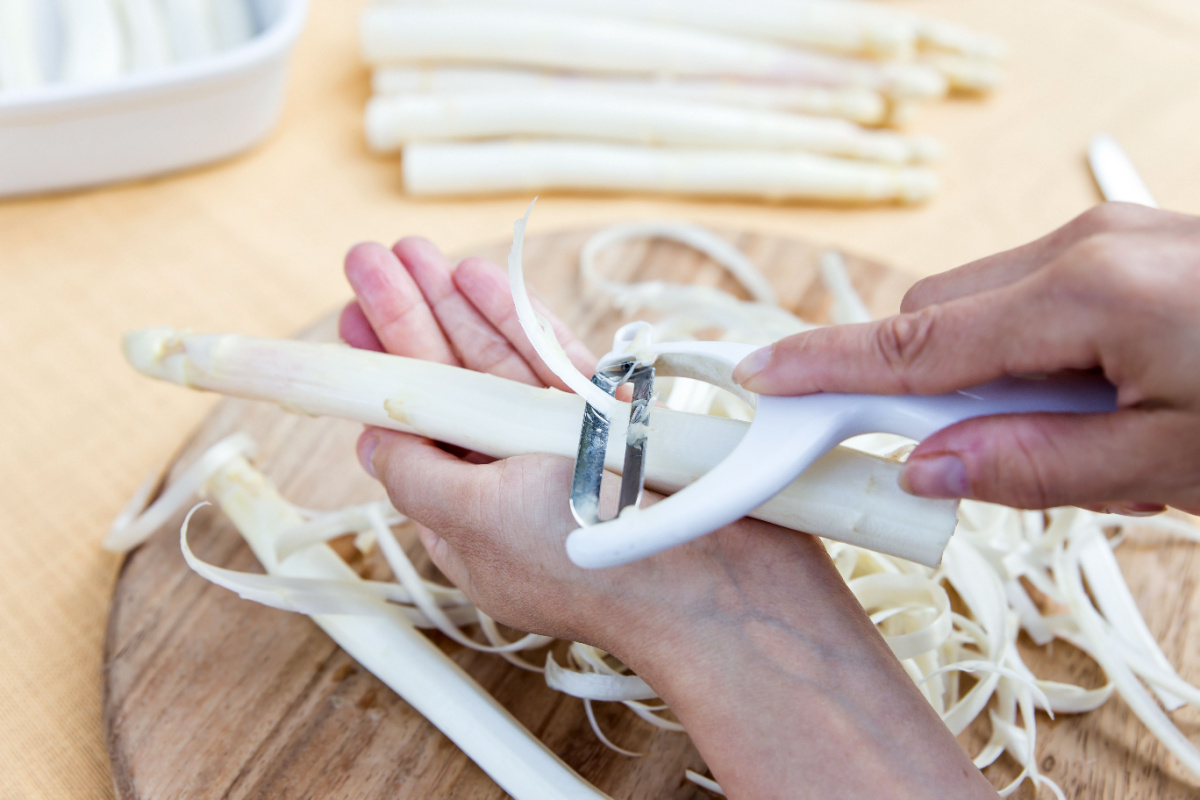

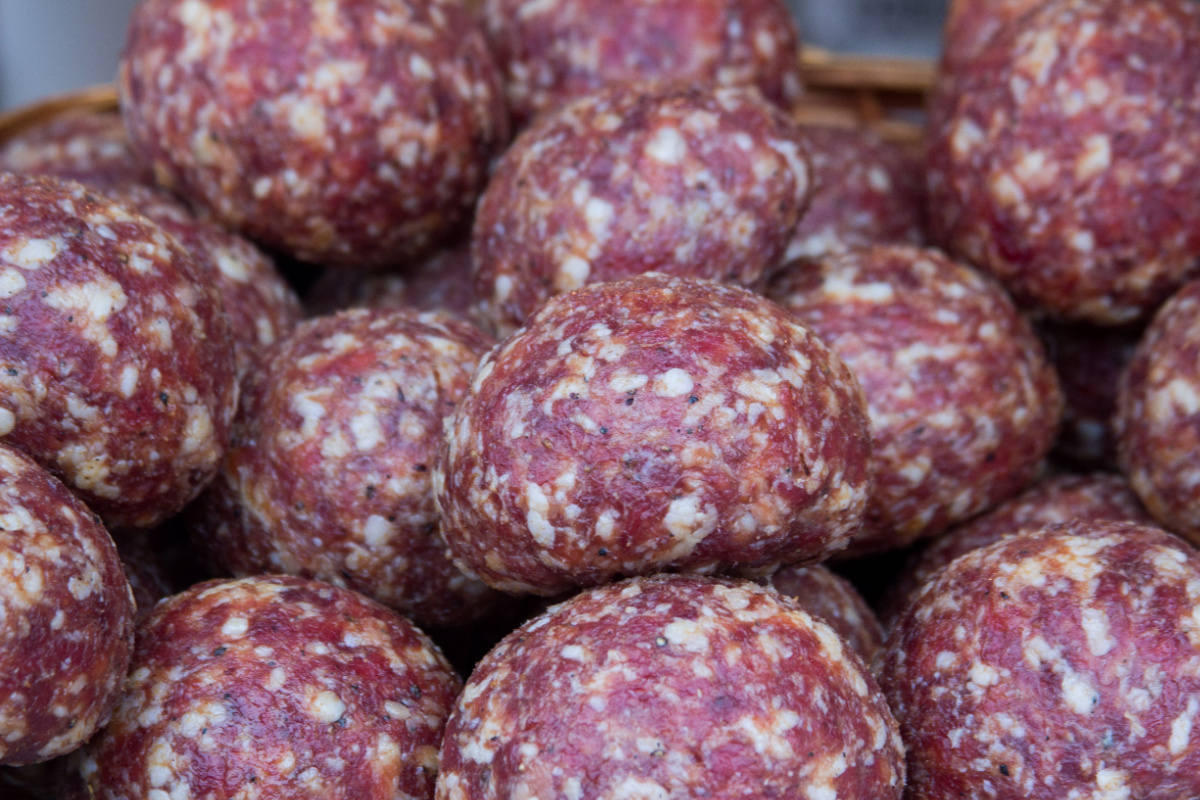
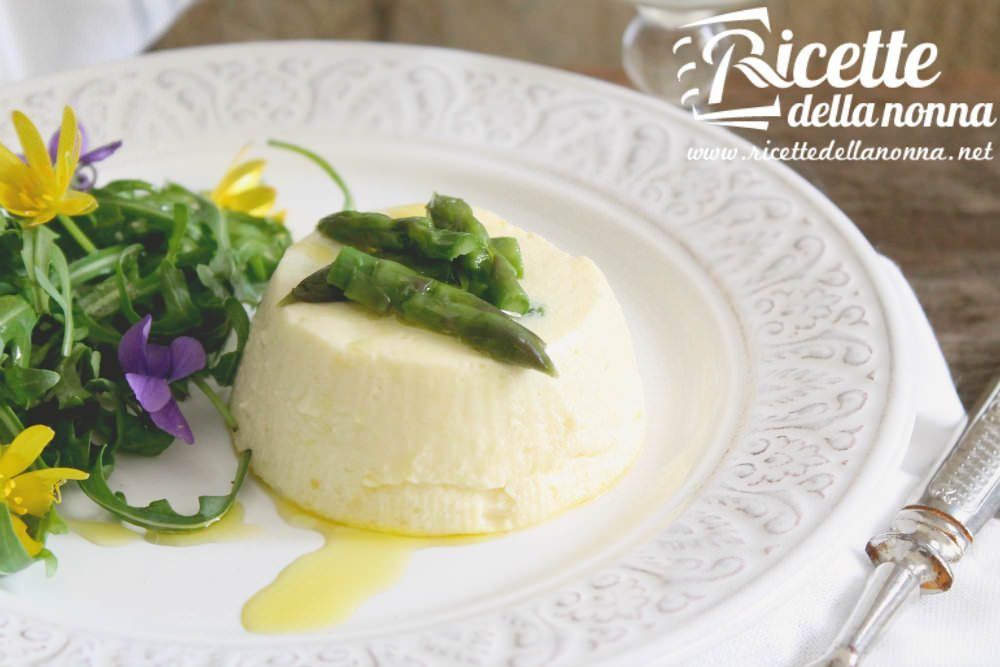
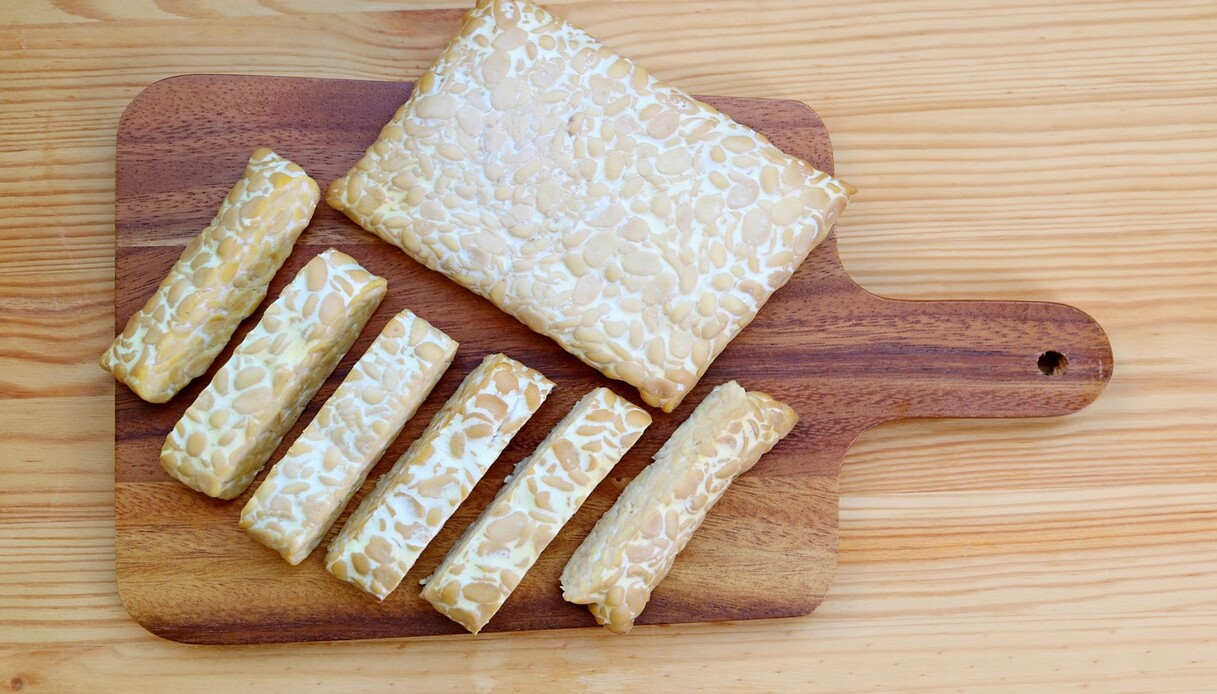



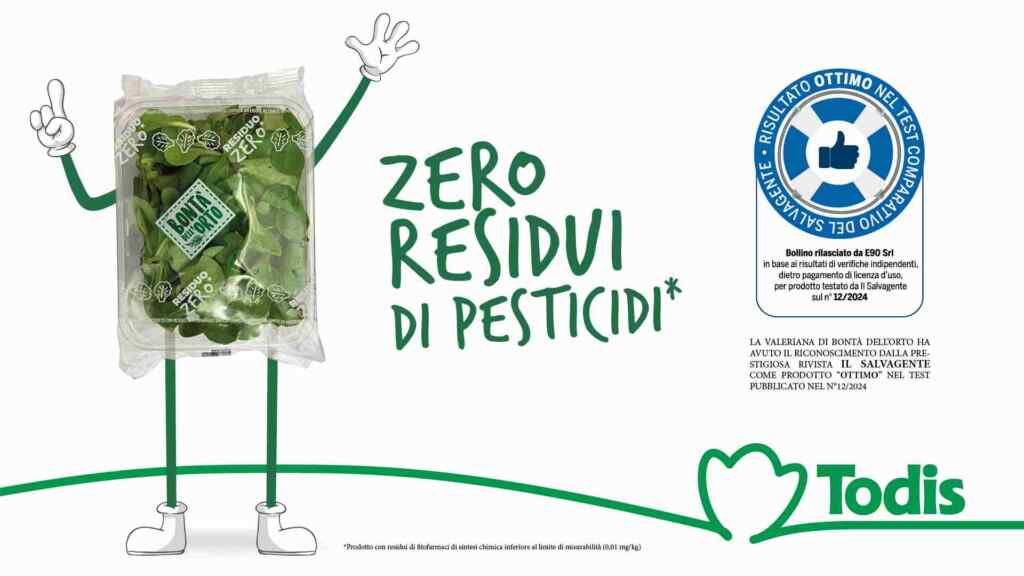


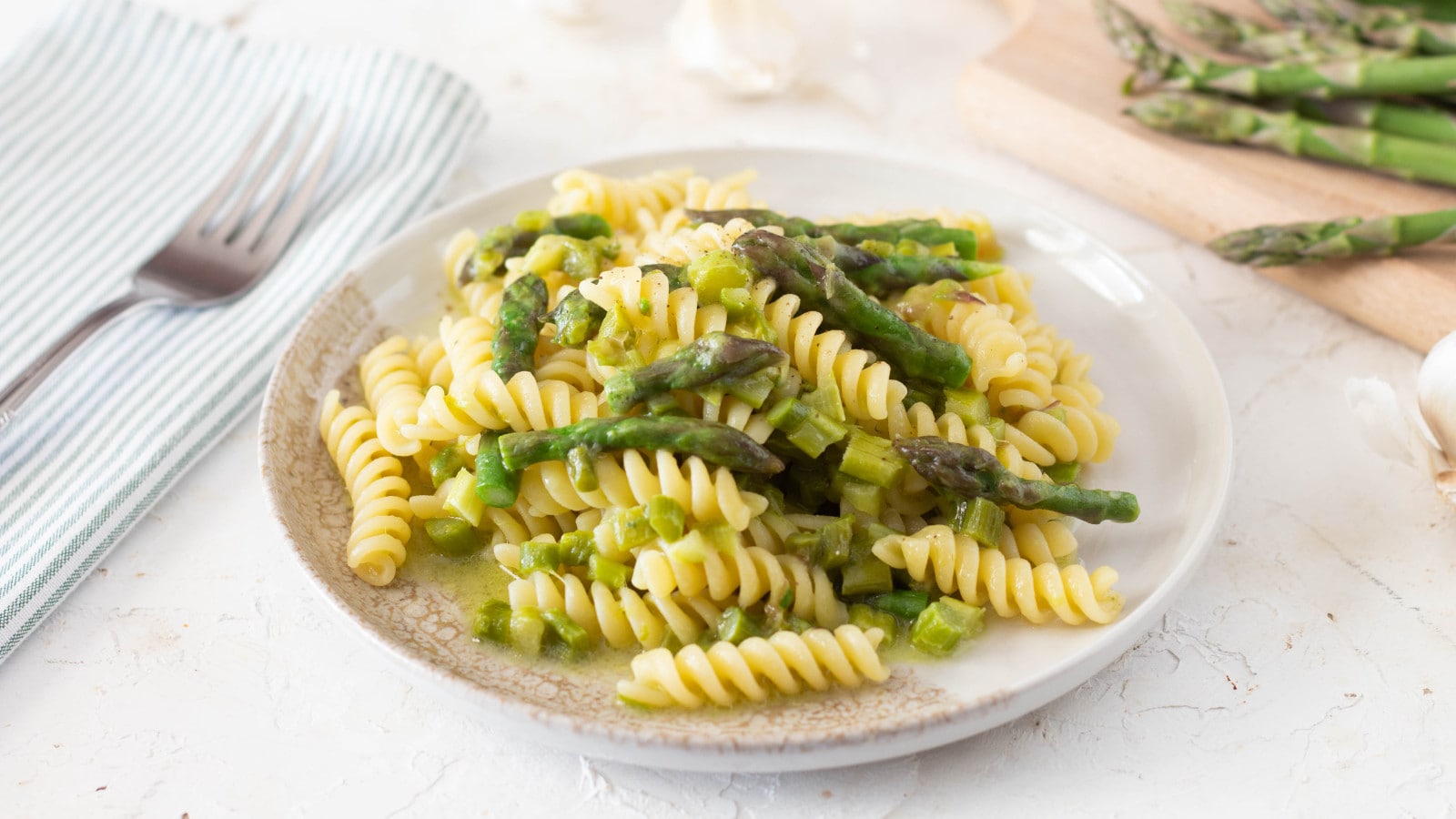


















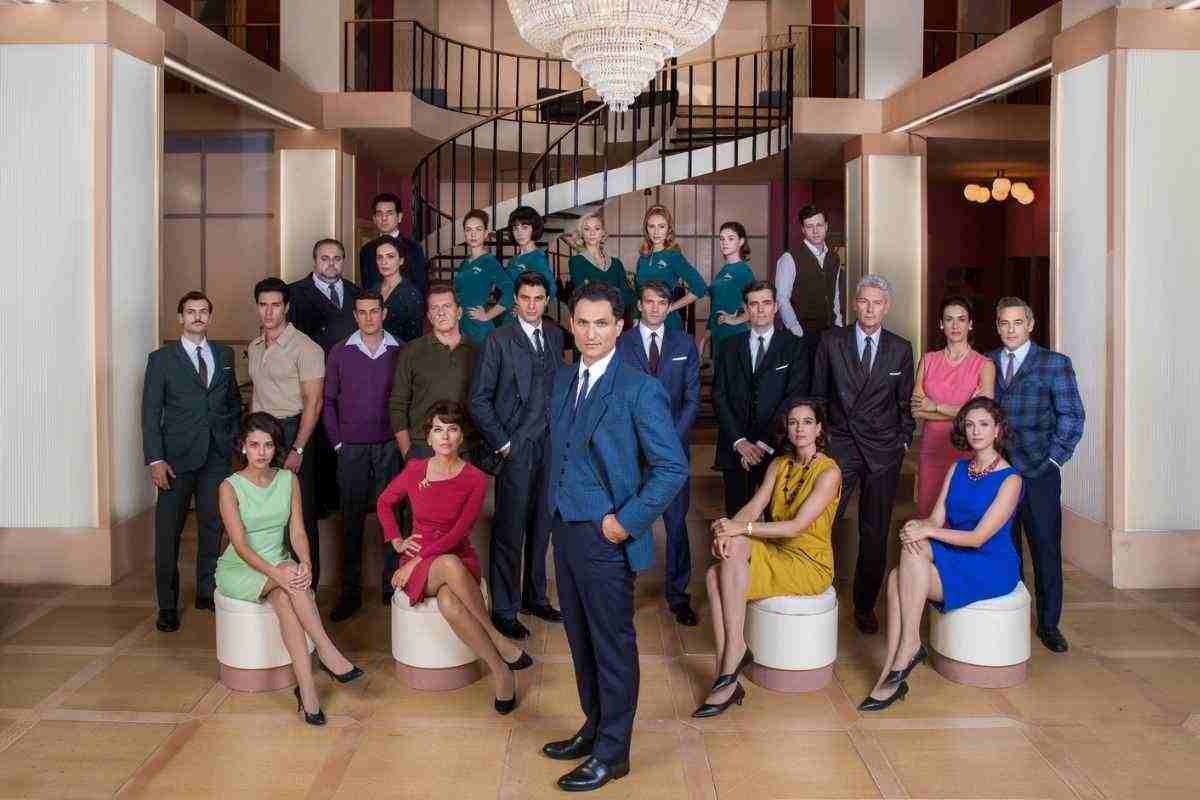

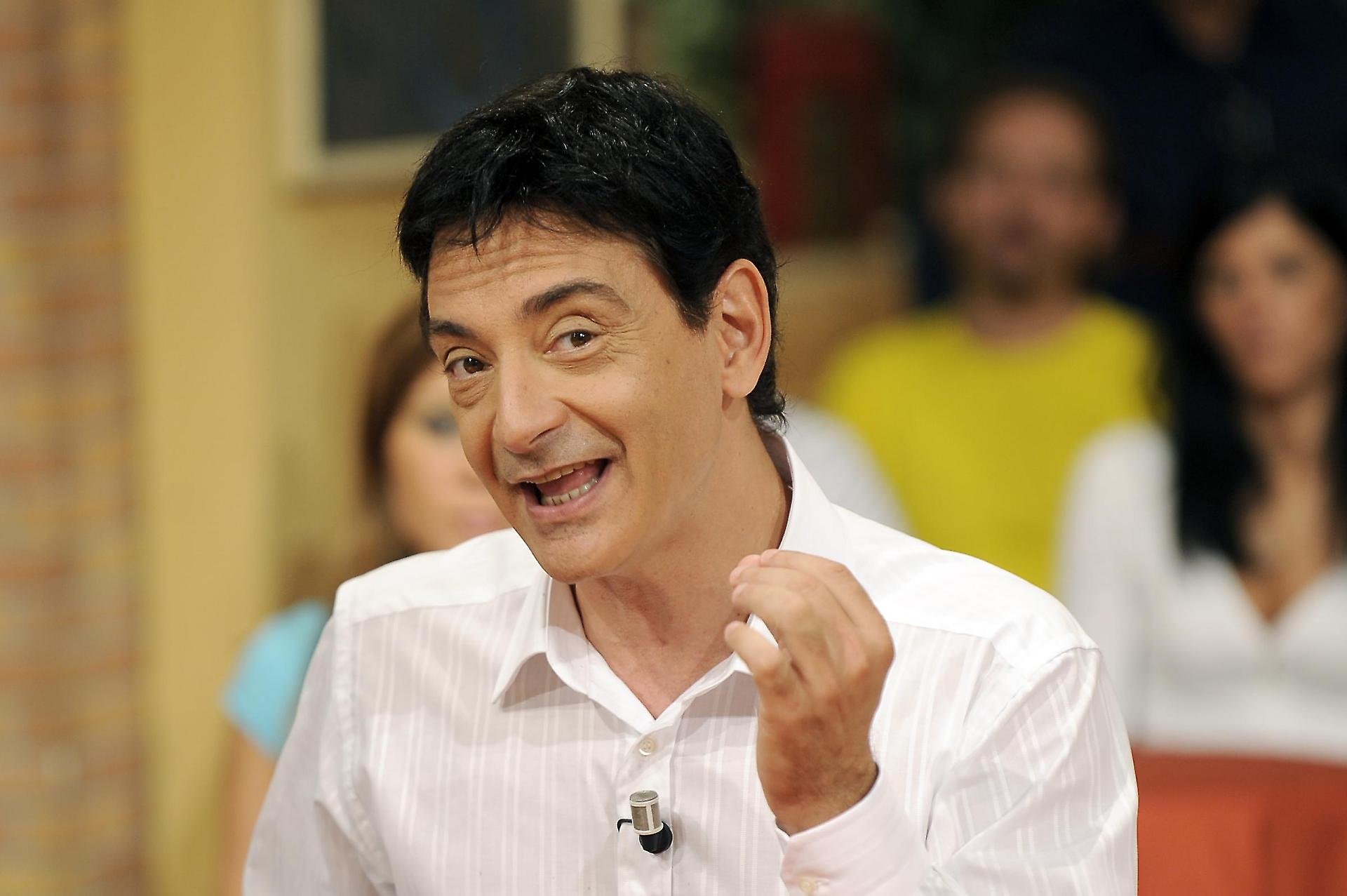

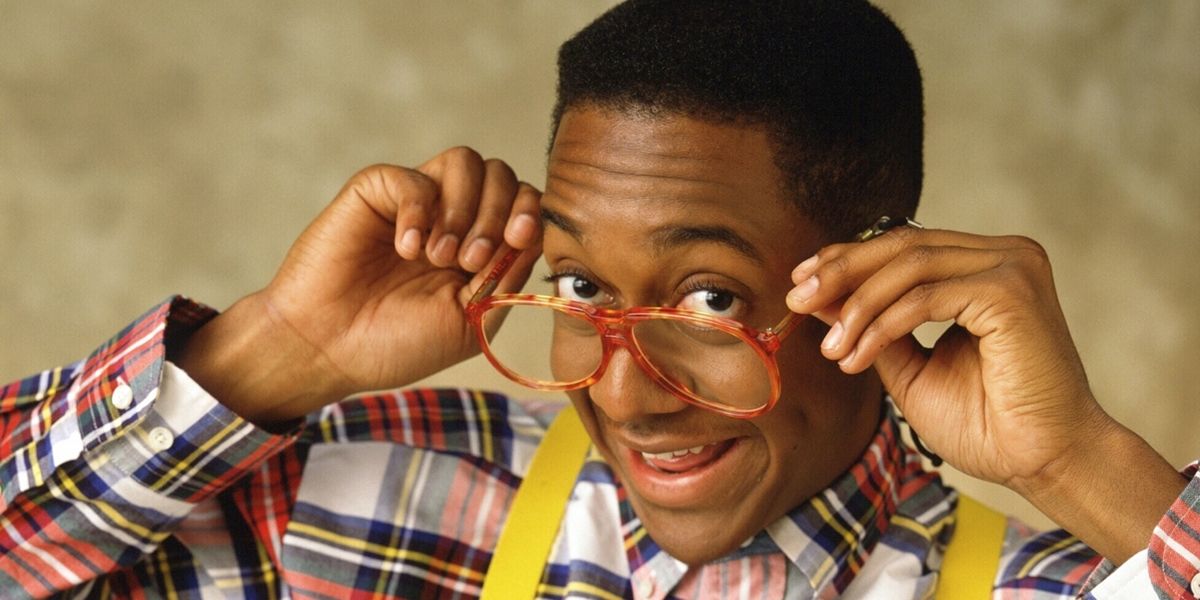
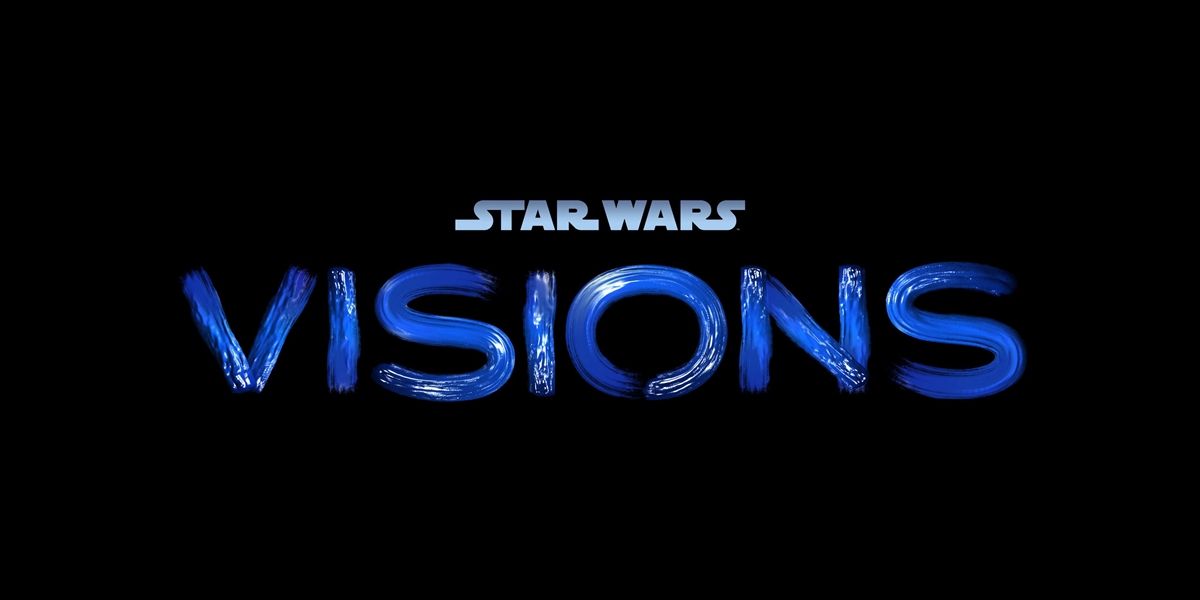
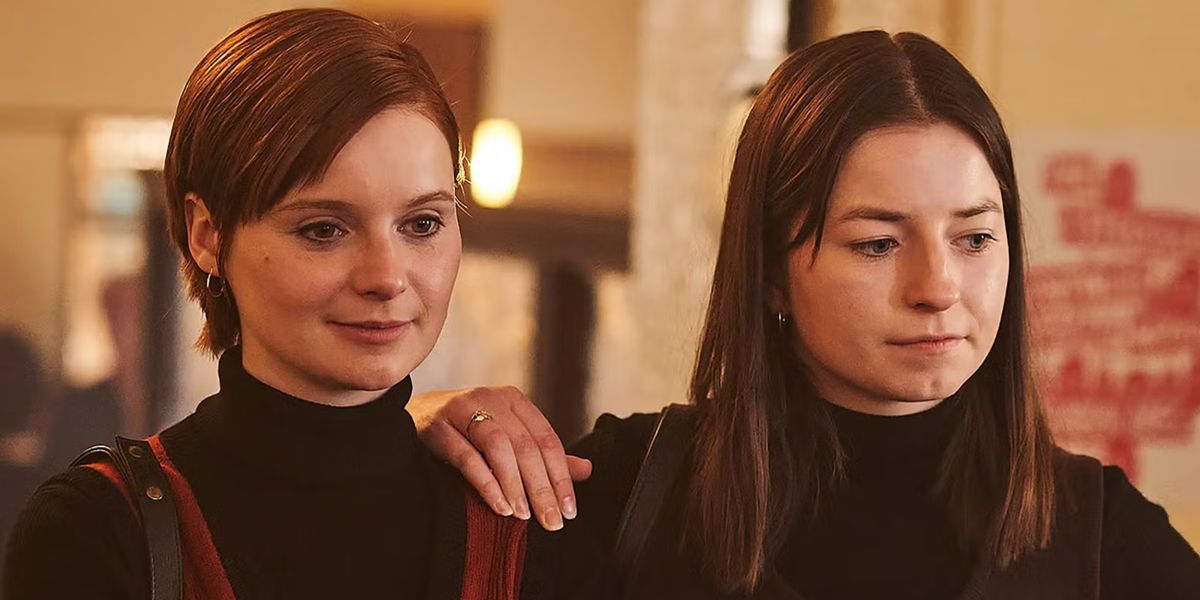
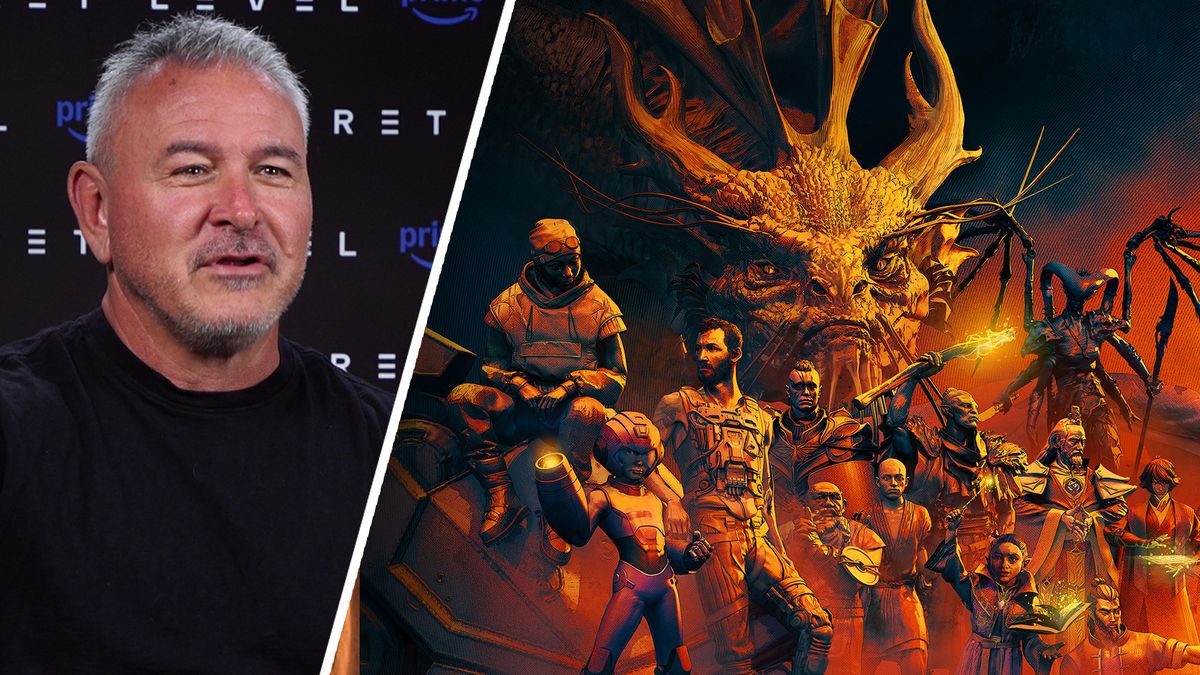



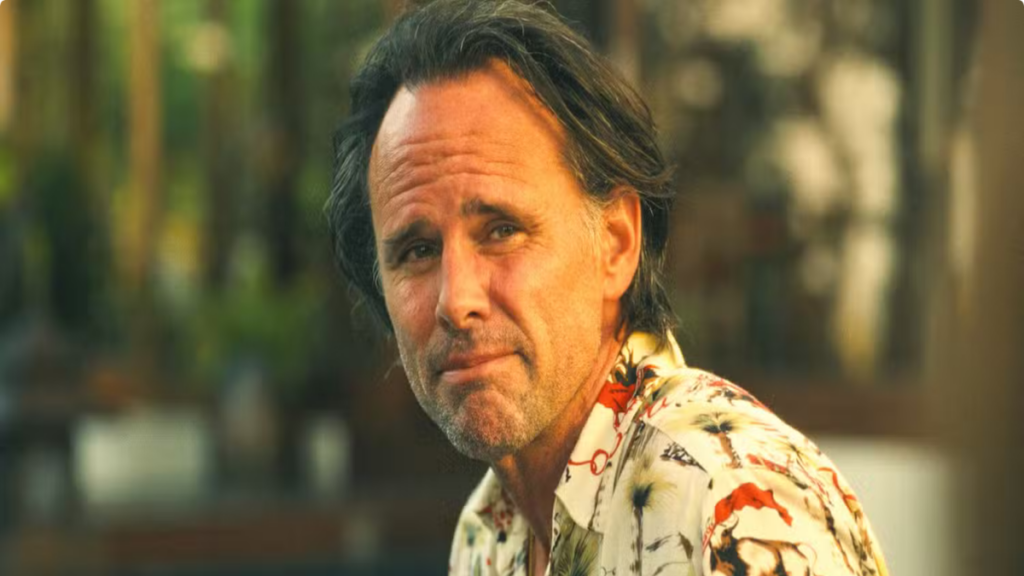
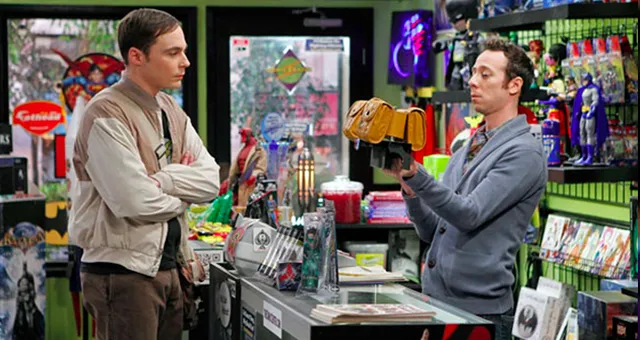







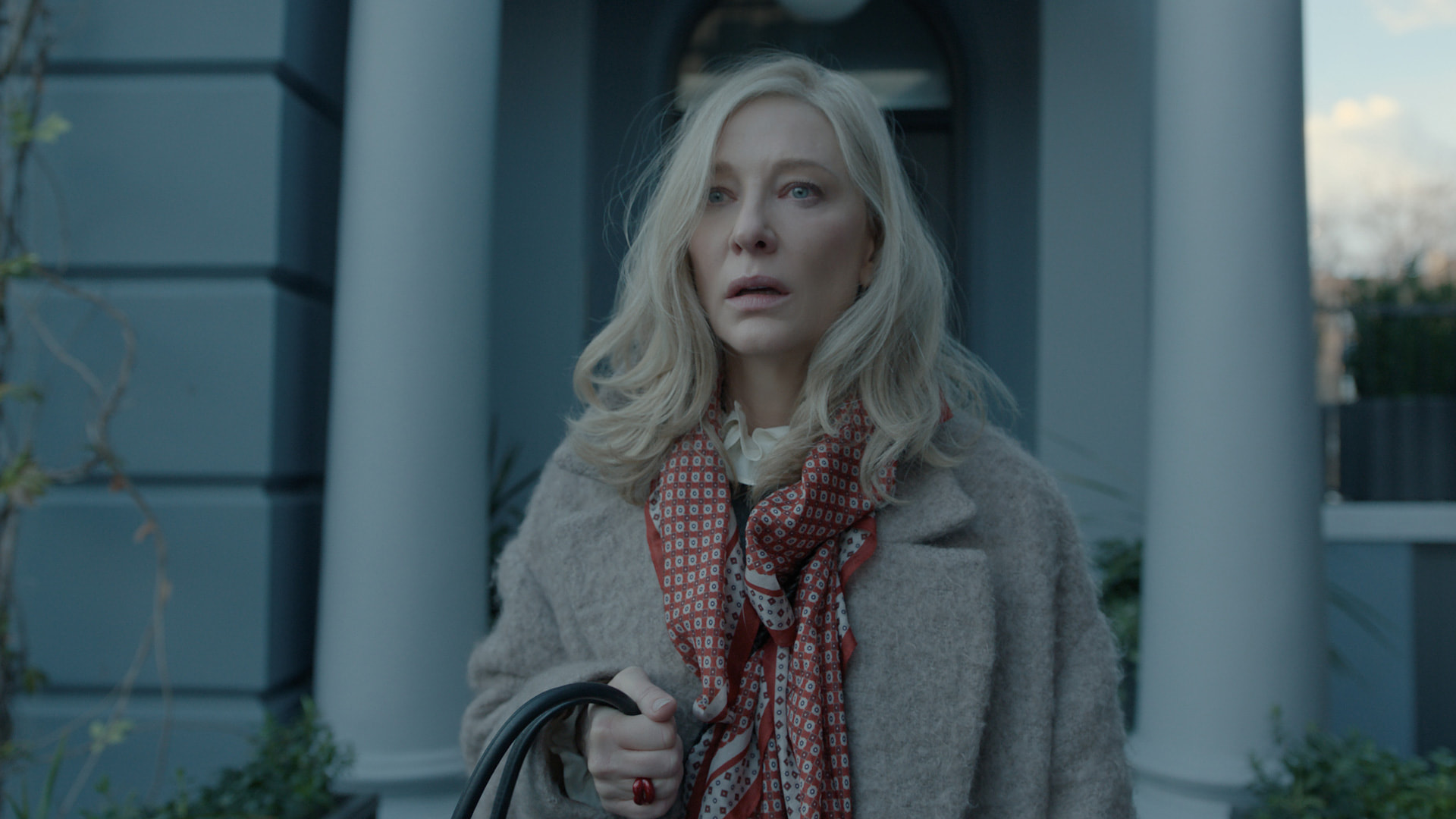

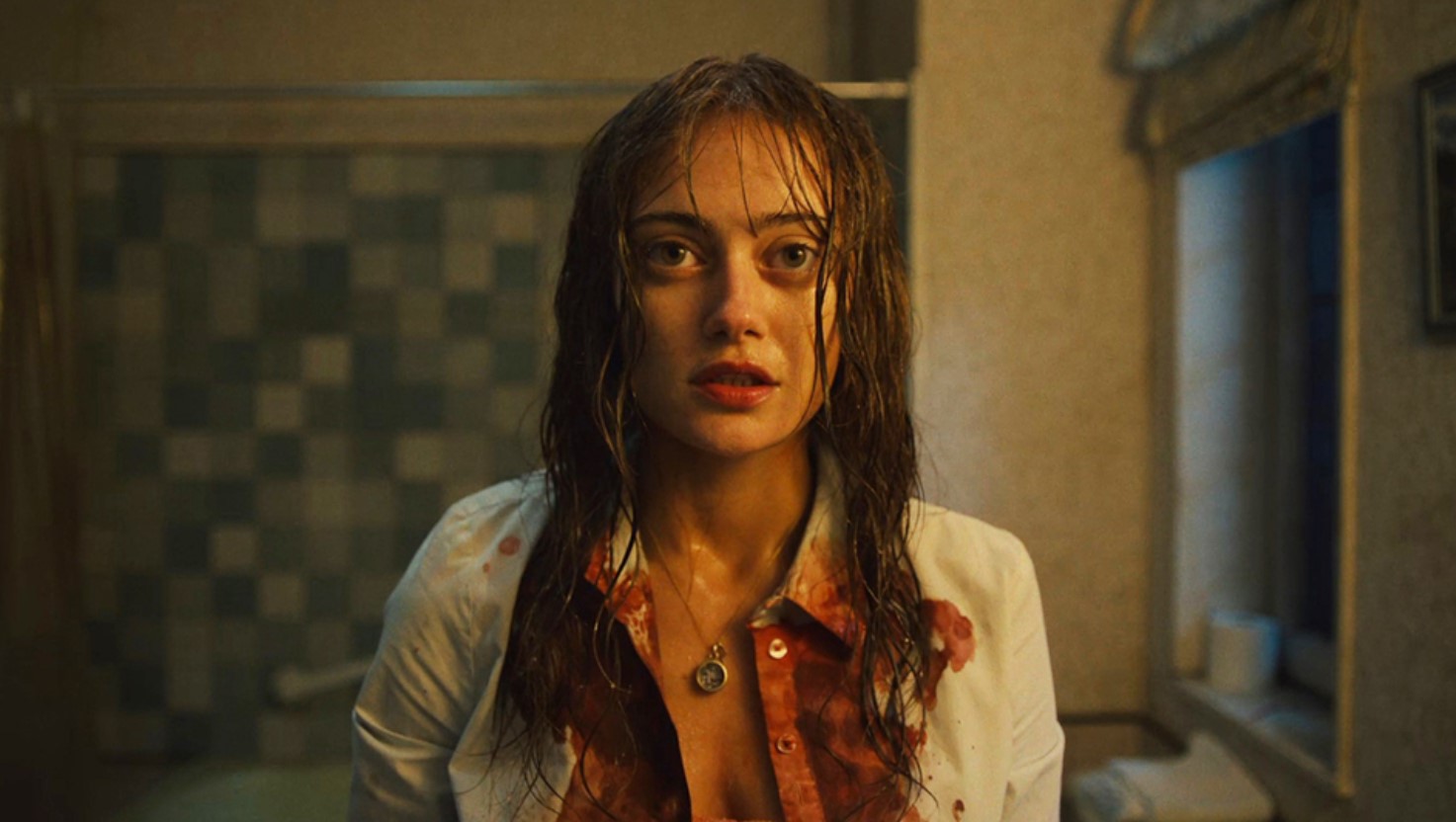




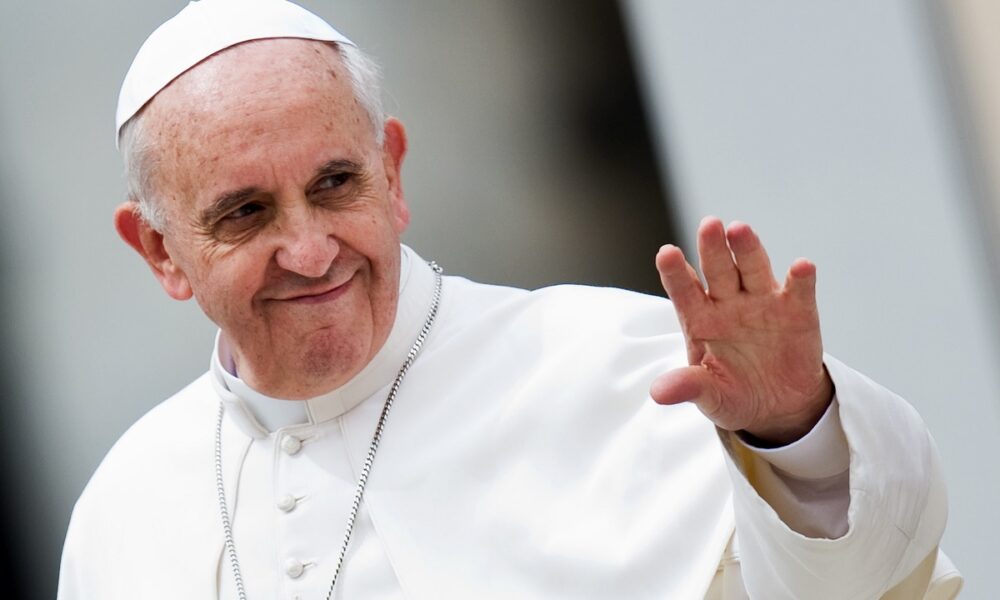
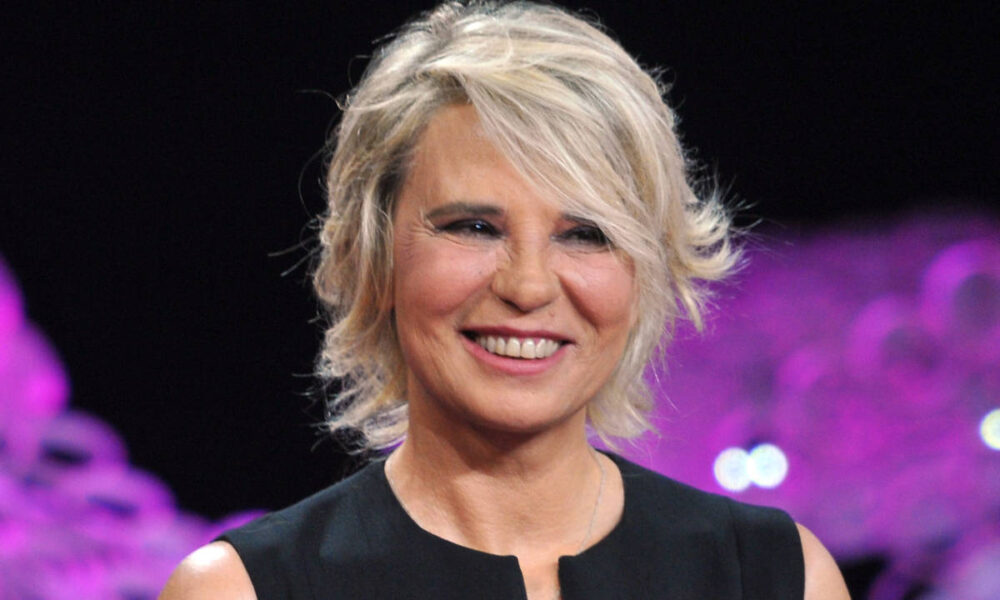
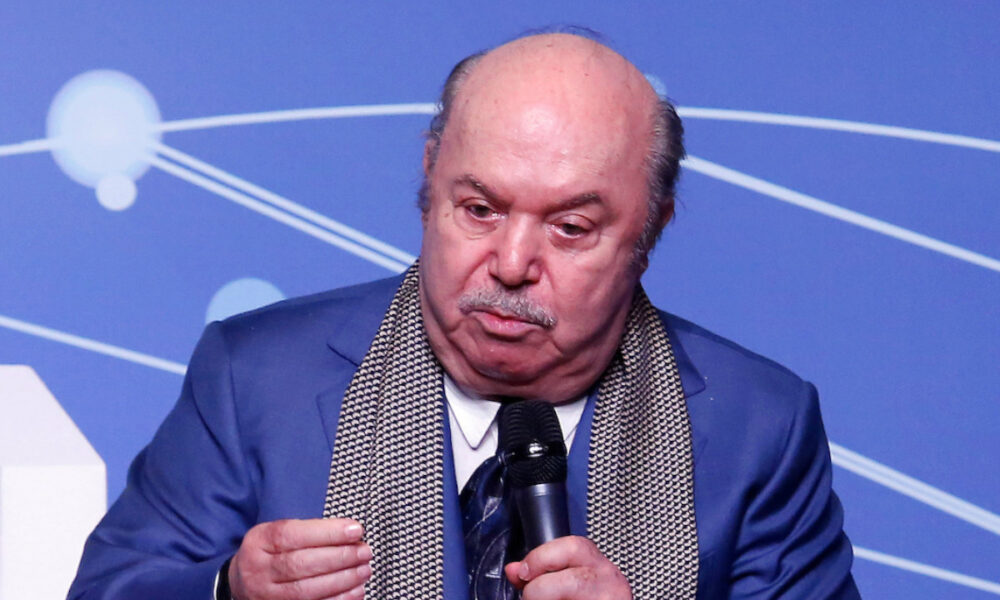


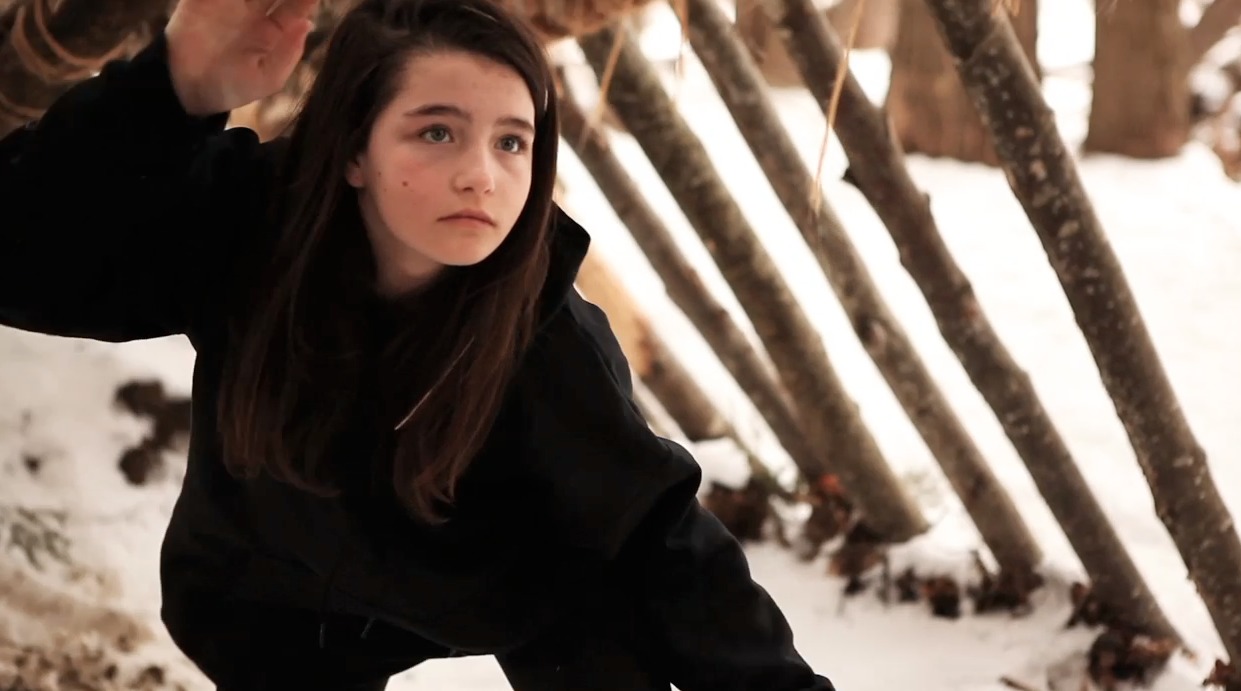
![Deputata di Trump festeggia la morte del Papa: “Il male è stato sconfitto” [FOTO]](https://www.lascimmiapensa.com/wp-content/uploads/2025/04/image-241.png)








